The CGI Rochester International Jazz Festival finished out another marathon nine days, inviting well over 200,000 music fans into downtown Rochester to enjoy over 300 sets of exceptional music in 19 different venues and outdoor stages. It was, and always is, a glorious slog, tiring, but fruitful and exhilarating. NYS Music was there absorbing as much as we possibly could.
At just about the midway point of the long haul, Christian Sands sat down at the baby grand in the intimate, beautifully wood-paneled and acoustically near perfect Hatch Hall. Seated at the bench ready to launch into his hour set he first addressed the crowd, “What I love about solo piano is, the possibilities are endless.” But that could be said about jazz in general, and this festival certainly exhibited that. Sands would proceed to take that piano for a ride through originals like “My Mother” and deconstructed covers like The Beatles’ “Blackbird,” adding bits of electronics and recordings here and there for an enthralling hour.
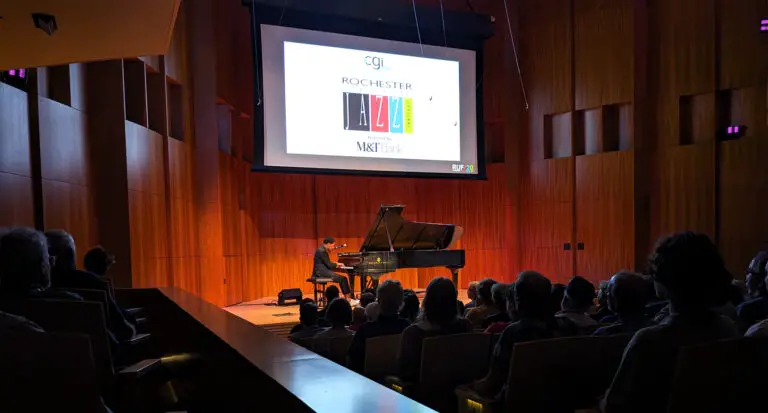
The very next night he would sit at the piano in the larger but equally beautiful Kilbourn Hall, this time joined by Marvin Sewell on guitar, Ryan Sands on drums and Isaac Levien bass for a set as a quartet. Possibilities? Still endless, as they frayed the edges of the music, finding gorgeous spaces in the drifting in and out of pieces.
The Rochester International Jazz Festival has run on it’s aphorism, “It’s not who you know, it’s who you don’t know.” But after 20 years of introducing festival-goers to what’s what in the world of jazz and music, they “know” a thing or two these days. Perhaps it’s time to shift the thinking to, “It’s who you know, and how well you know them”? Sands himself was returning from his sets in 2018 and in both cases gave the opportunity to see him both solo and with his band. People, then, through the festival, are able to see artists grow and shift through the years. They can also get unique perspectives difficult to obtain elsewhere, such as seeing Sands play solo and as a quartet in consecutive days.
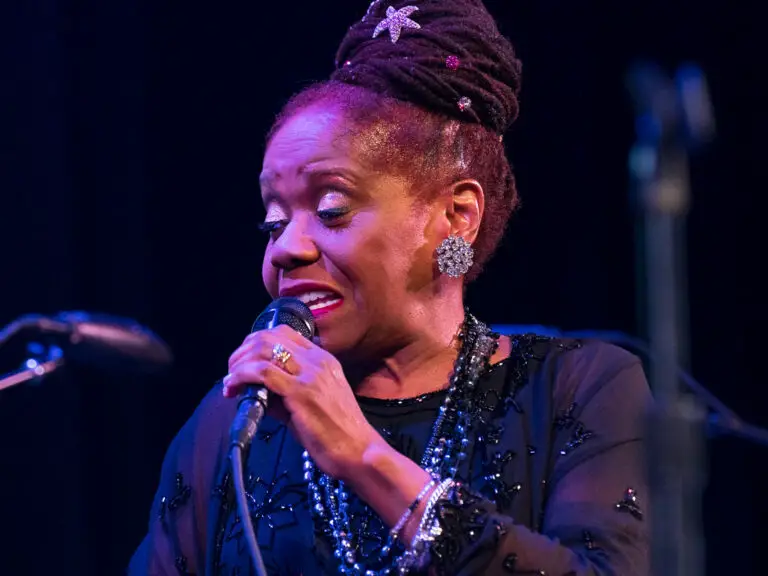
Appropriately, the 20th Anniversary lineup included some of the festival’s top returning artists. No one in Rochester needed to be introduced to Grammy-winning singer Catherine Russell when she took the Theater at Innovation Square stage in her eighth Rochester International Jazz Fest visit. Nor did anyone have any doubt who Trombone Shorty was when he wrapped up the festival with another packed show at Parcel 5 with his band Orleans Avenue. He was also making his eighth visit, after debuting at the Big Tent in 2010. At the same venue his cousin, Glen David Andrews, introduced himself to Rochester this year and wowed the crowd with a similar formula of nine parts leading a street party and one part blowing his trombone. Another fest favorite on the rise?
Scottish sax man Tommy Smith came back for his ninth festival, appearing through the years solo, in various duos and as a sideman. He returned with fellow Scot pianist Peter Johnstone for some sets of continuous improv at Hatch Hall. Smith’s searing horn weaving through Johnstone’s keys work for some magnificent and endlessly intriguing interplay. They worked the “Happy Birthday” theme into the improv, dedicated to the festival’s anniversary, a message that couldn’t have come from a more appropriate source.
But perhaps no artist has become more embedded in the fabric of the Rochester International Jazz Festival than guitarist Bill Frisell, returning for the tenth time this year. With Frisell, the more you know him, the more you love him. It’s a thrill to bear witness to each and every set, listening to his trio tease apart familiar themes in new and exciting ways each time, his distinctive tone ringing through your head. They fold melodies into an origami, creating dimension where there was none, different points coming together, wrapping atop each other in beautifully unsuspected ways. Their performance of “You Only Live Twice” that closed the early set, brought together all of these elements and then some, a highlight of this year’s visit.
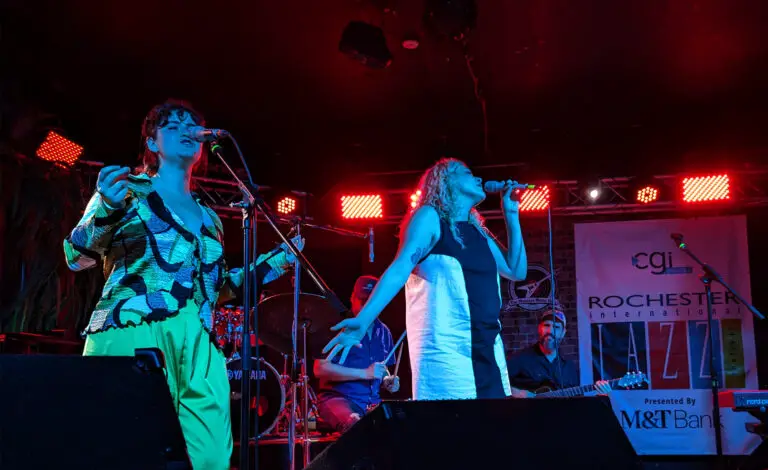
Guitarist Charlie Hunter took a different path, premiering at the festival with his trio in 2006, returning last year as a sideman for vocalist Kurt Elling and again this year as a sideman fostering the young talent in Victoria Victoria, a project from soul singer Tori Elliott. Hunter was more than happy to give Elliott the spotlight though he did carve out some space to show off some of his signature guitar/bass chops.
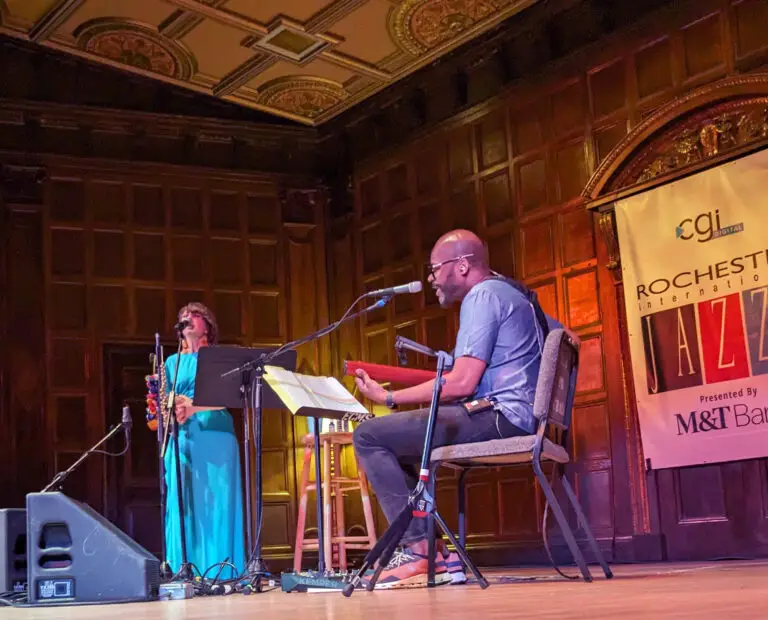
Lionel Loueke made his third appearance at the festival, appearing with Gretchen Parlato at Kilbourn Hall, to perform material off their latest release, Lean In. They met 22 years ago, the same year the festival began, at their auditions for the Thelonious Monk Institute of Jazz. There they performed for a panel of Wayne Shorter, Herbie Hancock and Terrance Blanchard. And for their festival set, they played their interpretation of Shorter’s “Juju,” an assignment way back when by Blanchard himself. The rest of the set was filled with the joyous, melodic and very rhythmic pieces from their album. Loueke’s unique guitar and rhythmic vocals, Parlato’s beautiful scatting and singing, coming together in a one-of-a-kind enchanting dance. Another special set inside the hallowed Kilbourn Hall for sure.
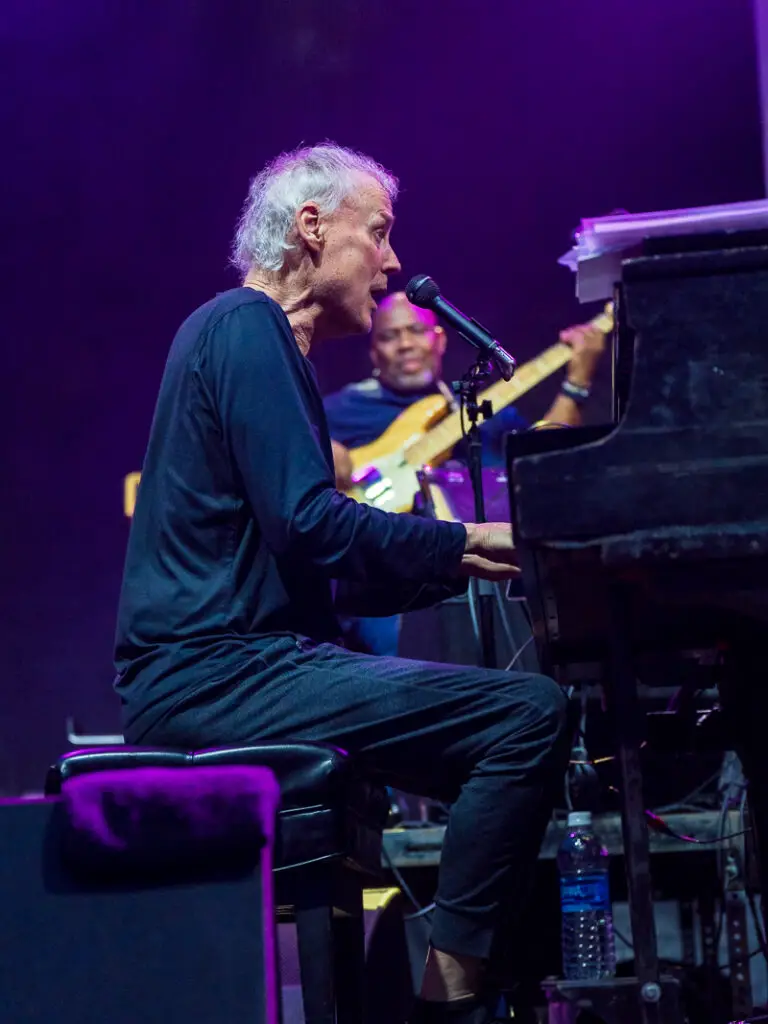
Bruce Hornsby returned to the Rochester International Jazz Festival after headlining in 2016, this year opening the Parcel 5 stage that Trombone Shorty would burn down four nights later. Even if it were his first festival, with longtime hits like “Mandolin Rain” and “The Way It Is,” and a stint with the Grateful Dead, this was a man who needed no introduction. Still, he tried to appease the “jazz” crowd with a jazz-aesthetic in songs like “Sneakin’ Up on Boo Radley” and “Spiderfingers.” Hornsby and his band The Noisemakers hit that aesthetic even more so in the way they handled the material, stretching it in new and interesting ways, adding riffs and themes making the familiar, like “End of the Innocence,” feel fresh and new. The “possibilities are endless.”
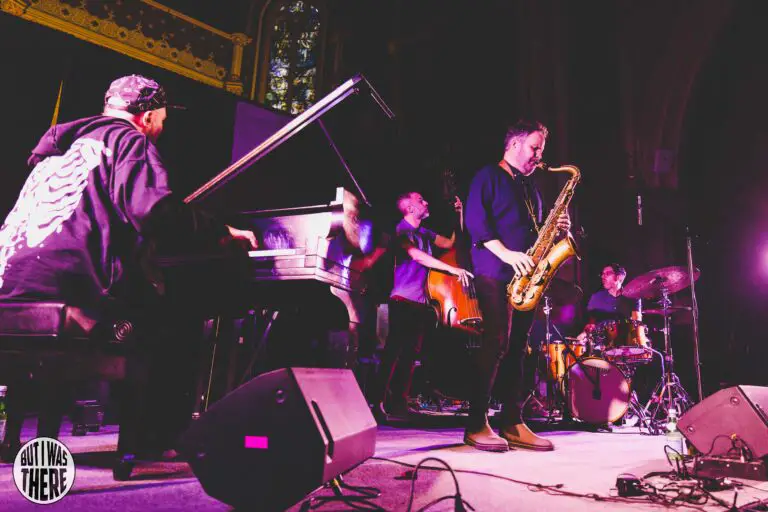
Drummer Mark Guiliana first made it to the festival in Rochester as a member of Avishai Cohen’s band 20 years ago, and has since returned in various groups. But this year he came for the first time as a leader. His quartet, featuring Jason Lindner on piano, Chris Morrissey on base and Jason Rigby on tenor sax, blasted through their set at a packed Christ Church. Each instrument took on a life of its own, telling its own story. Yet somehow, the sounds magically worked together to create a cogent cacophony, sometimes quietly, sometimes with ferocity. The crowd, generally fleeting at this festival, off to capture other overlapping sets, were glued to the pews, stunned and delighted. The church remained packed to the last notes.
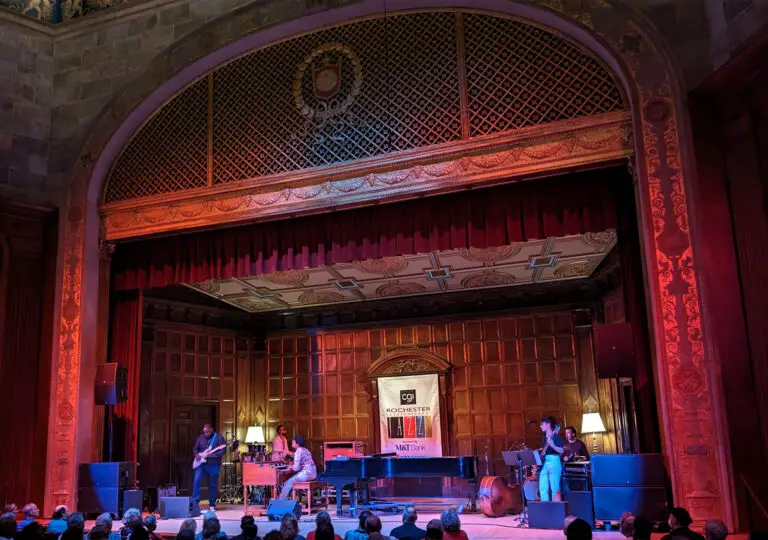
Of course, in the ever burgeoning world of jazz, there is always room for discovery and there were plenty of newcomers to fill in the “it’s who you don’t know” bucket. Matthew Whitaker and his group took the familiar for some unfamiliar rides, adding his spins to everything from Brubeck’s “Take Five,” to Eddie Harris’s “Freedom Jazz Dance,” and Chick Corea’s “Spain.” Whitaker flipped his playing between piano, synthesizer and B3 organ effortlessly, bringing new energy and fresh perspectives to some well-worn material.
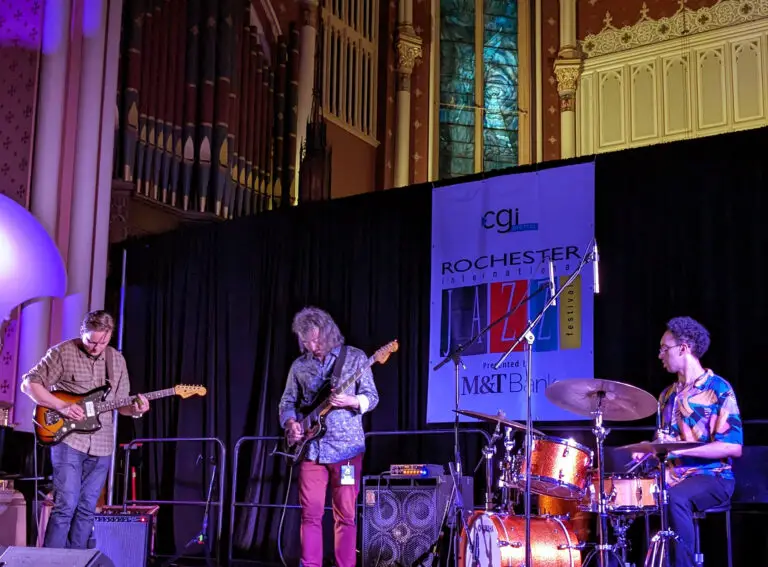
Oslo’s Oddgeir Berg Trio provided the yearly Nordic discovery at the festival. A melodic and very tight keys trio, they added elements of rock music to some at-times chaotic and schizophrenic pieces, making for a very intriguing and satisfying set. Guitarist and vocalist, Albino Mbie, from Mozambique, brought an absolute melting pot of a band, representing Brazil, Cuba, Panama and the U.S., single-handedly fulfilling the “International” portion of the festival’s name. Mbie led the band through his sunny African soul music with slick guitar work and excellent vocals, including a fully vocalized drum solo. Guitarist Olli Hirvonen, native of Finland but based in Brooklyn, brought a trio that was more instrumental rock than fitting into any preconceived jazz sect, falling into the “endless possibilities” category. Tough to categorize and tough to describe, their sound combined elements of Explosions in the Sky with Pat Martino, soaring and cinematic with splashes of mind-melting fusion.
South African pianist Nduduzo Makhathini made his Rochester International Jazz Festival debut with Francisco Mela on drums and Zwelakhe Duma Bell La Pere on bass. Makhathini gave the piano a full-body workout, slamming his Nike high tops on the sustain pedal with gusto, filling Kilbourn Hall with notes echoing and reverberating long after their intended moment. The pieces found a groove in textures more than in melody, bass, drums and piano equally contributing to the resulting tapestries. Makhathini broke from the music for a couple short lessons on the importance of music in South African history and culture, and his philosophies behind his music, lending an extra layer of importance to an already highly elevated live experience. He doesn’t compose music, rather he “taps into sounds that already exist in the universe.” No wonder then that the “possibilities are endless.”
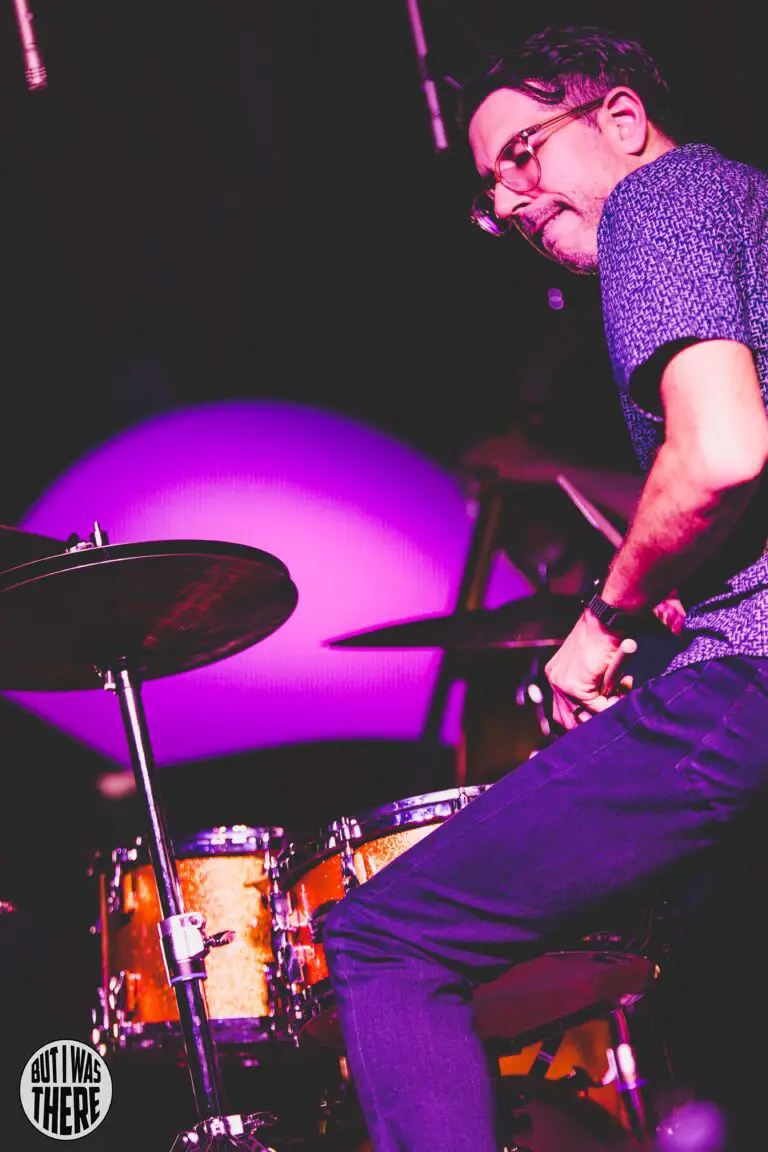
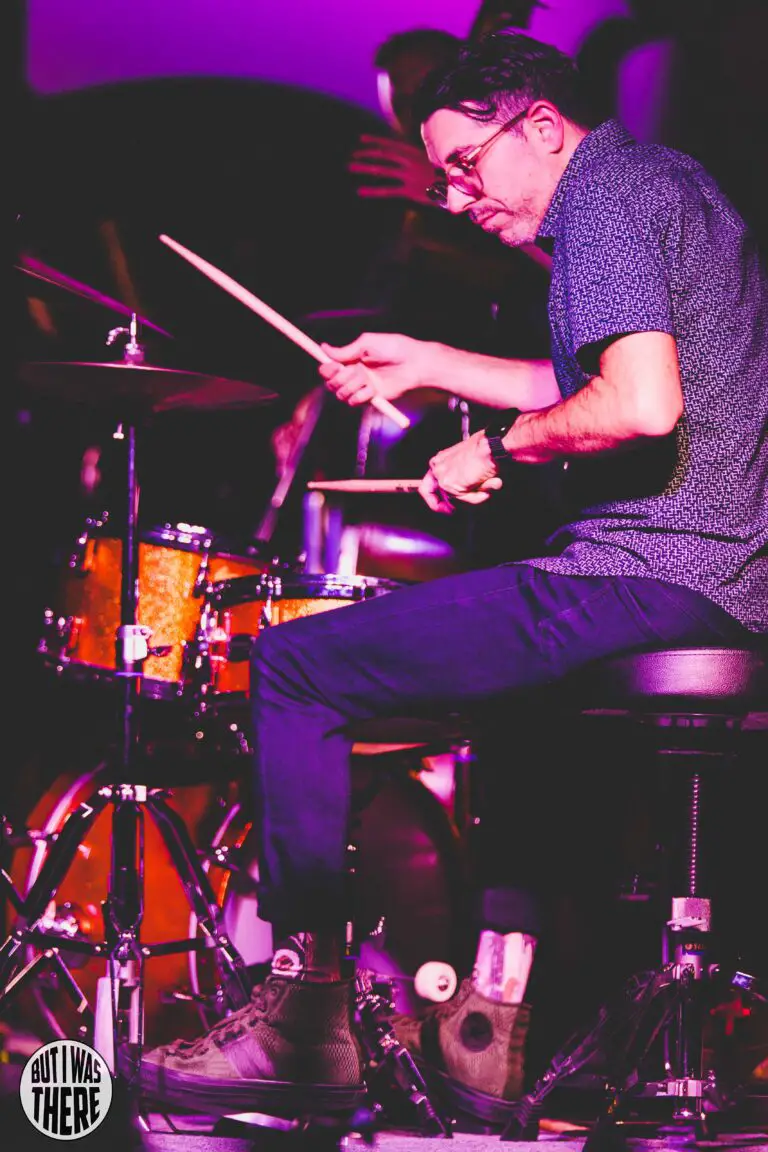
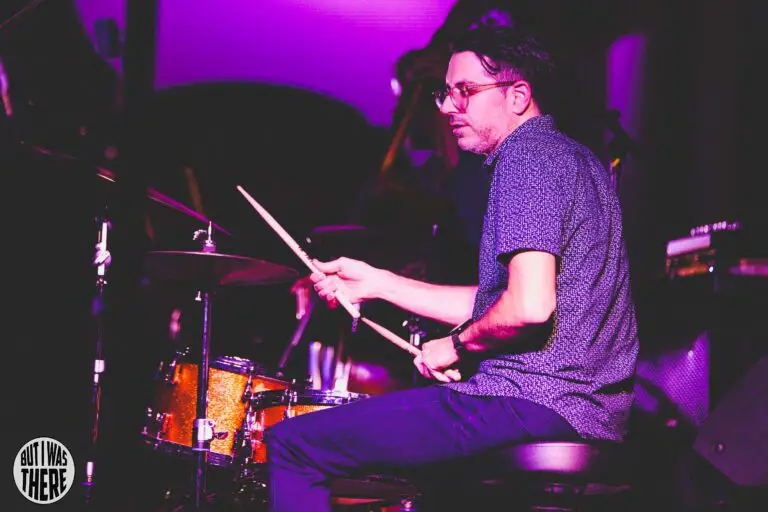
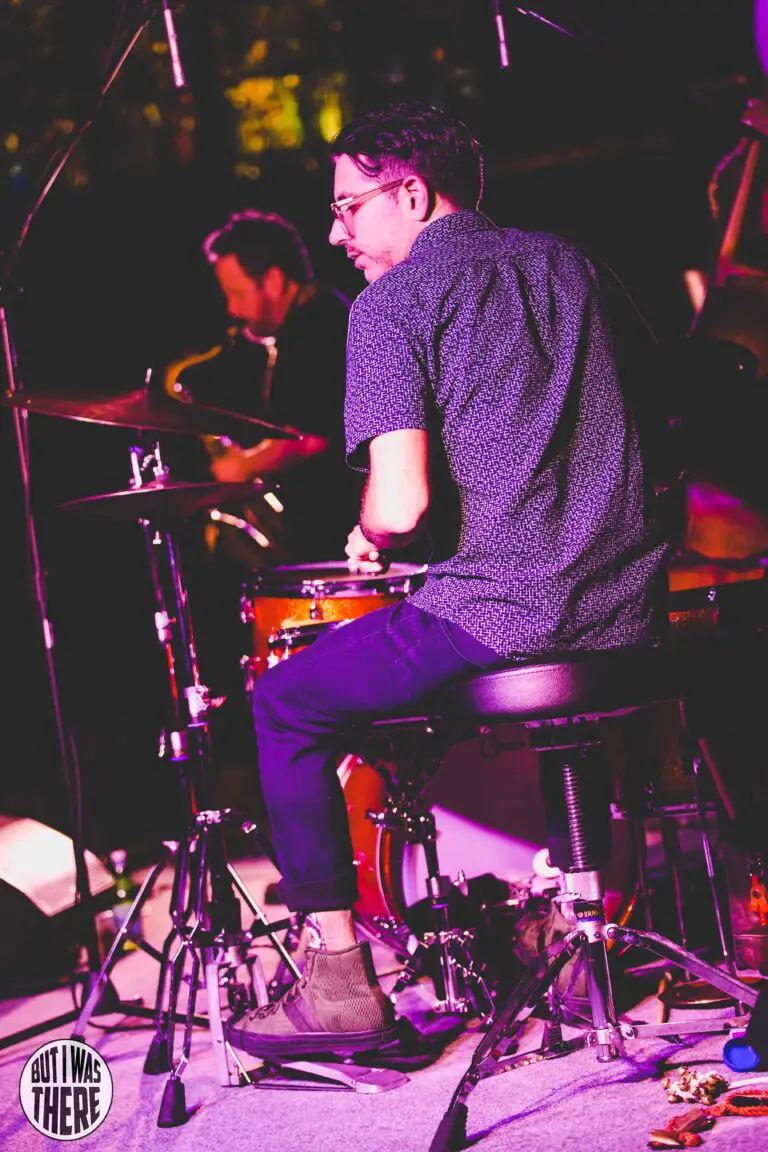
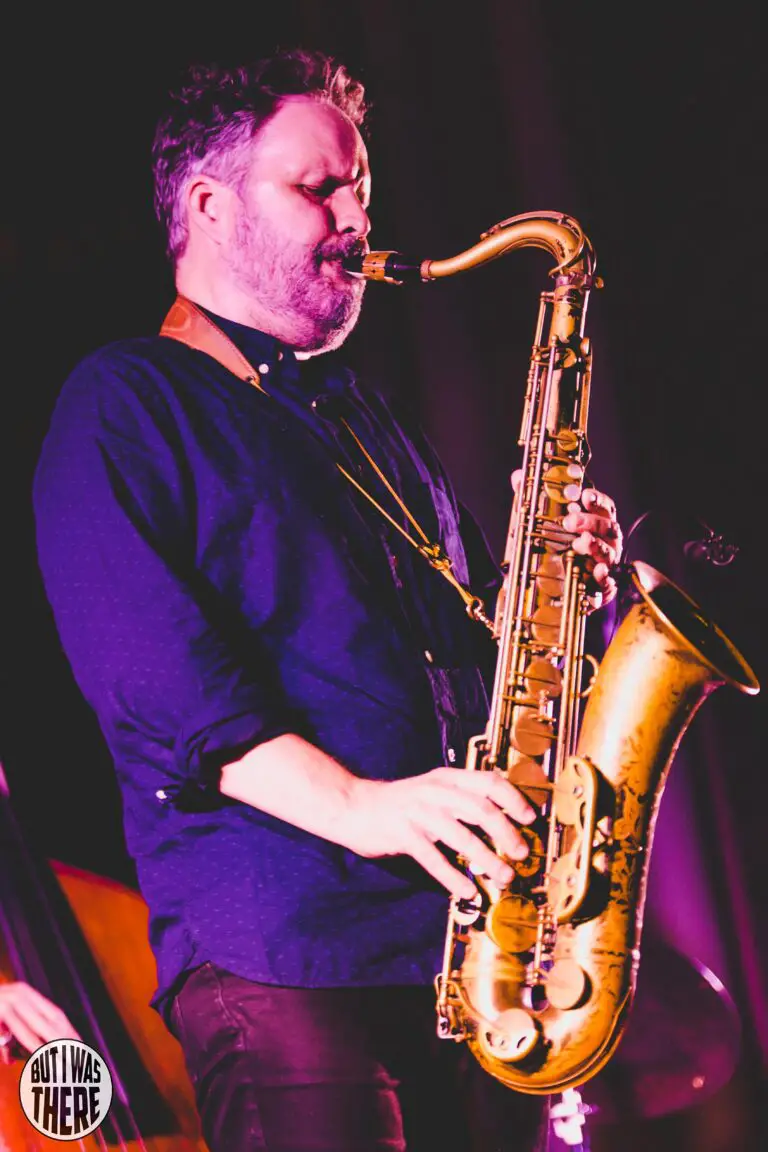
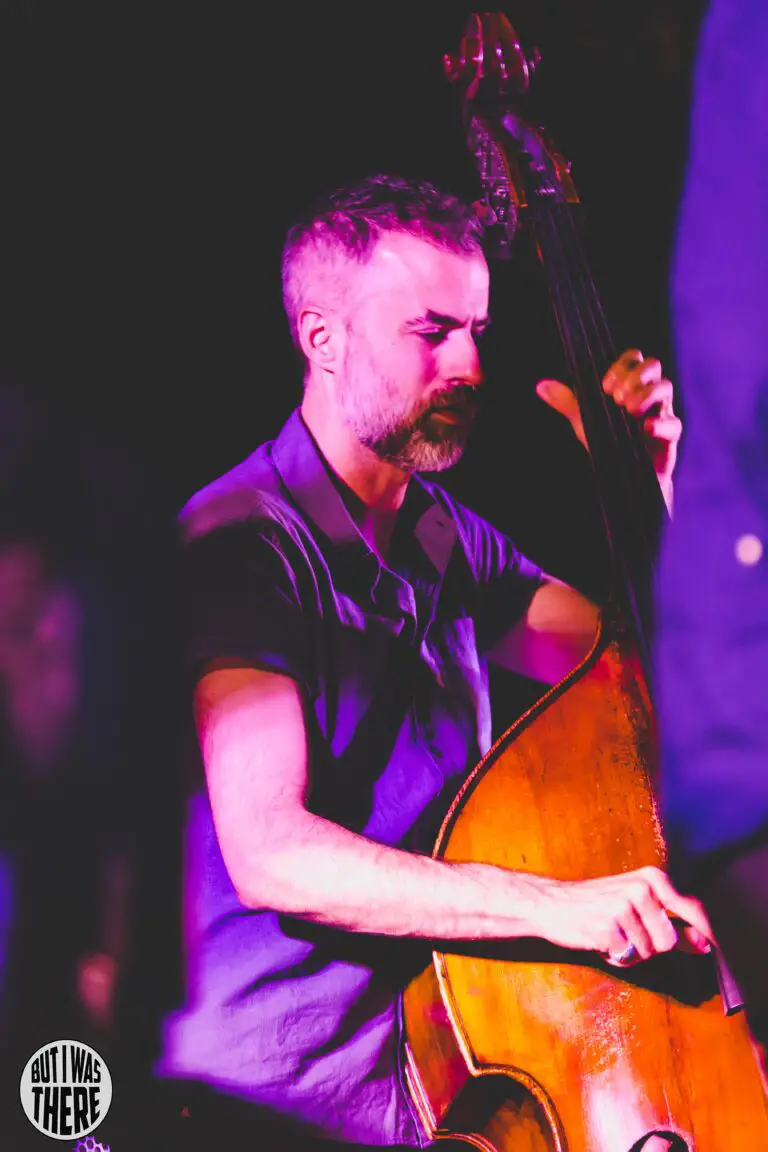
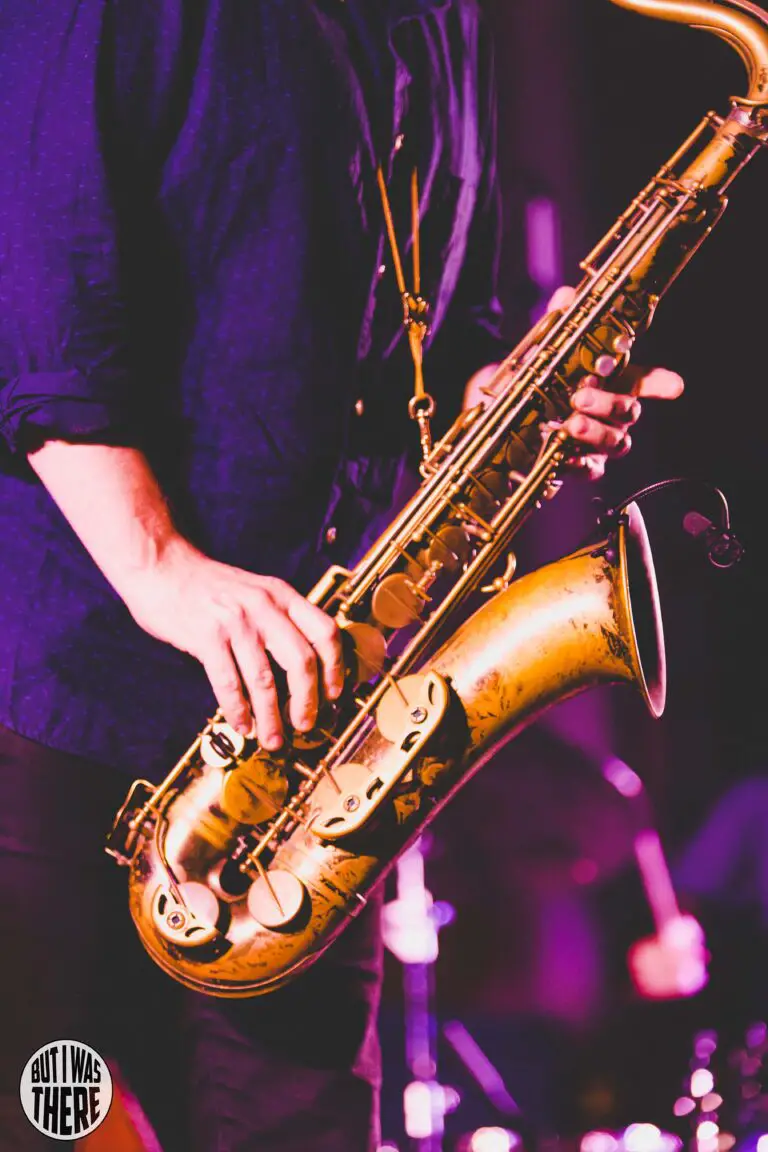
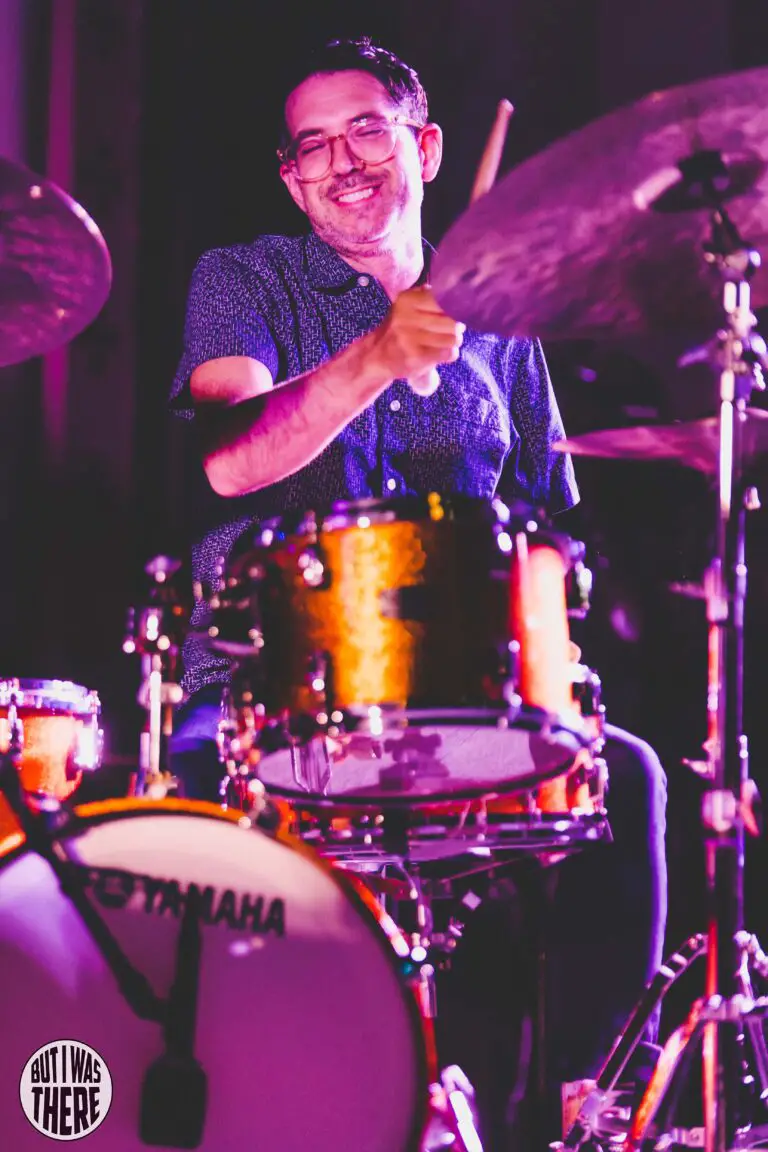
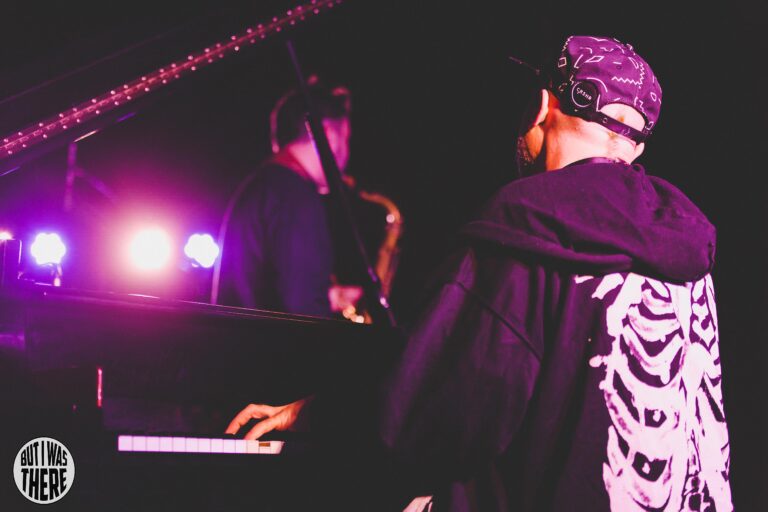
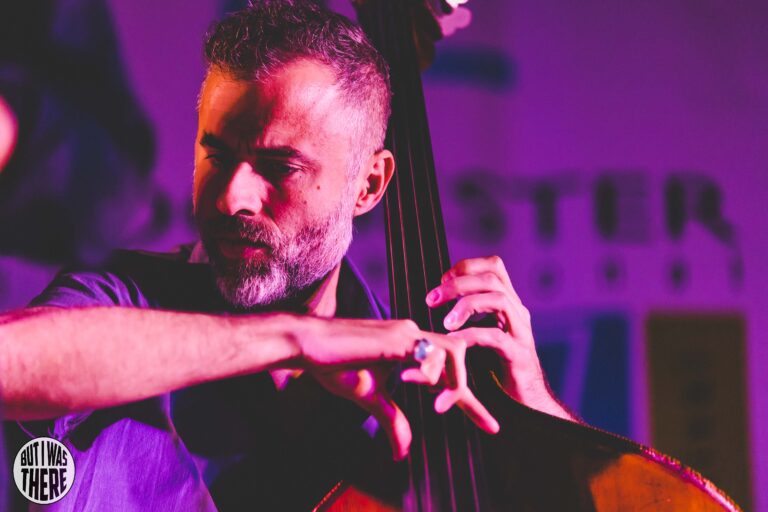
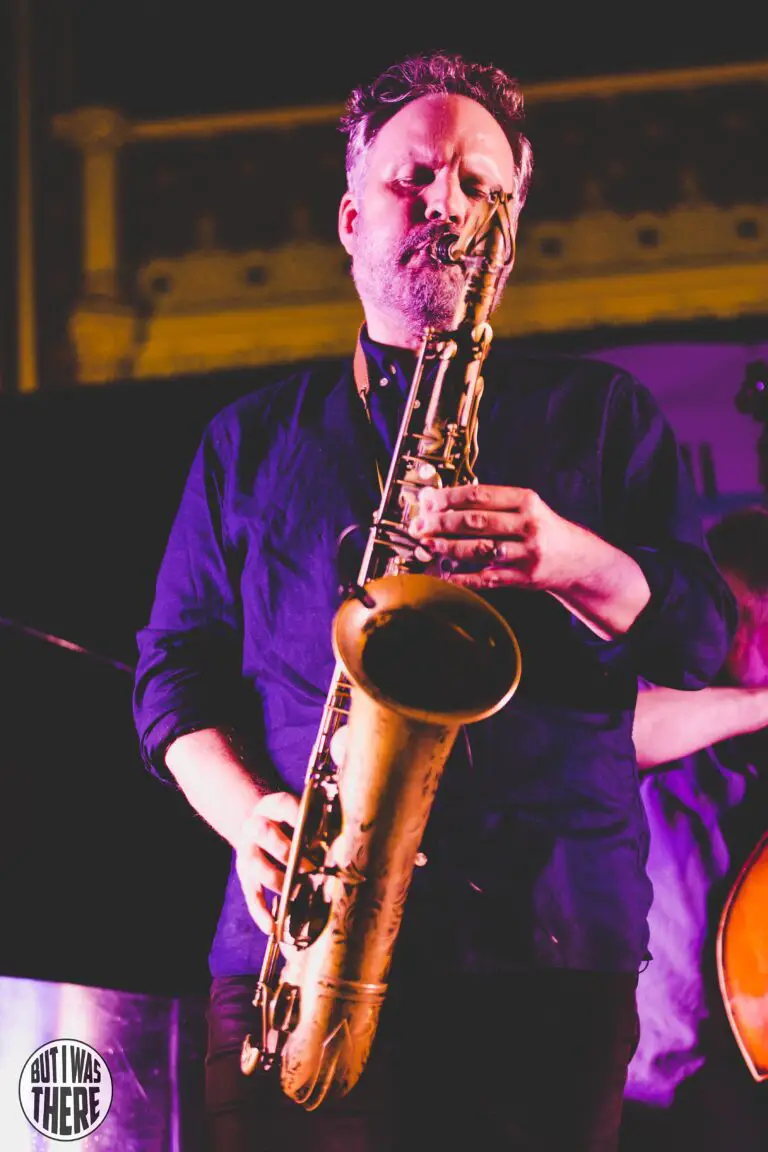
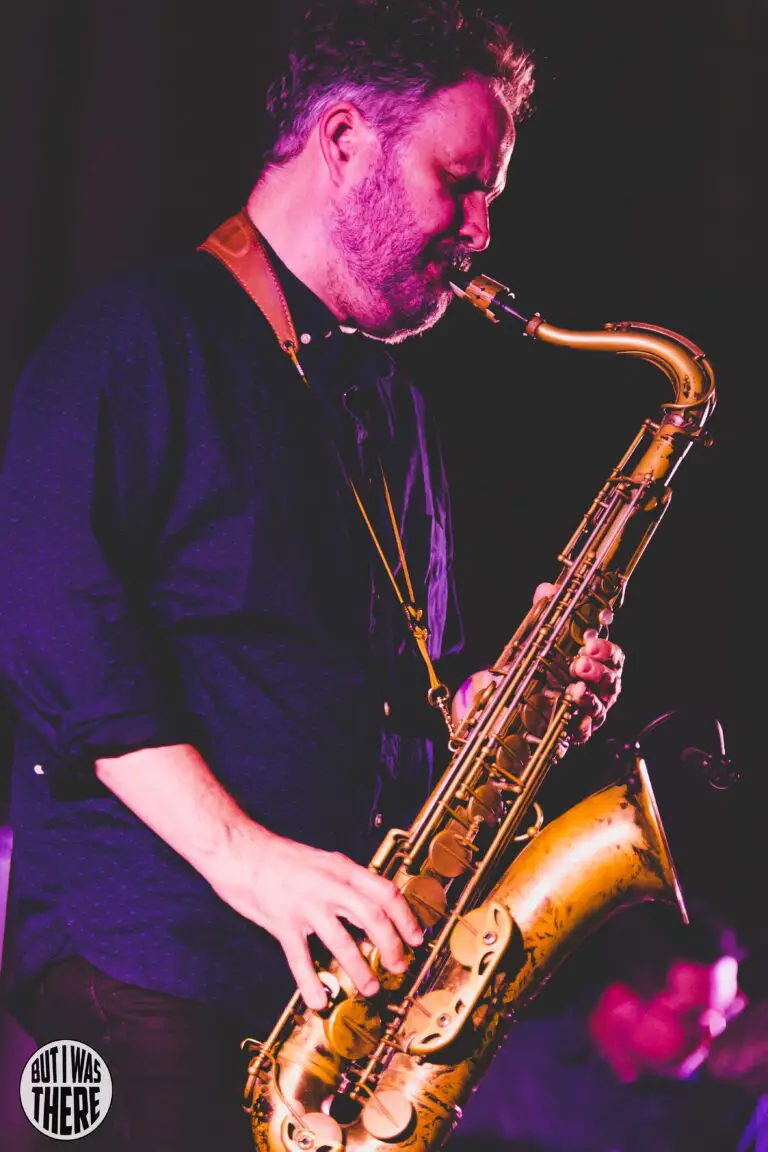
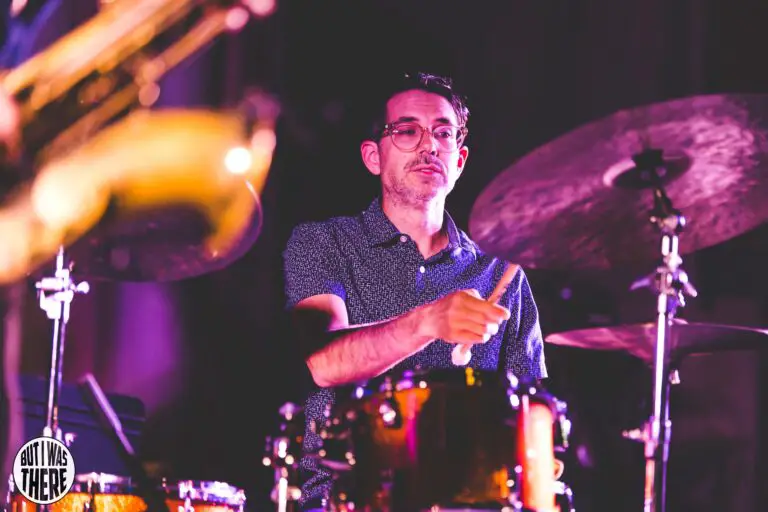
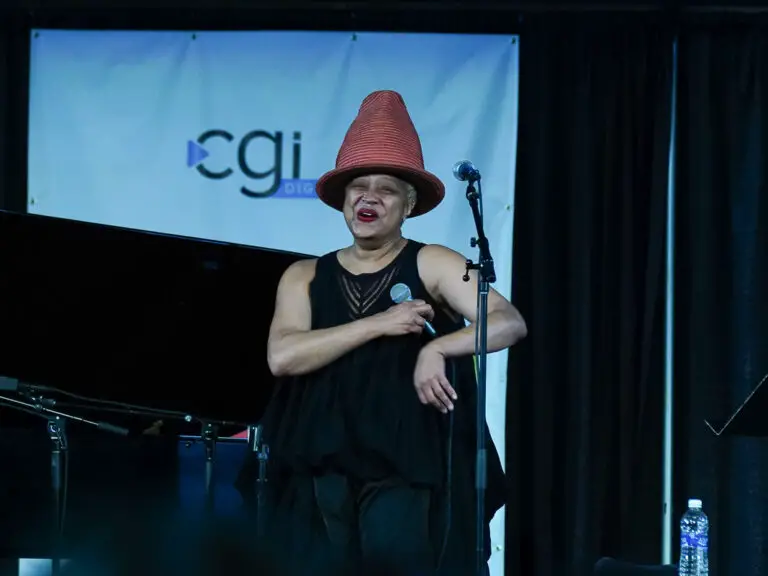
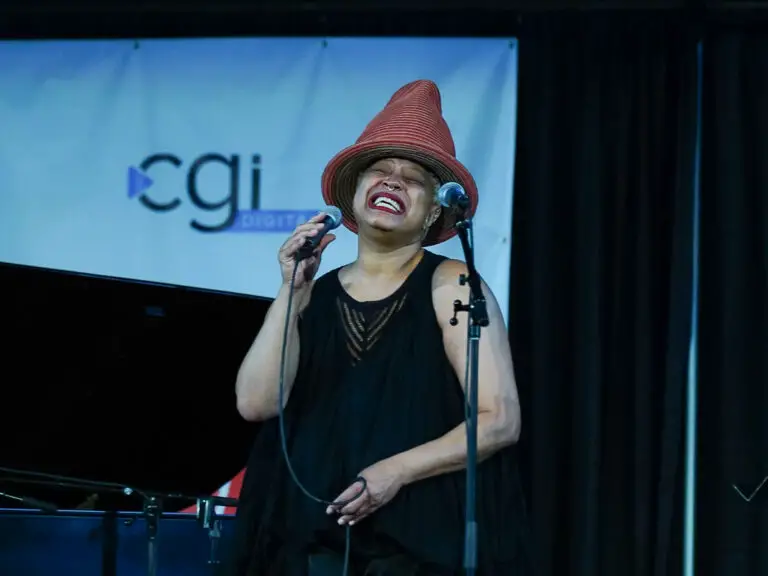
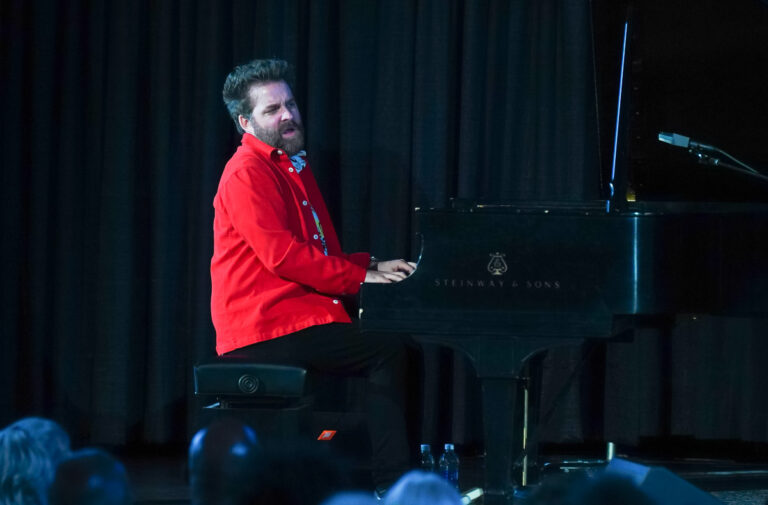
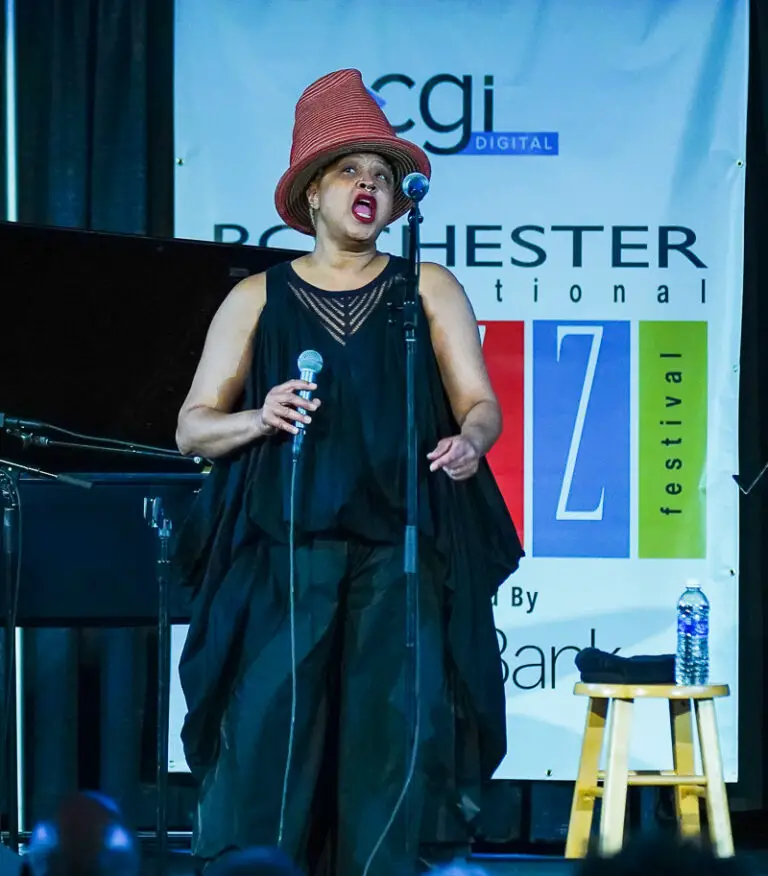
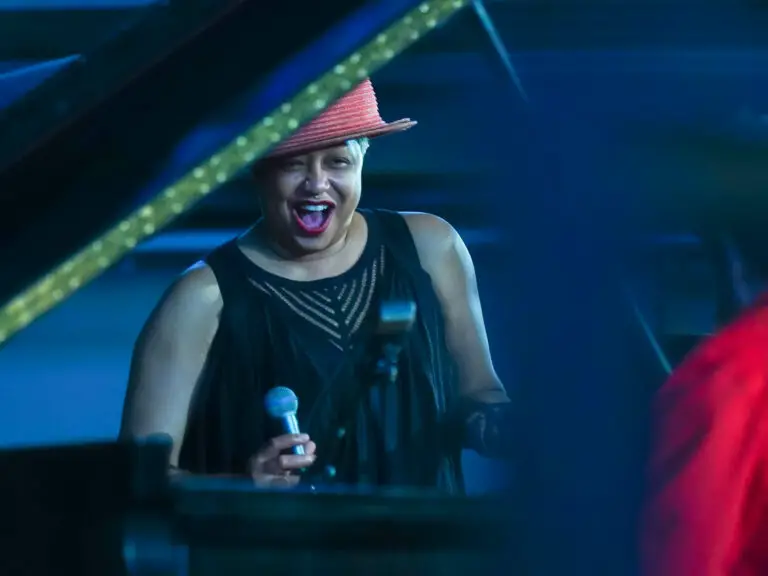
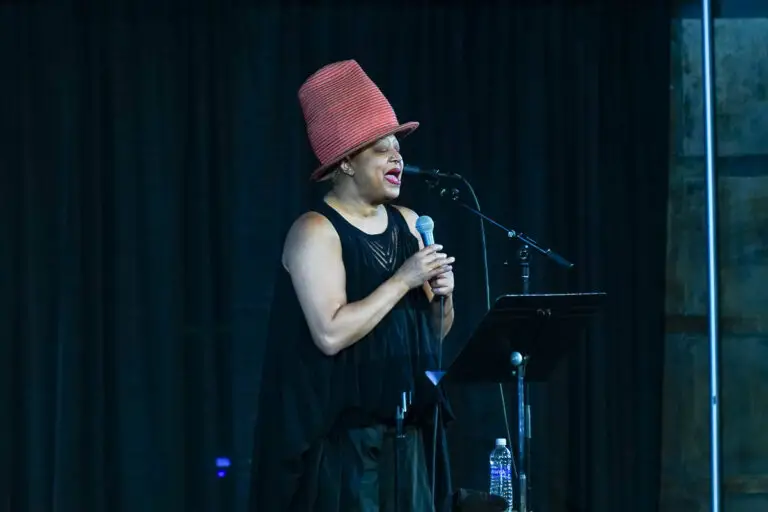
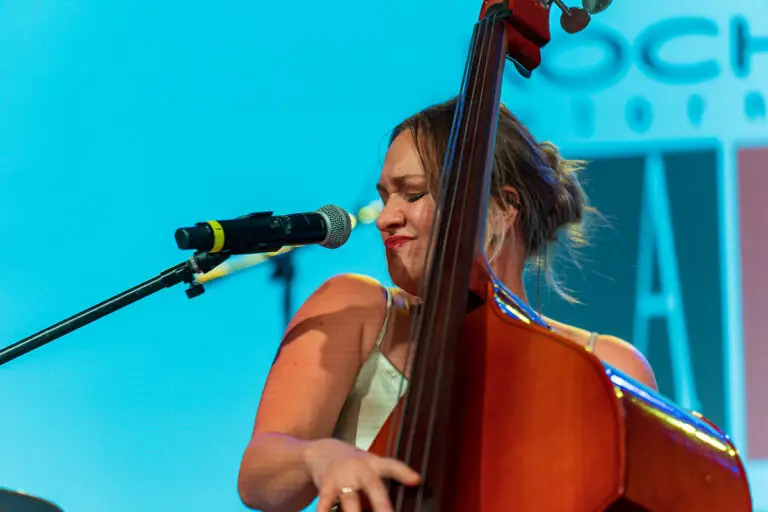
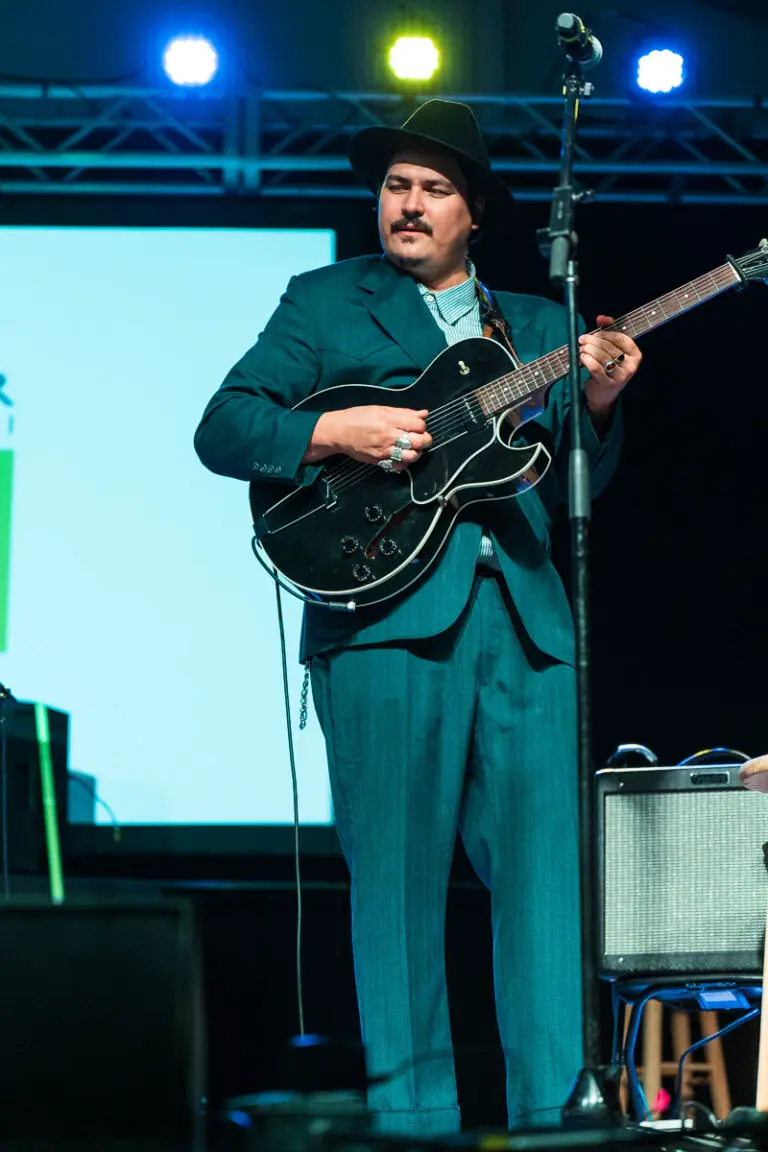
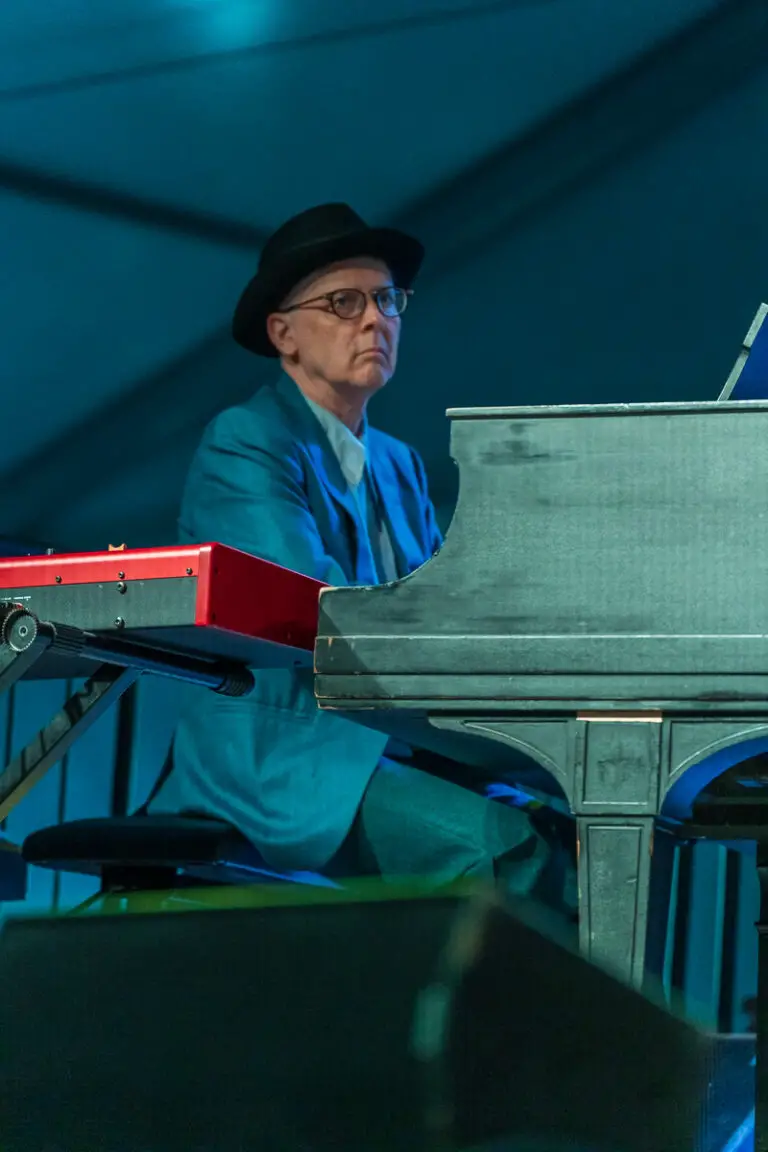
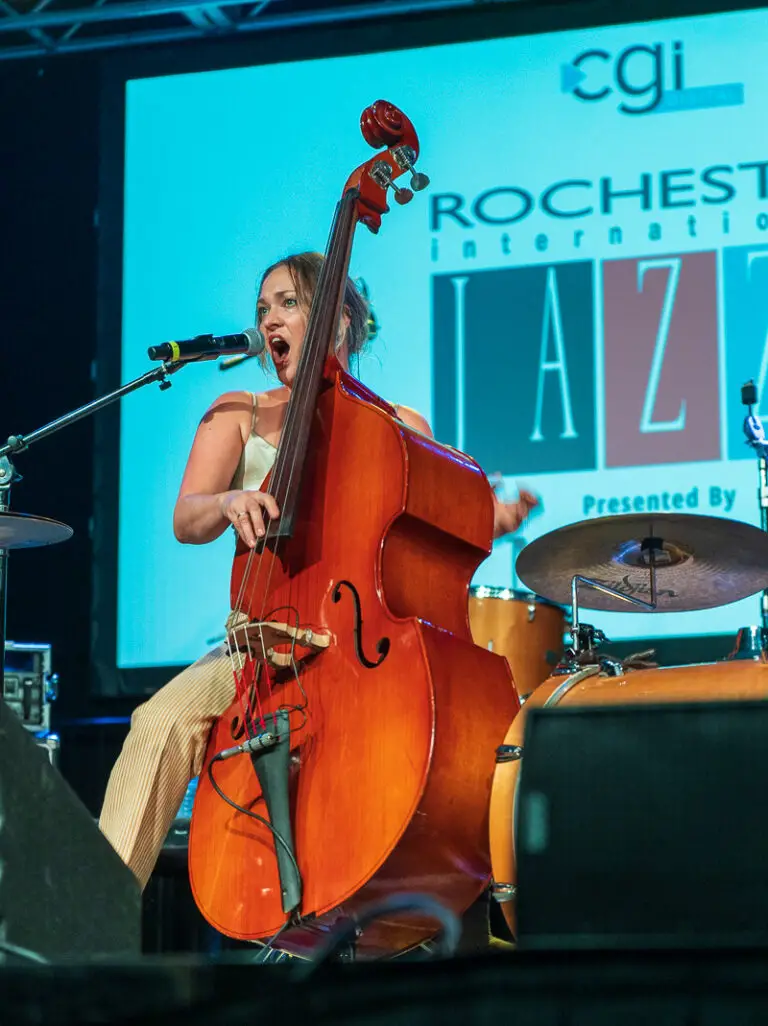
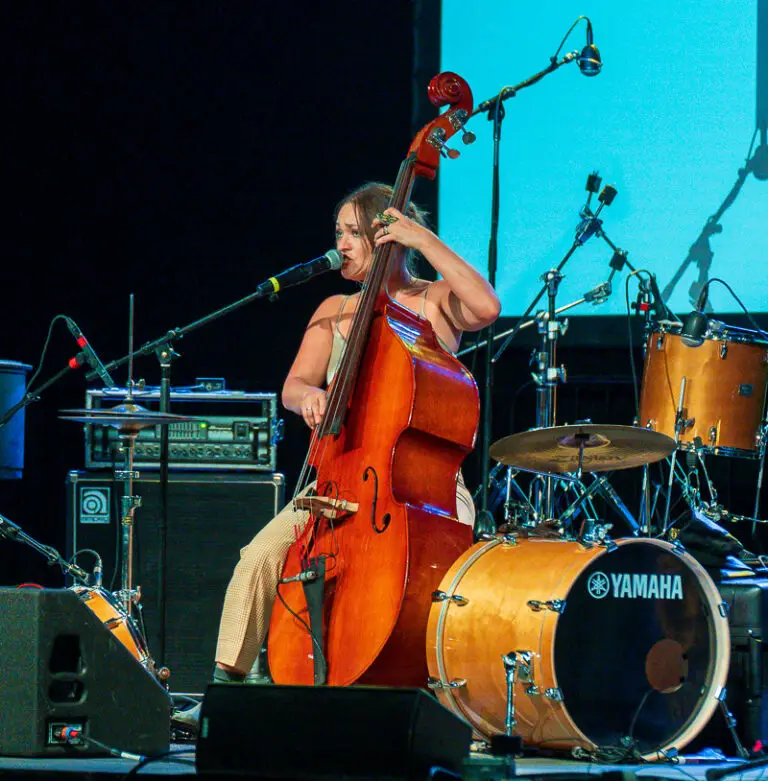
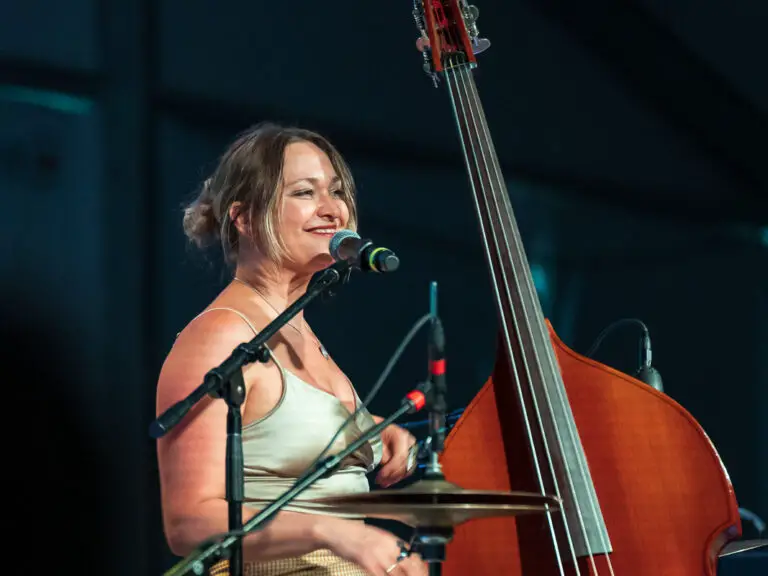
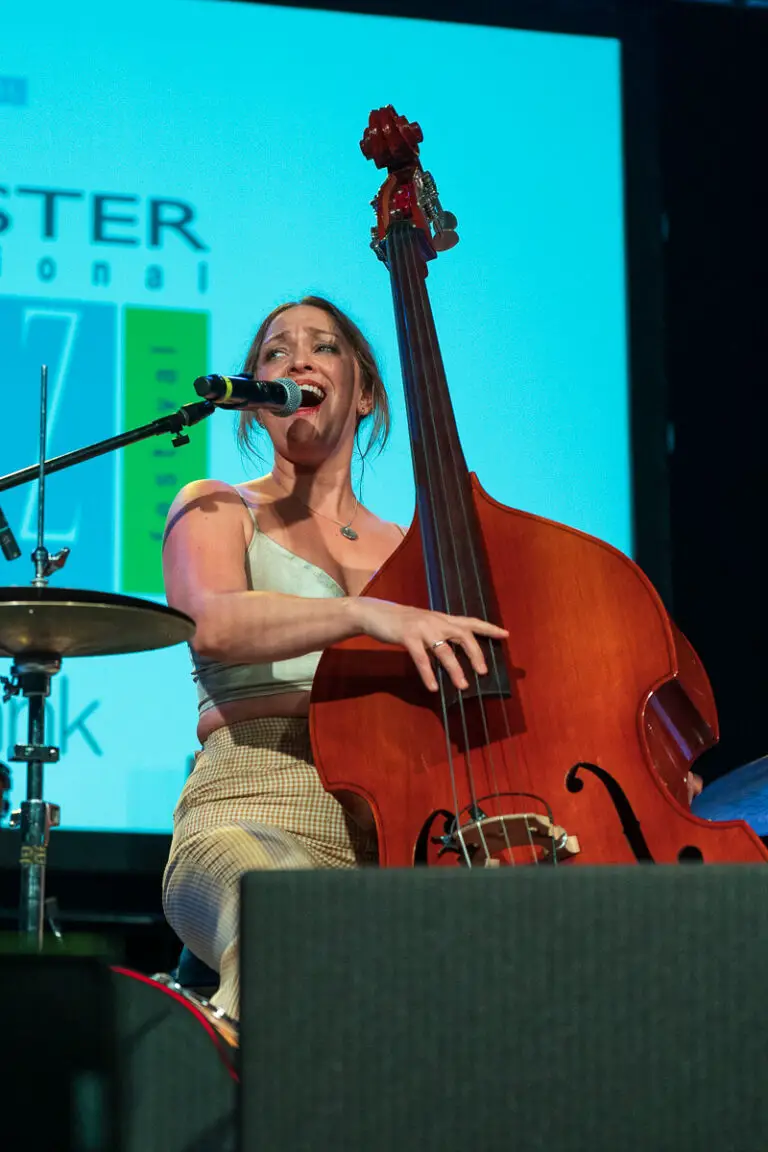
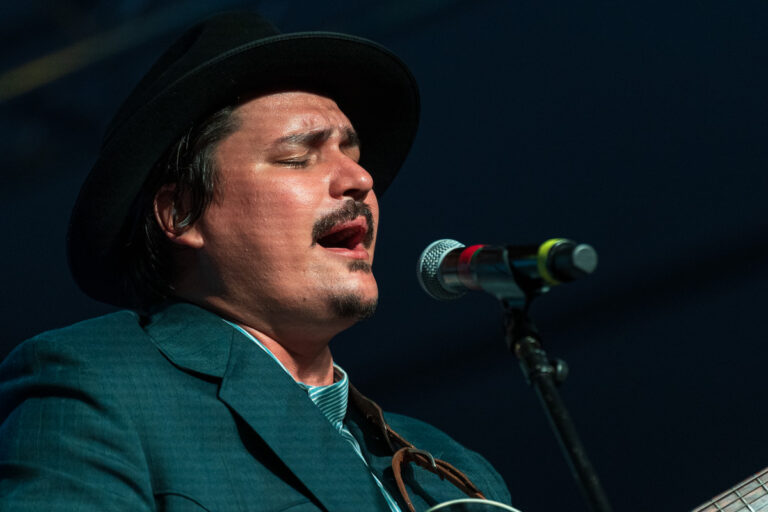
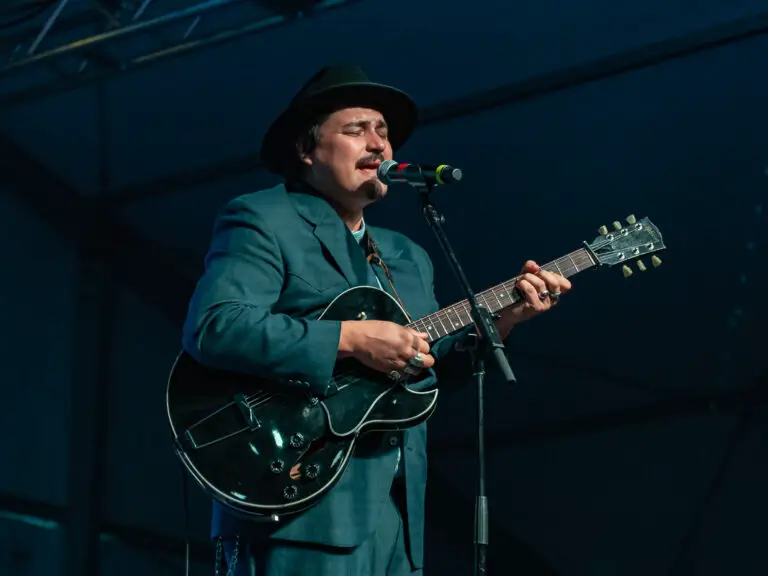
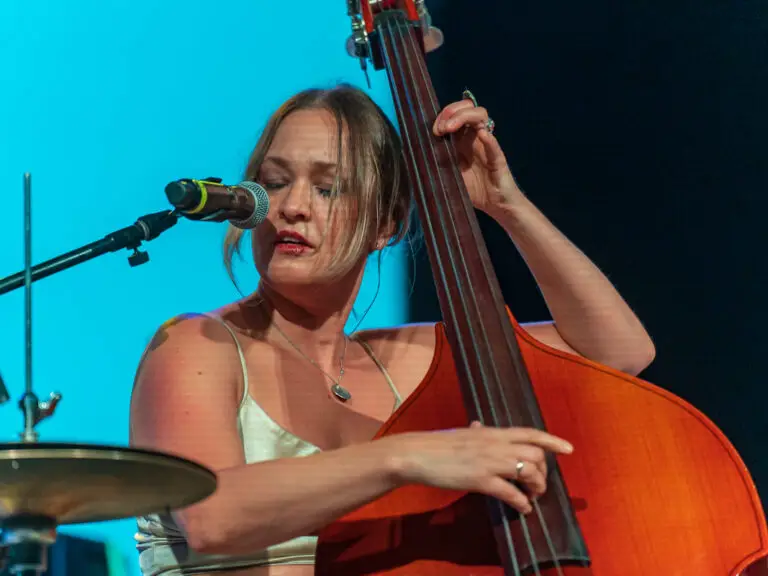
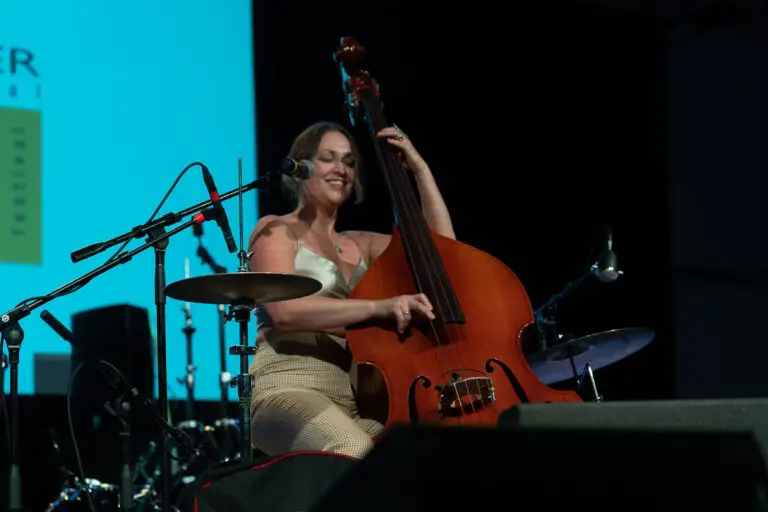
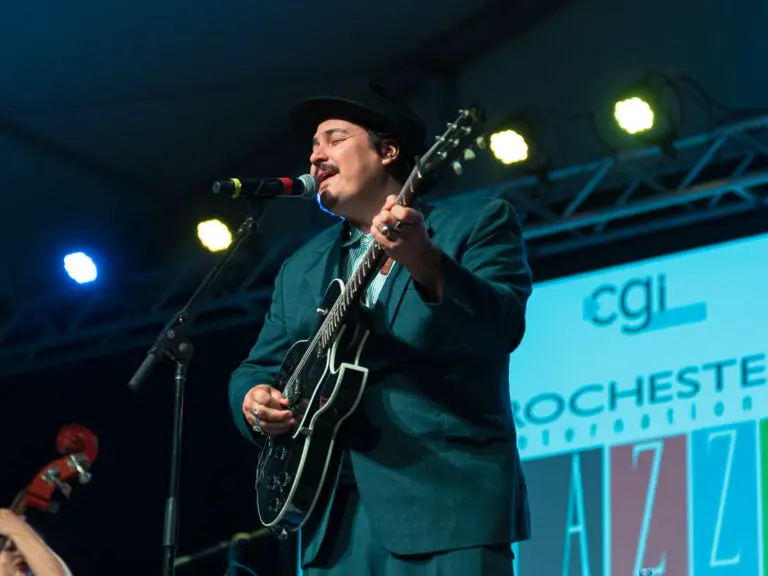
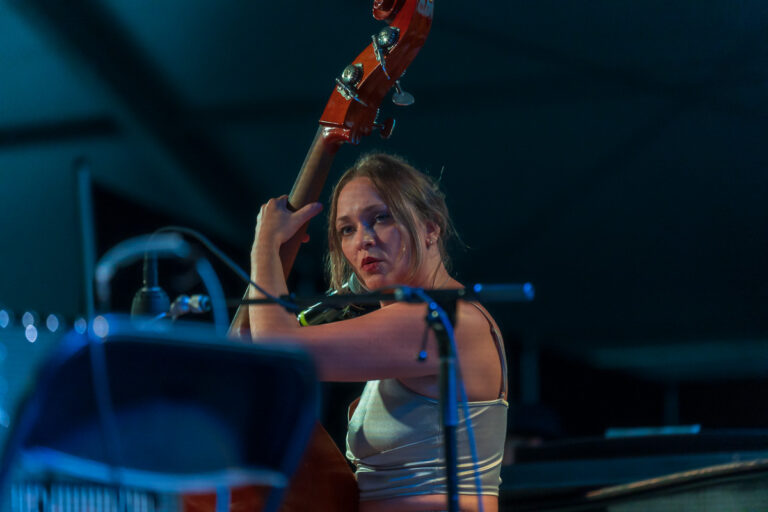
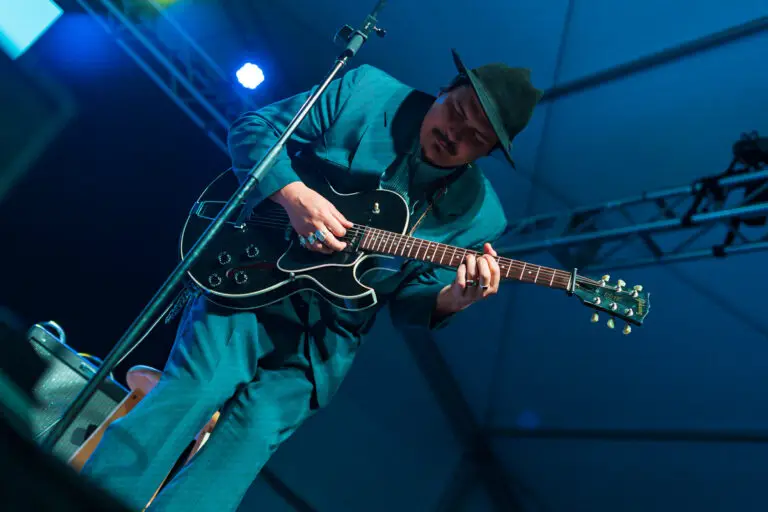
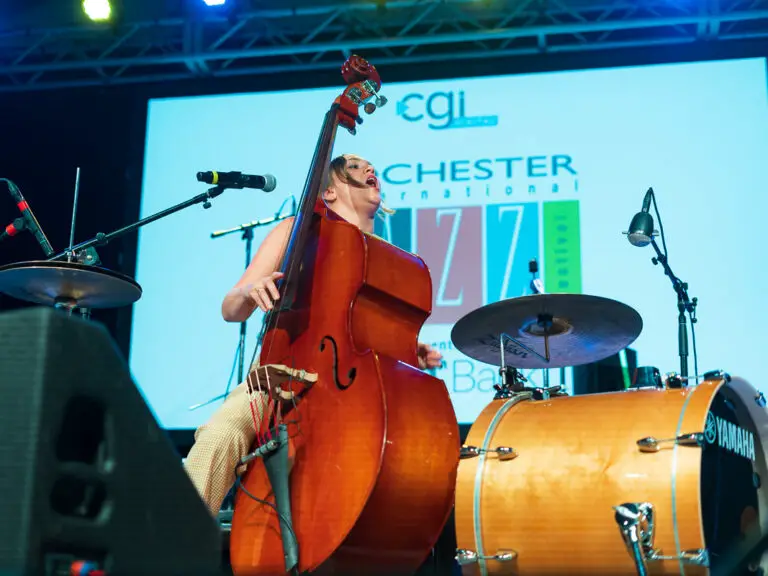
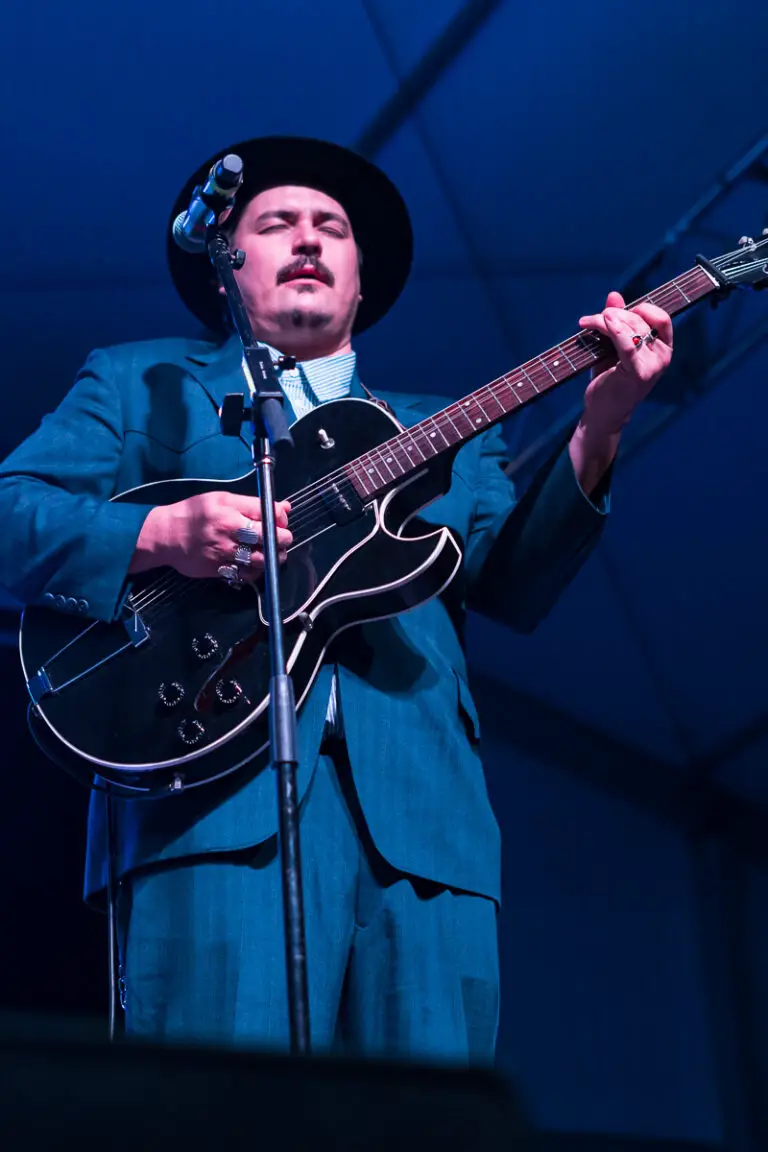
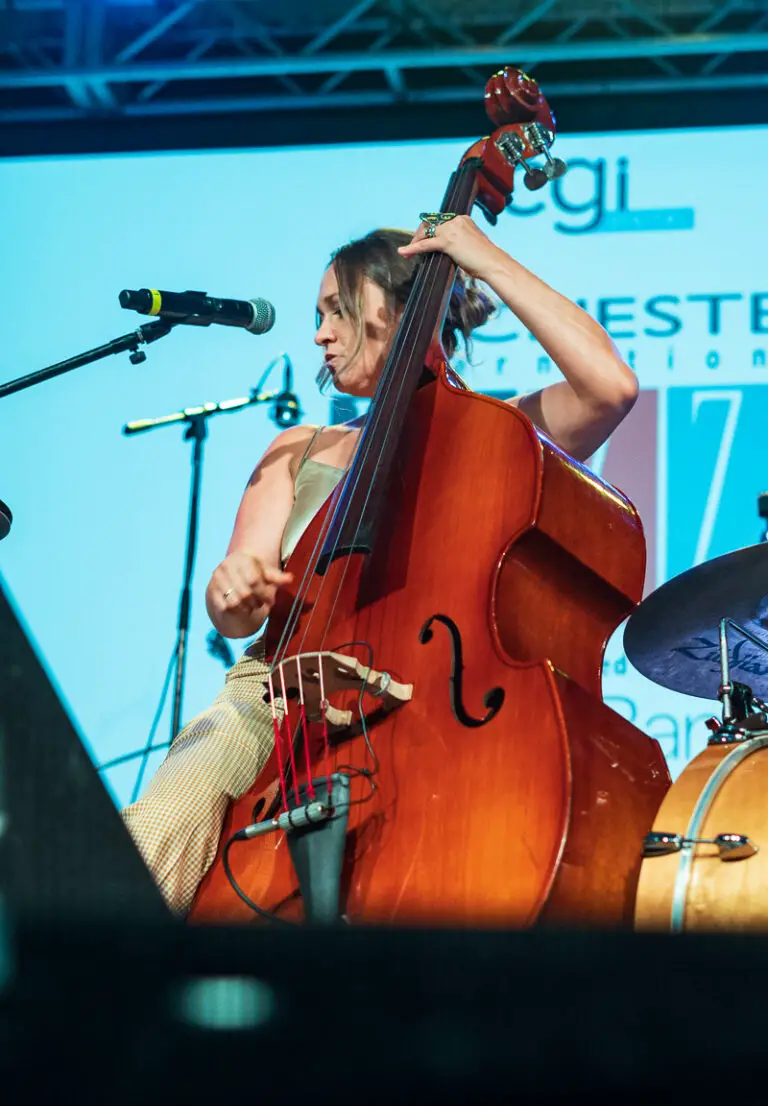
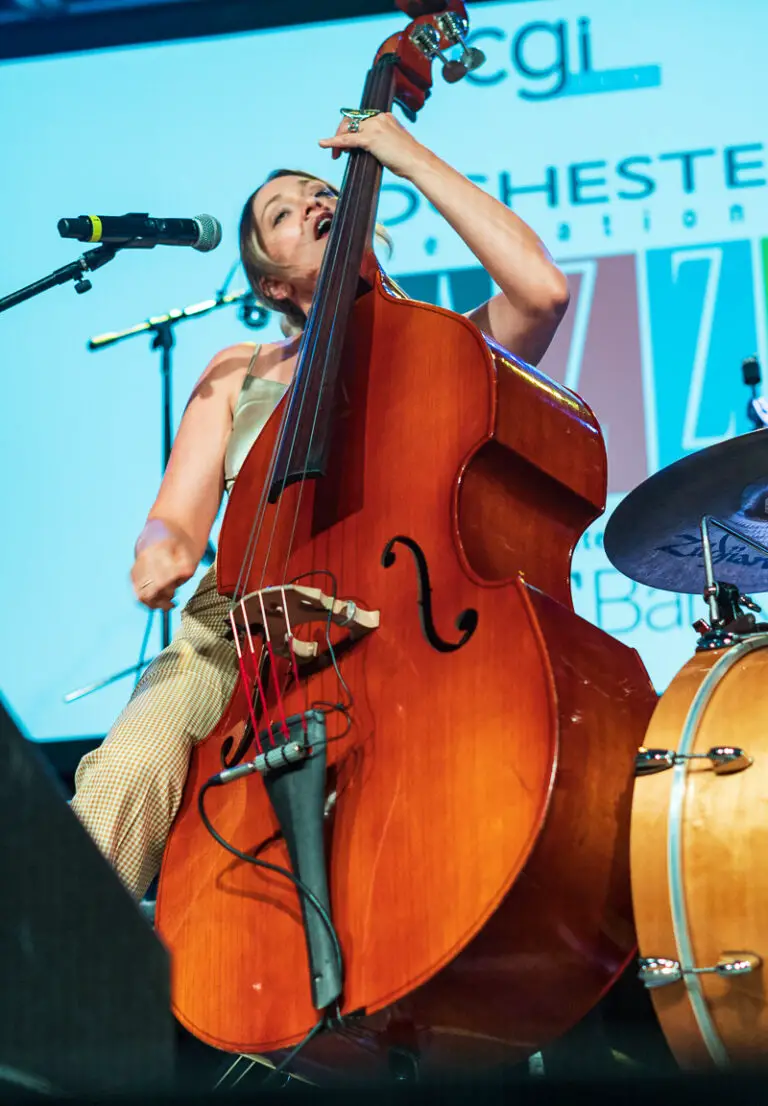
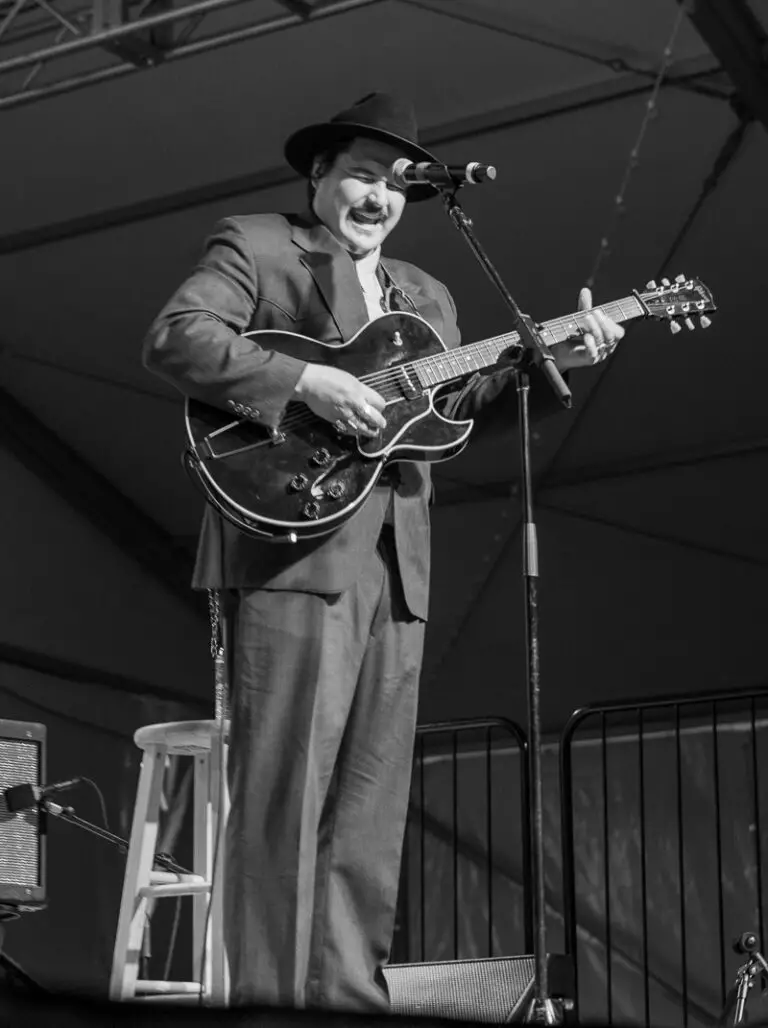
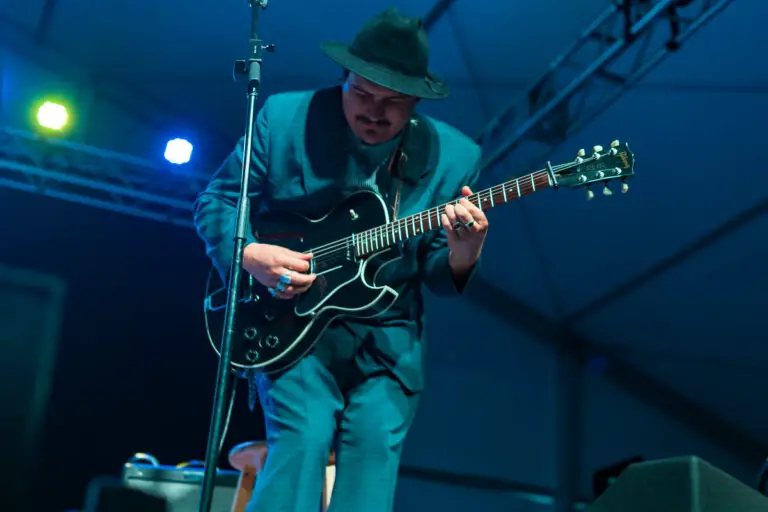
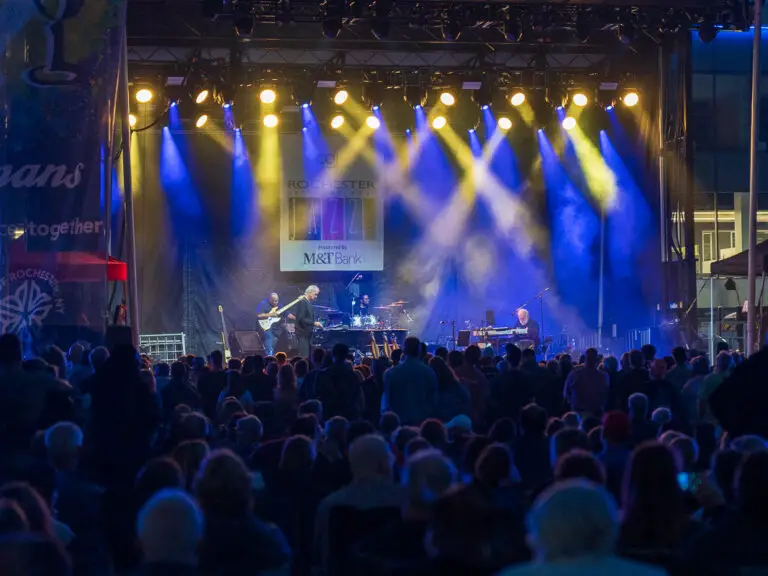
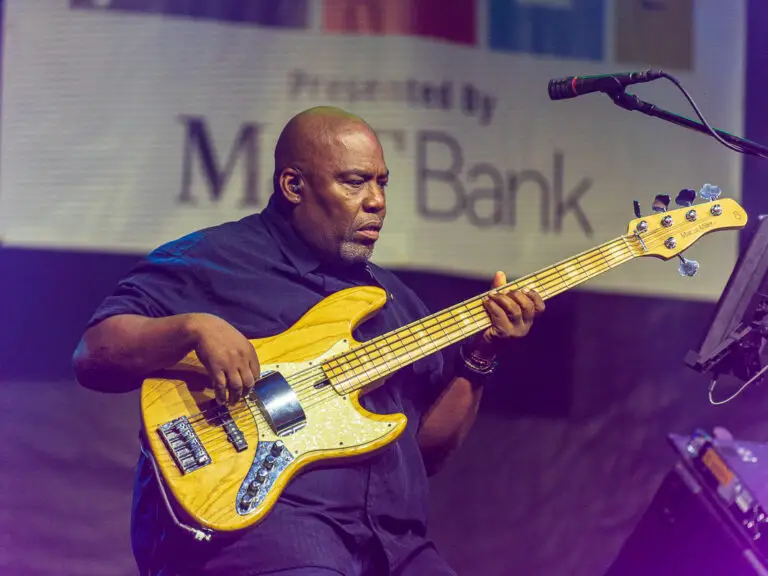
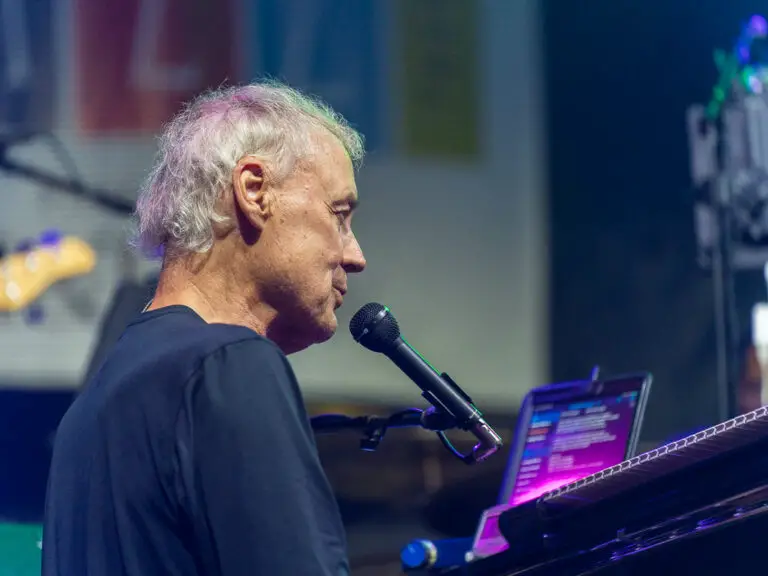
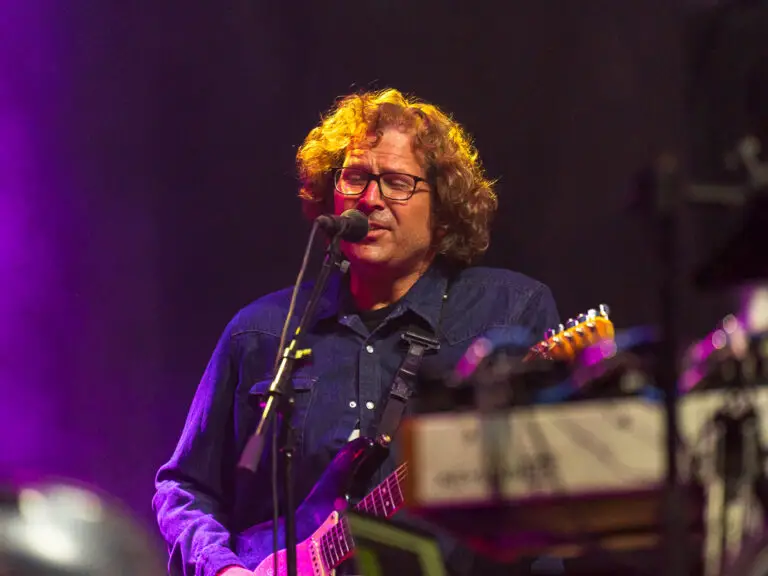
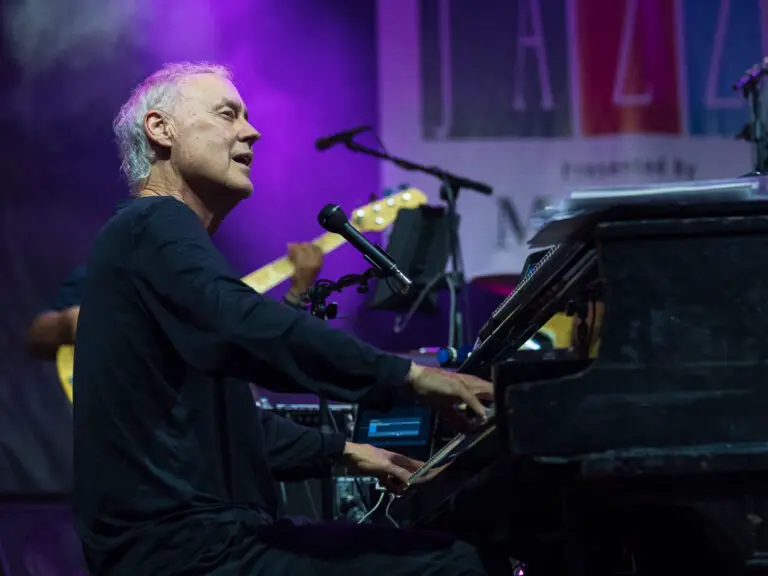
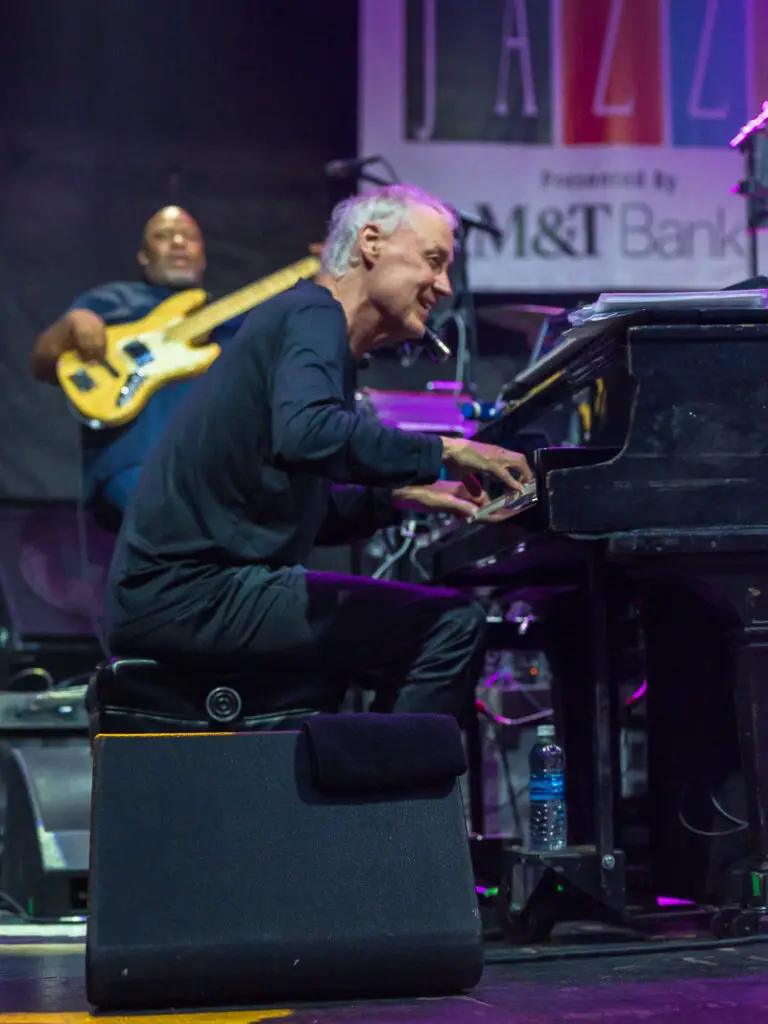
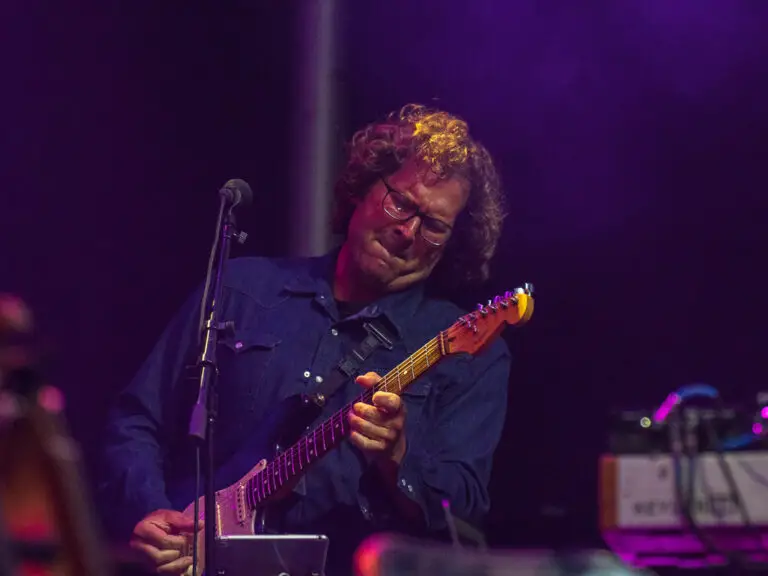
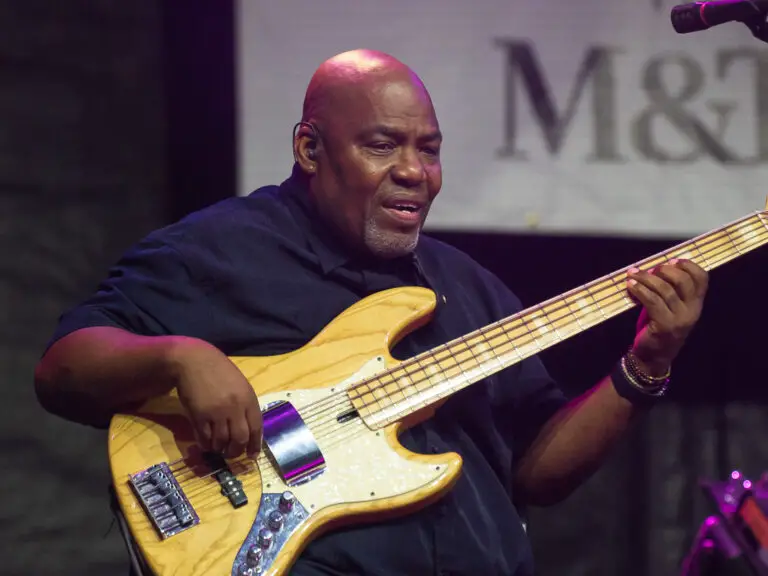
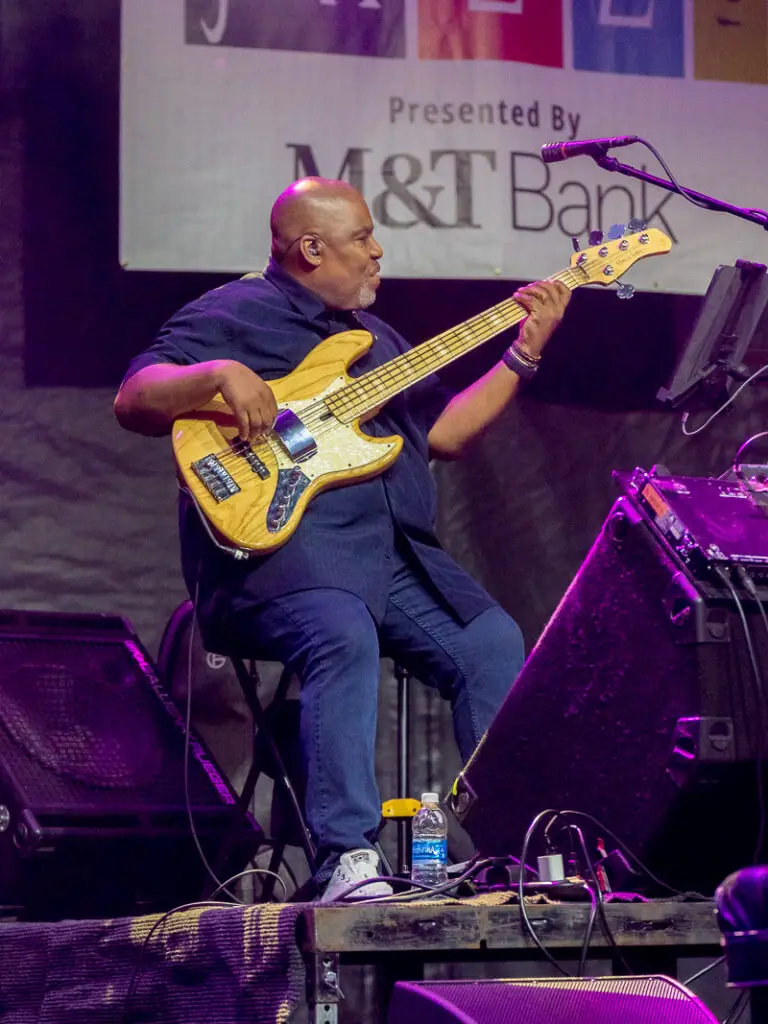
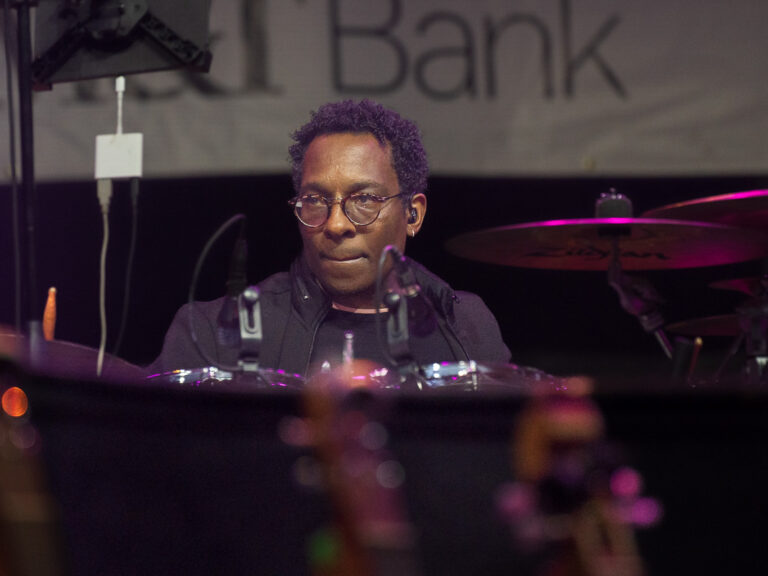
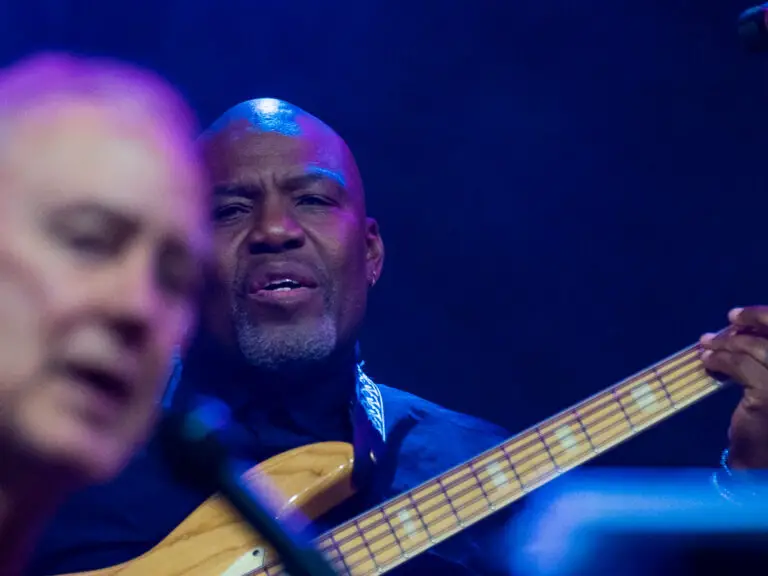
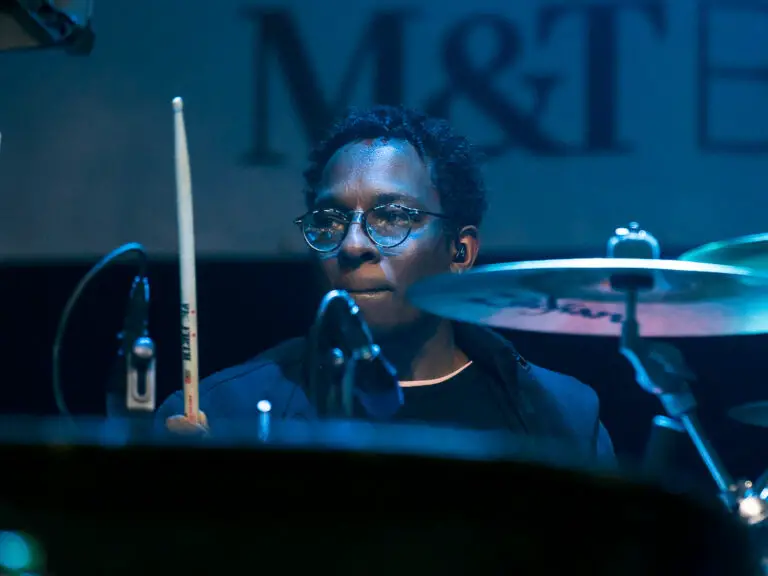
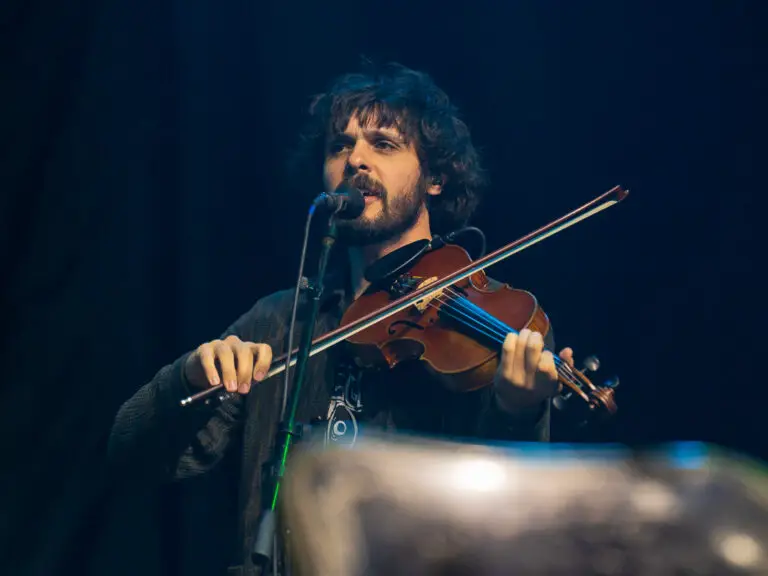
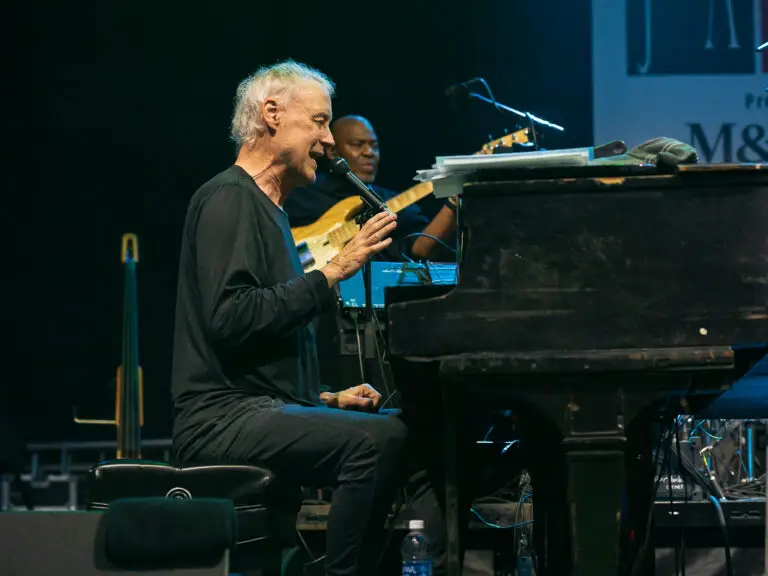
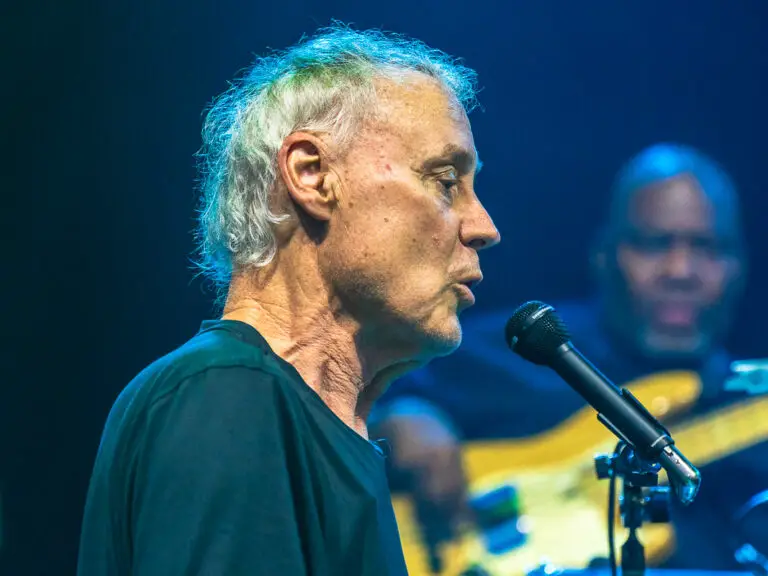
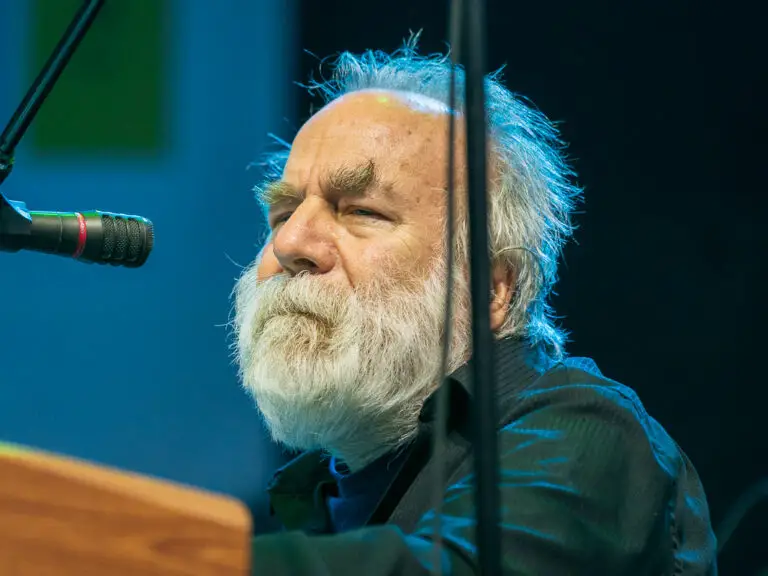
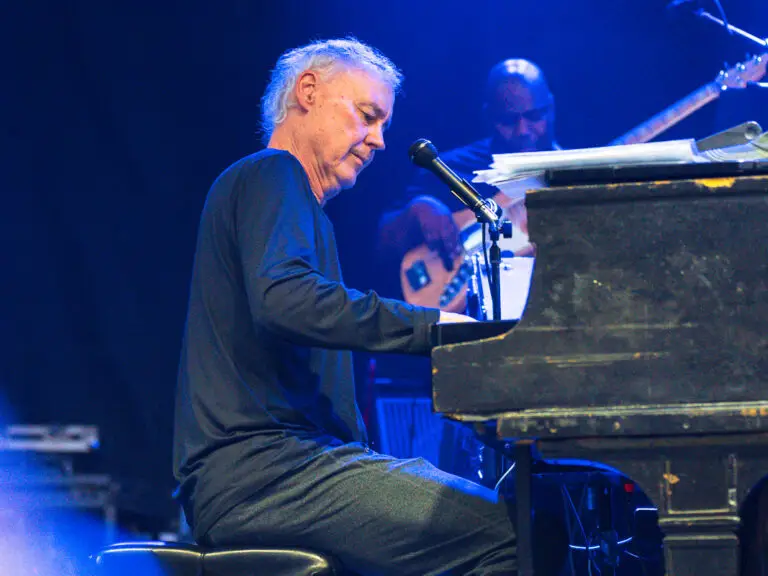
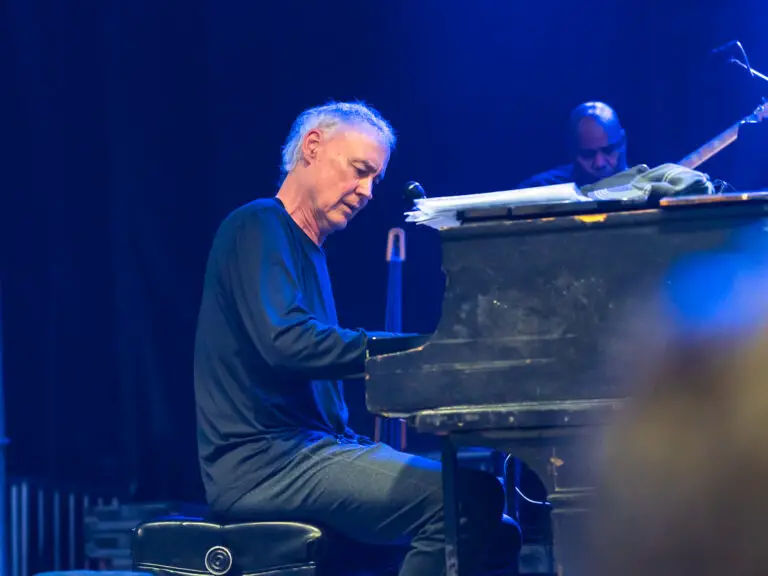
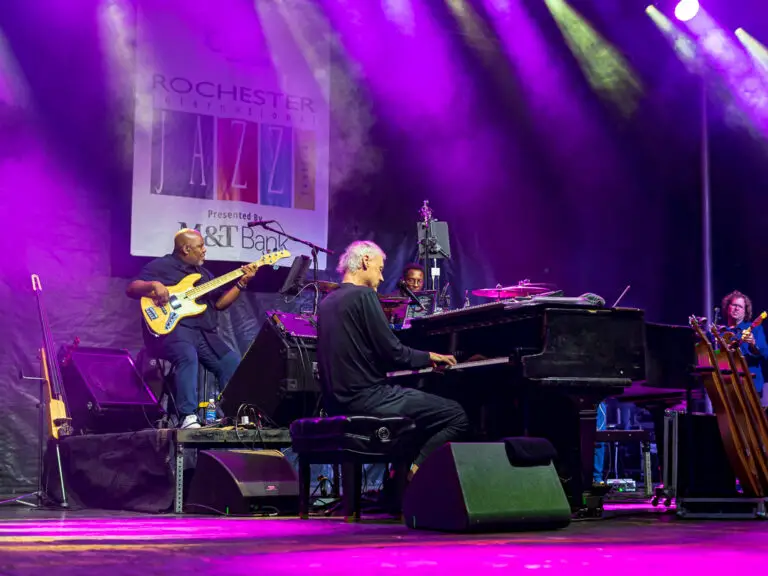
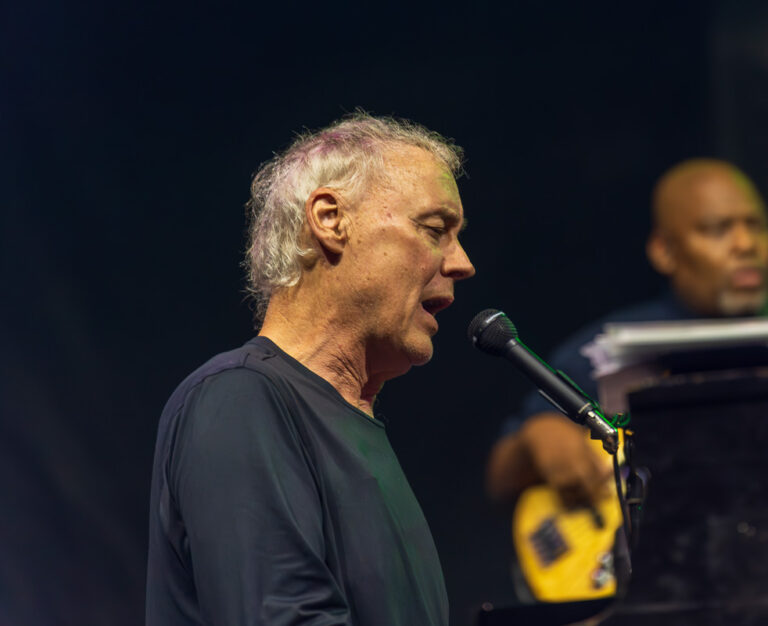
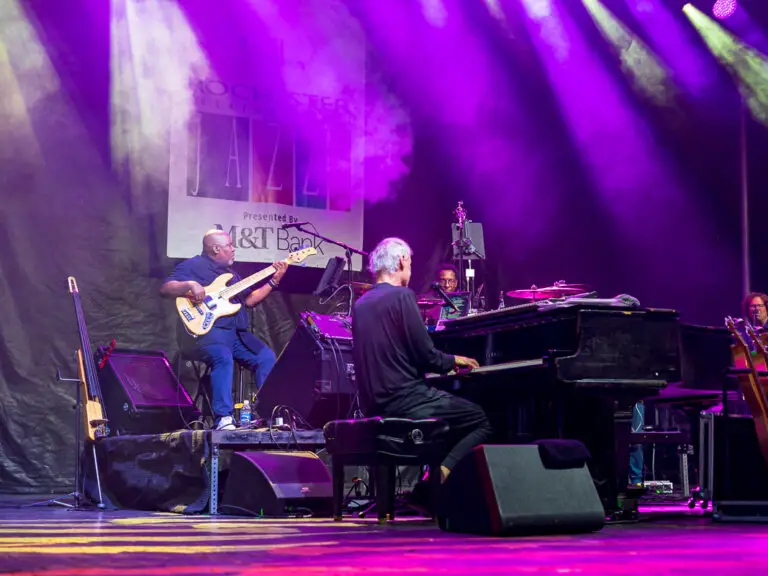
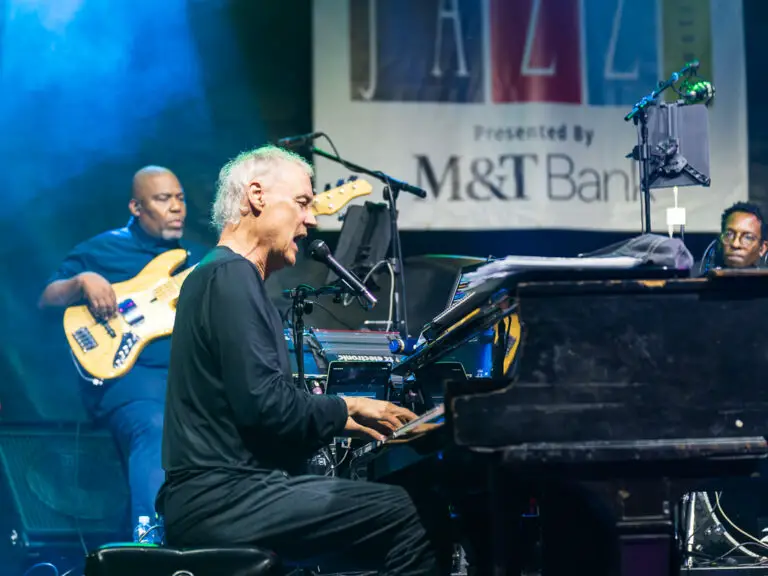
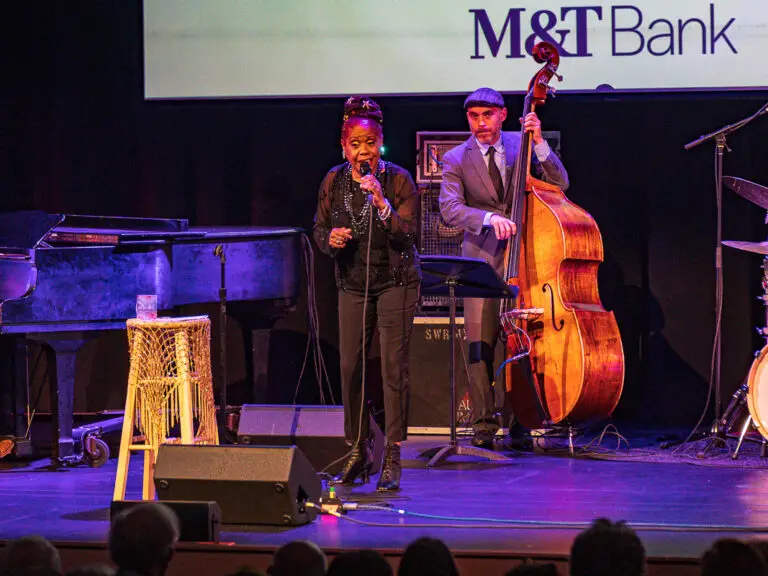
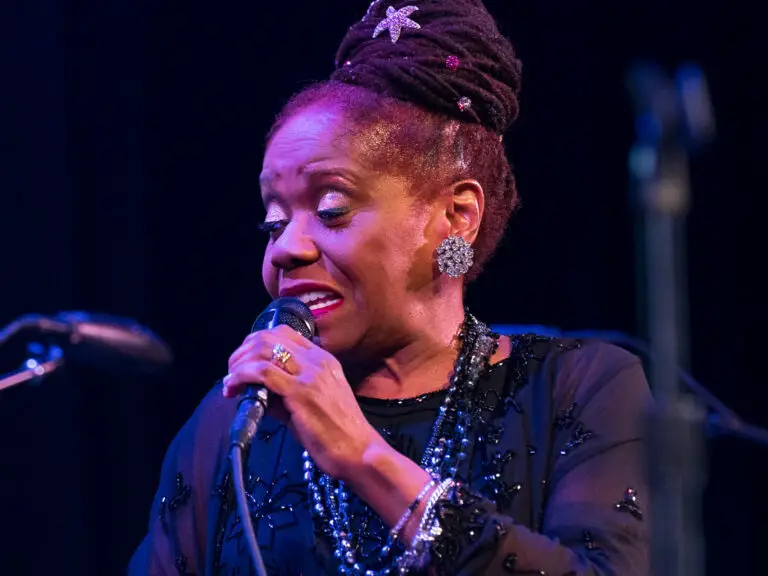
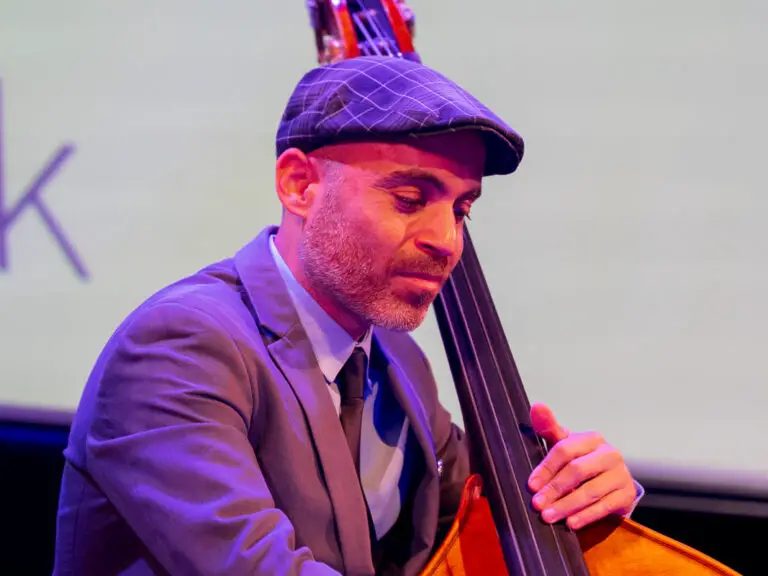
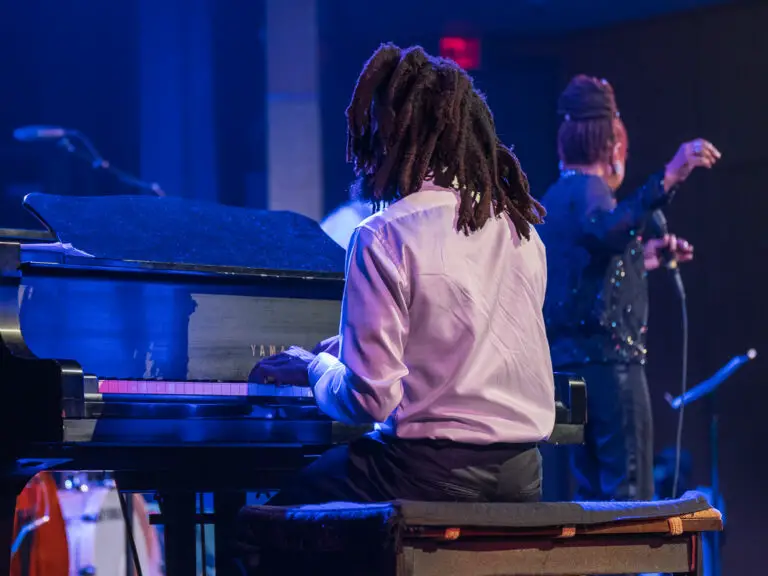
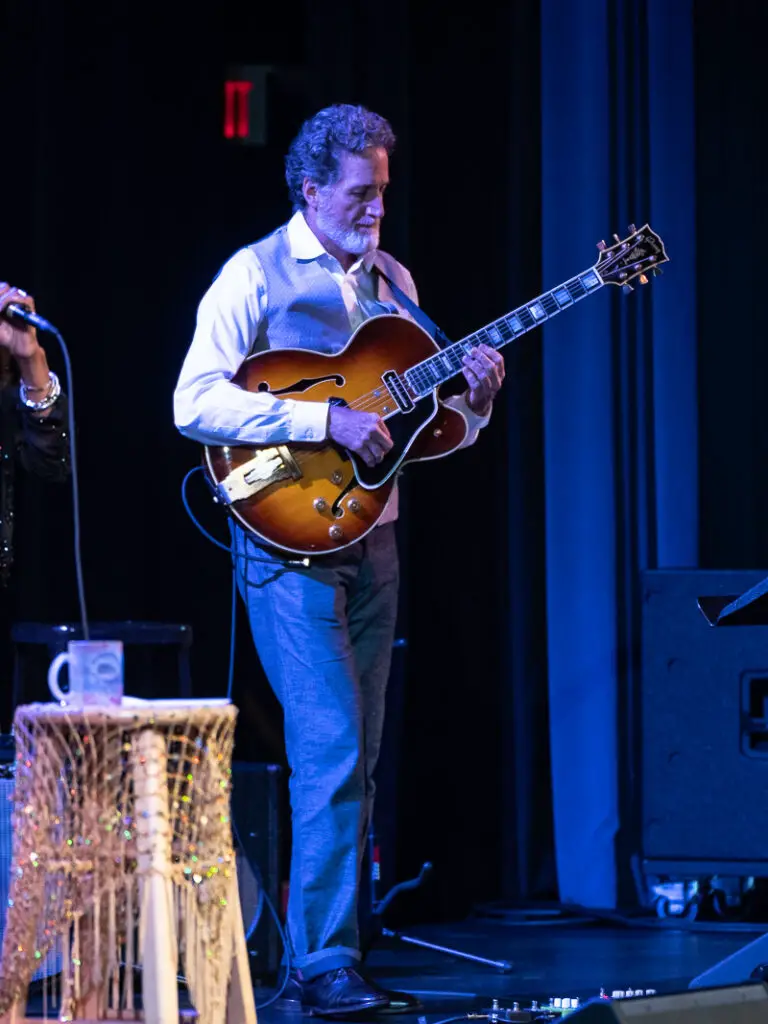
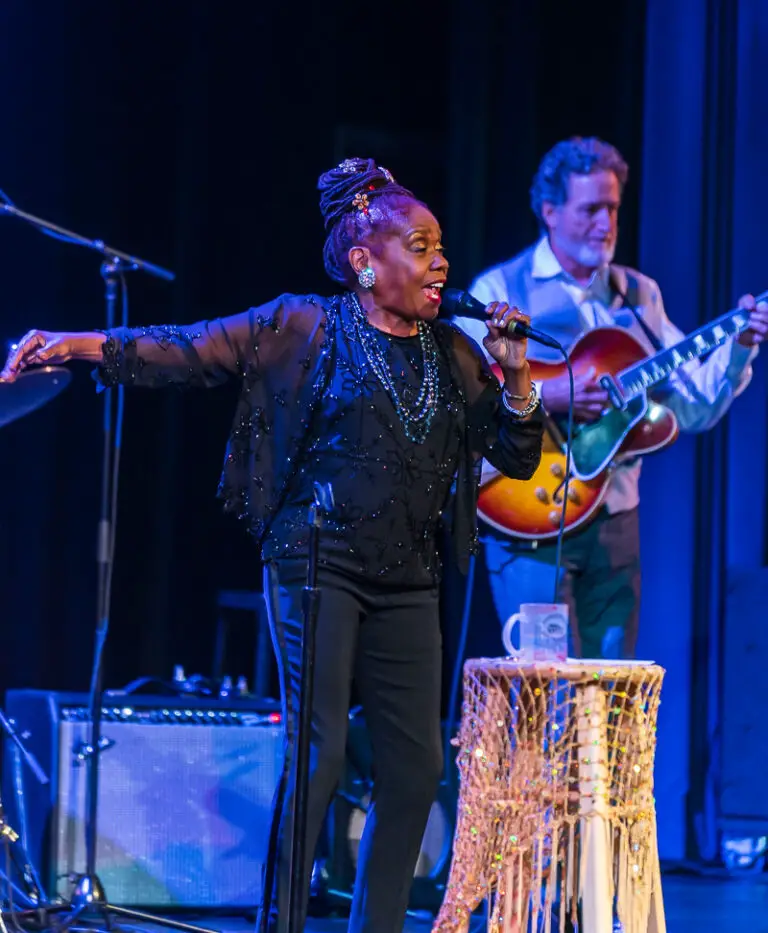
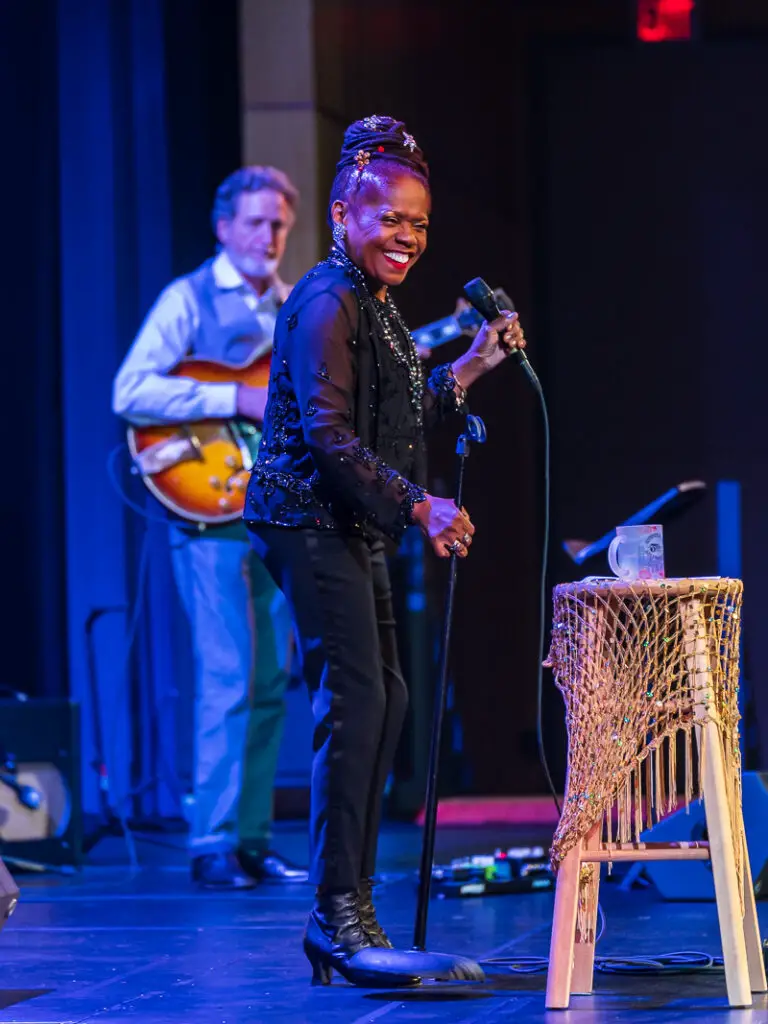
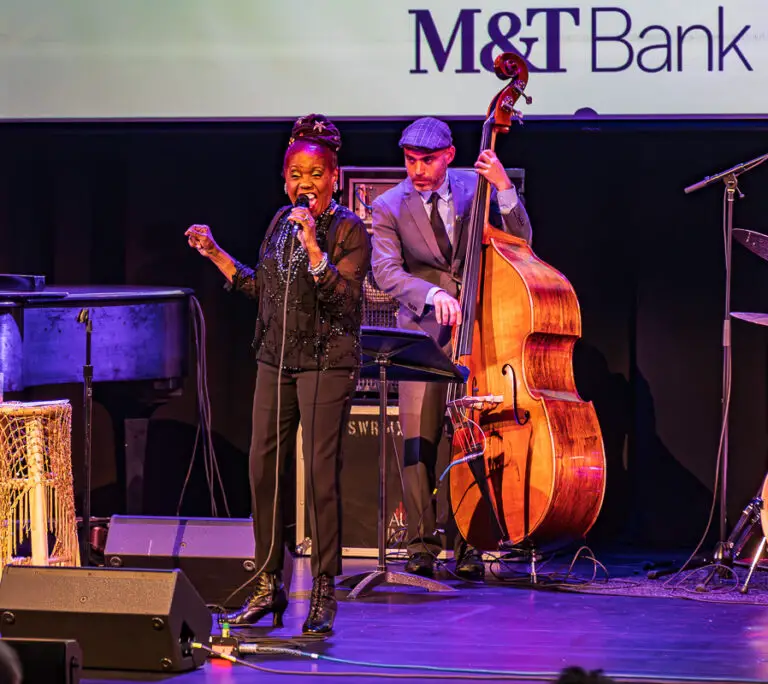
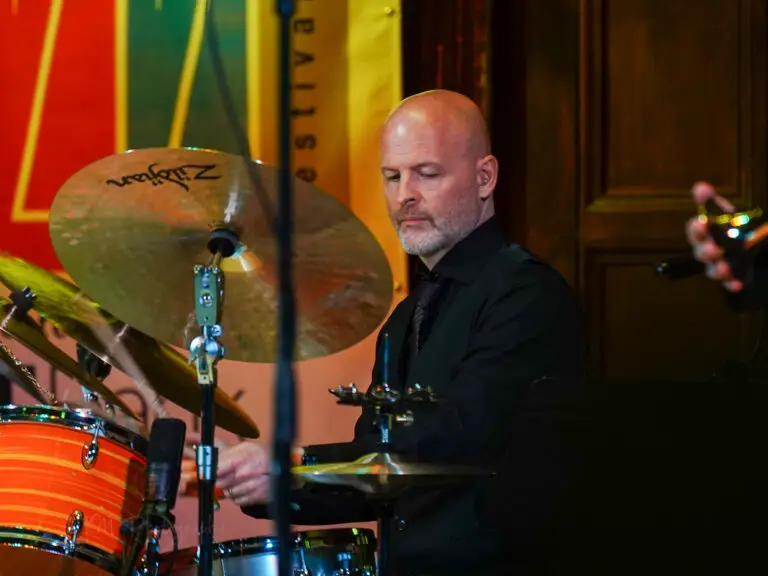
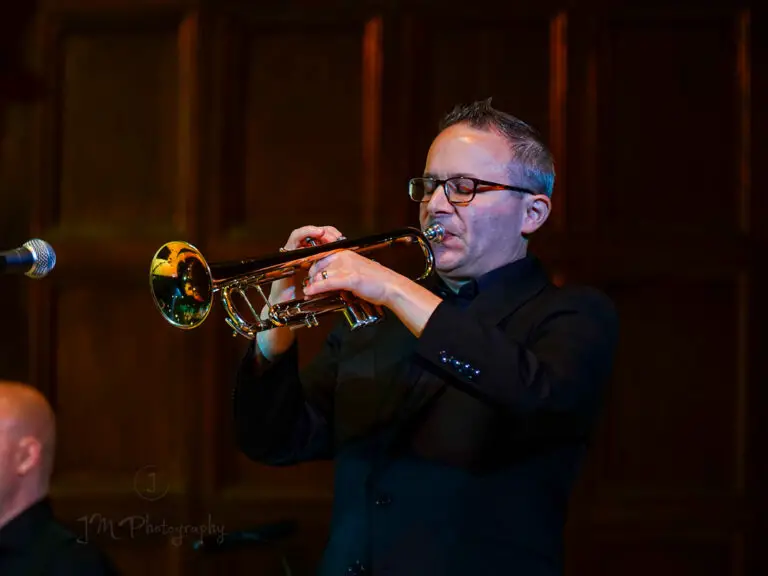
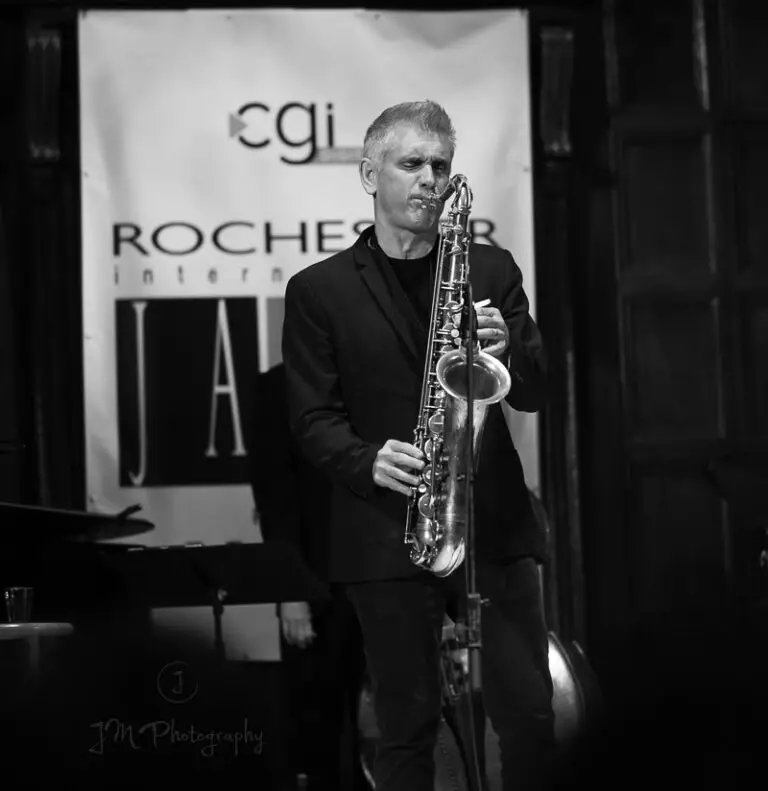
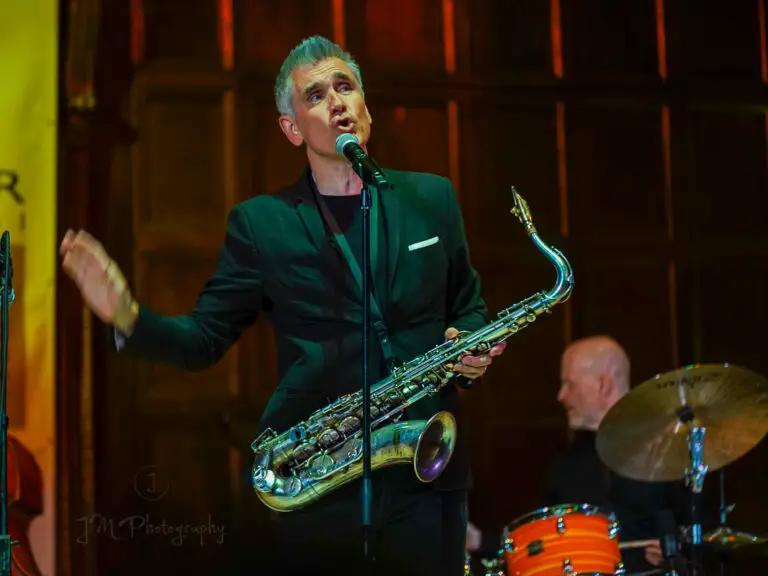
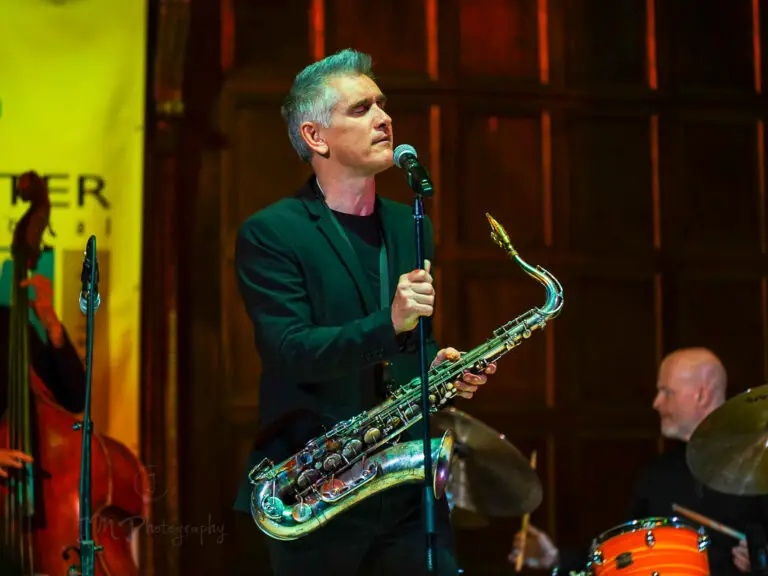
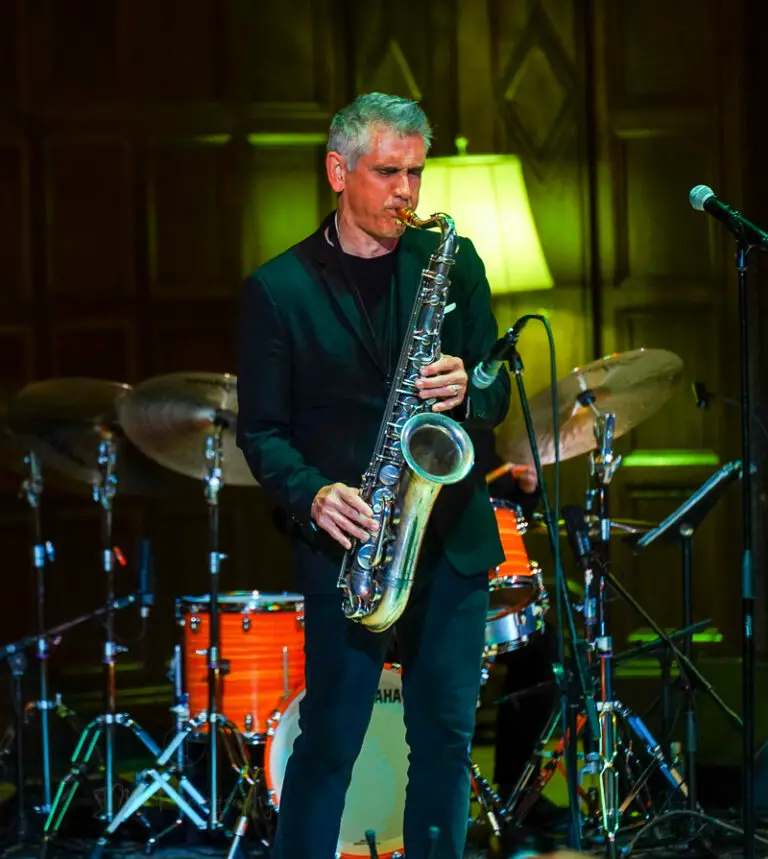
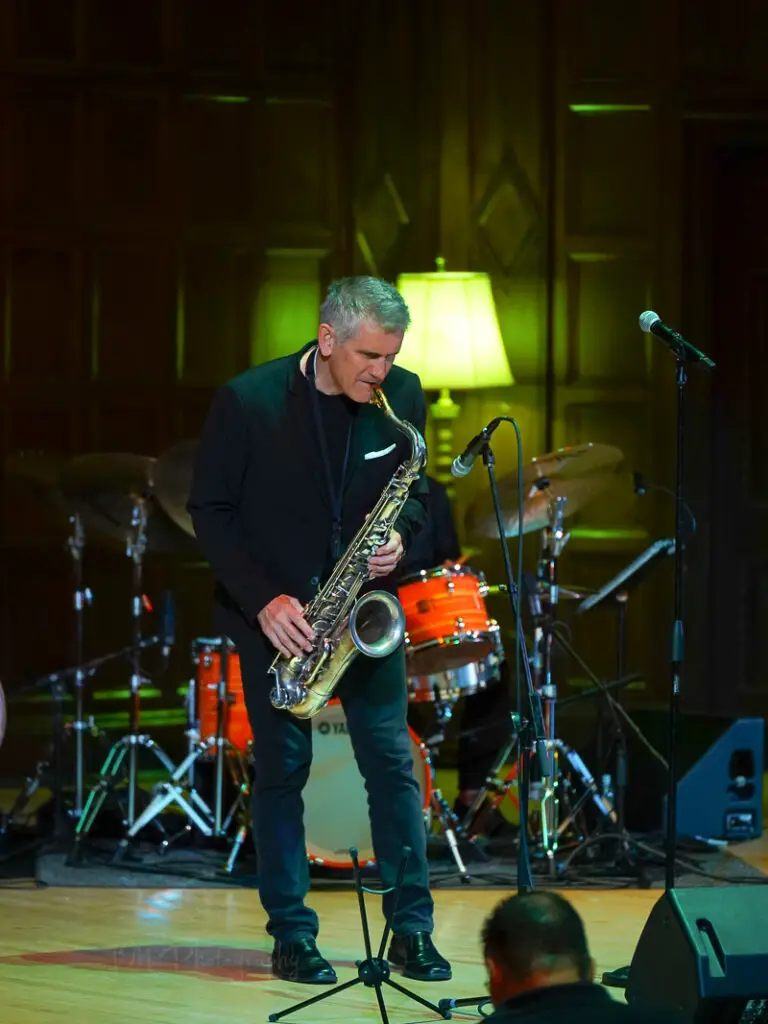
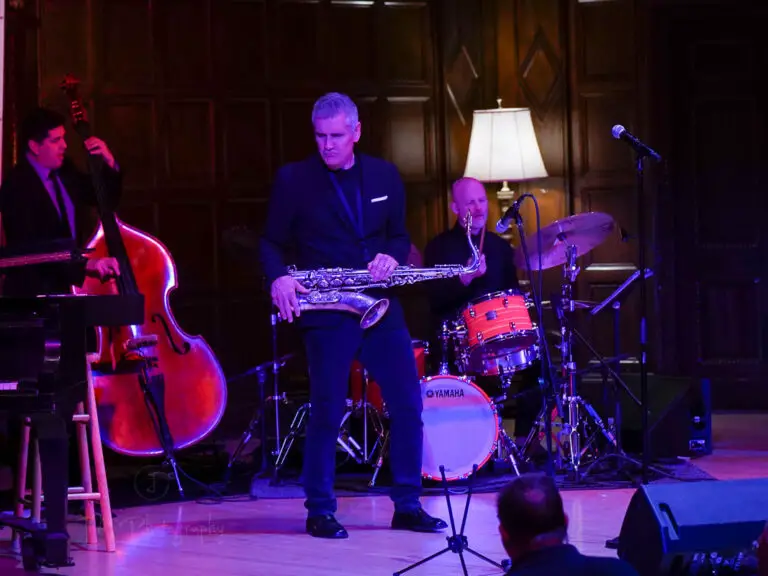
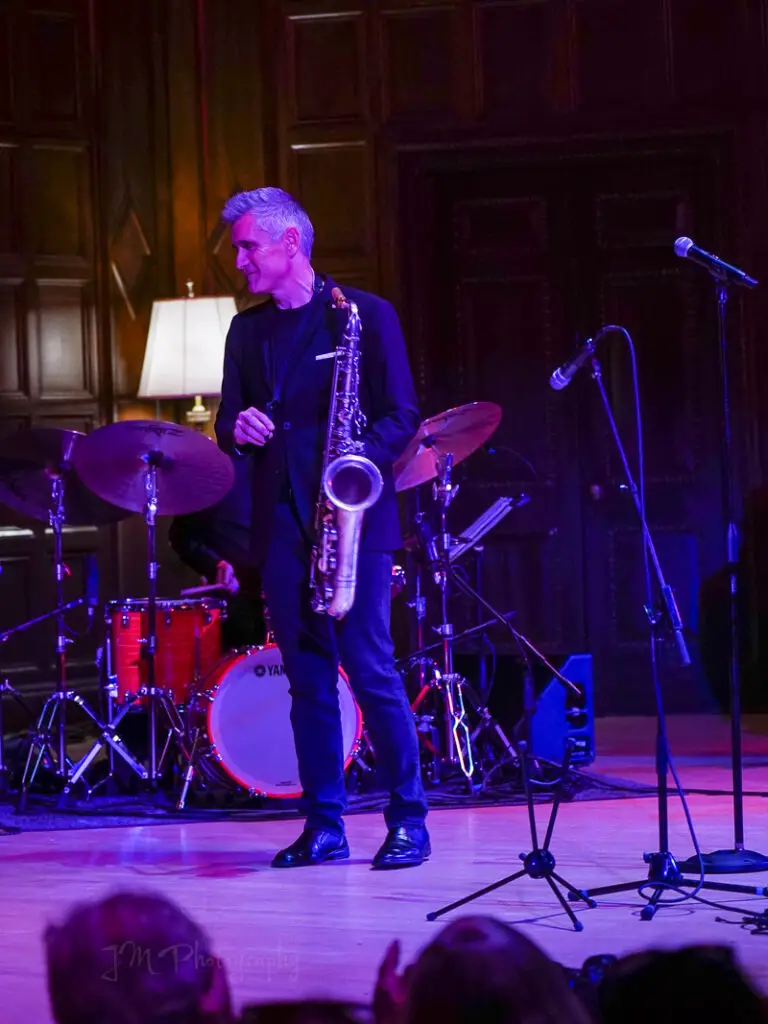
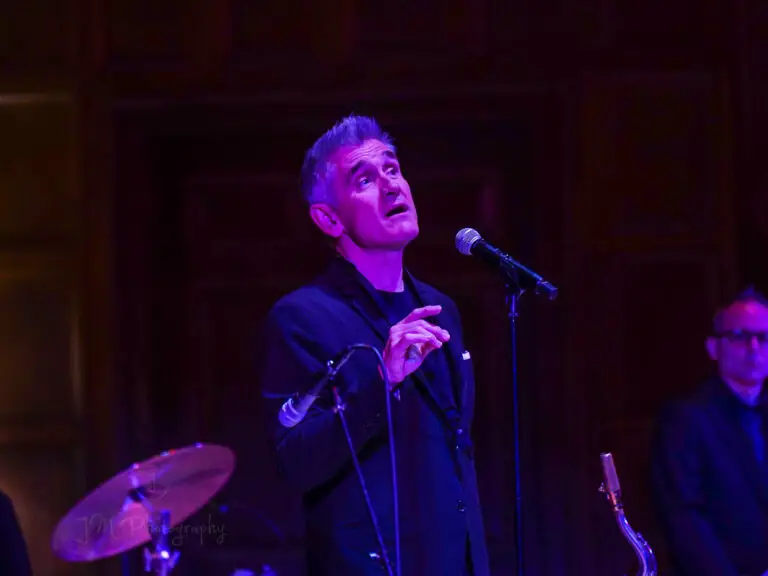
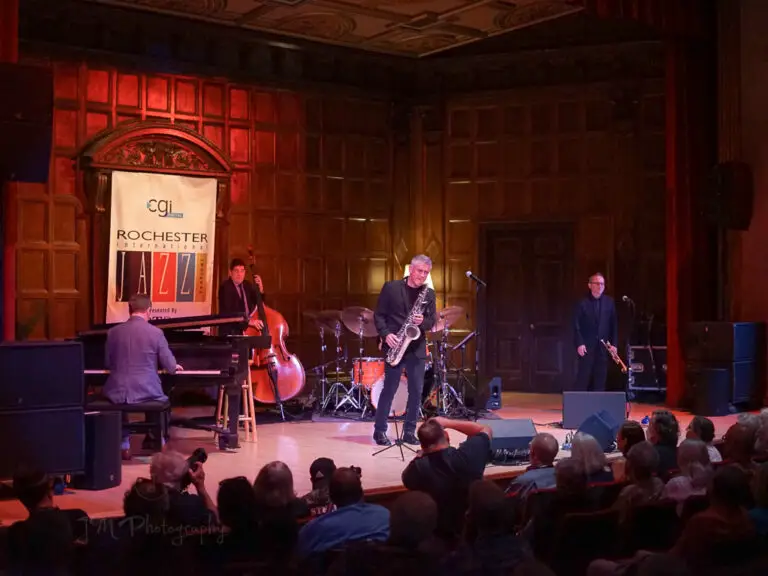
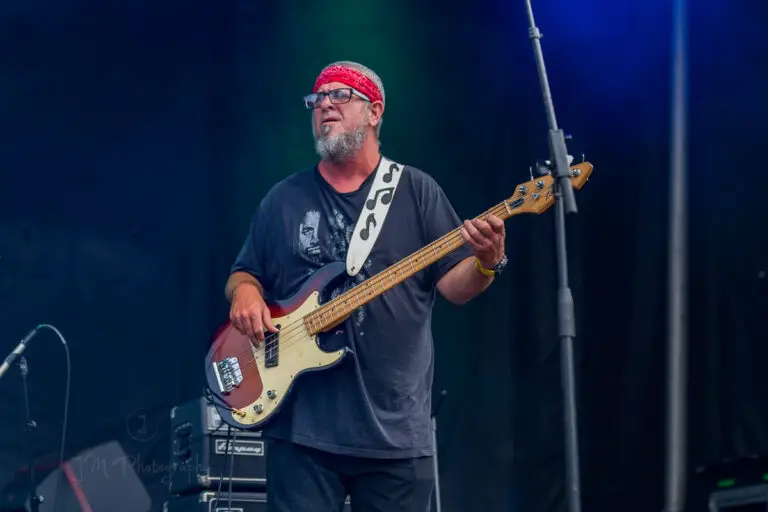
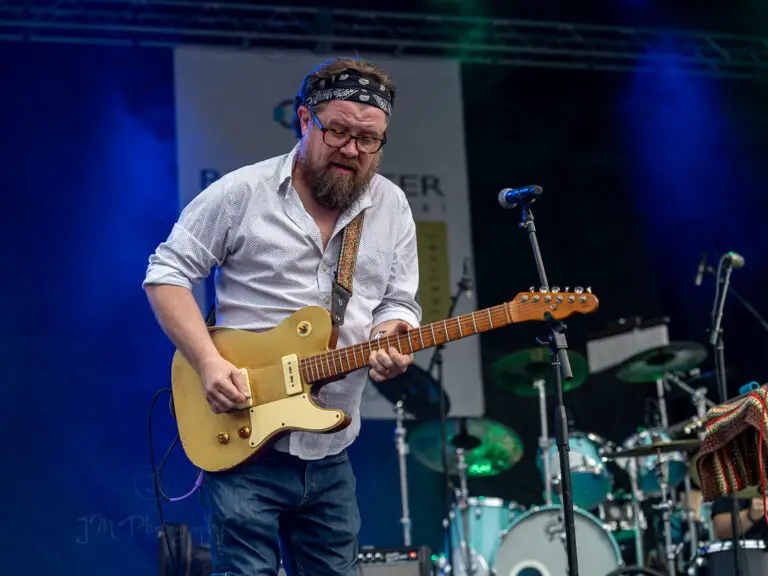
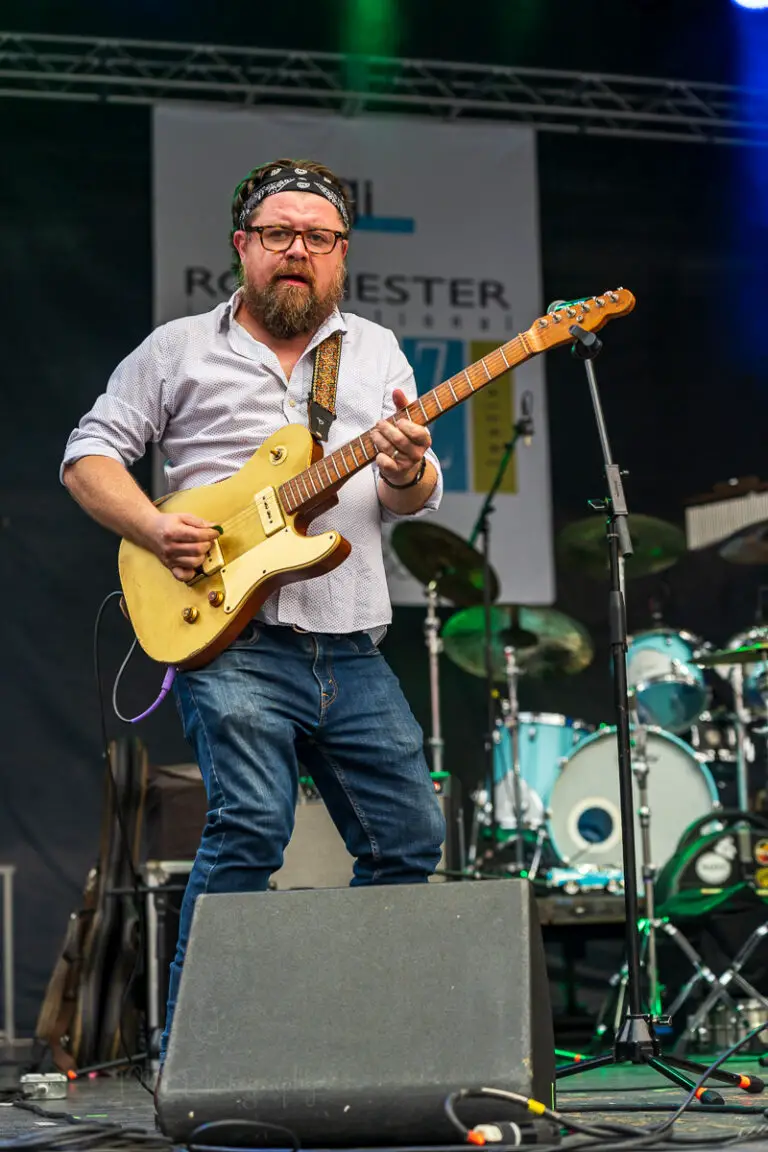
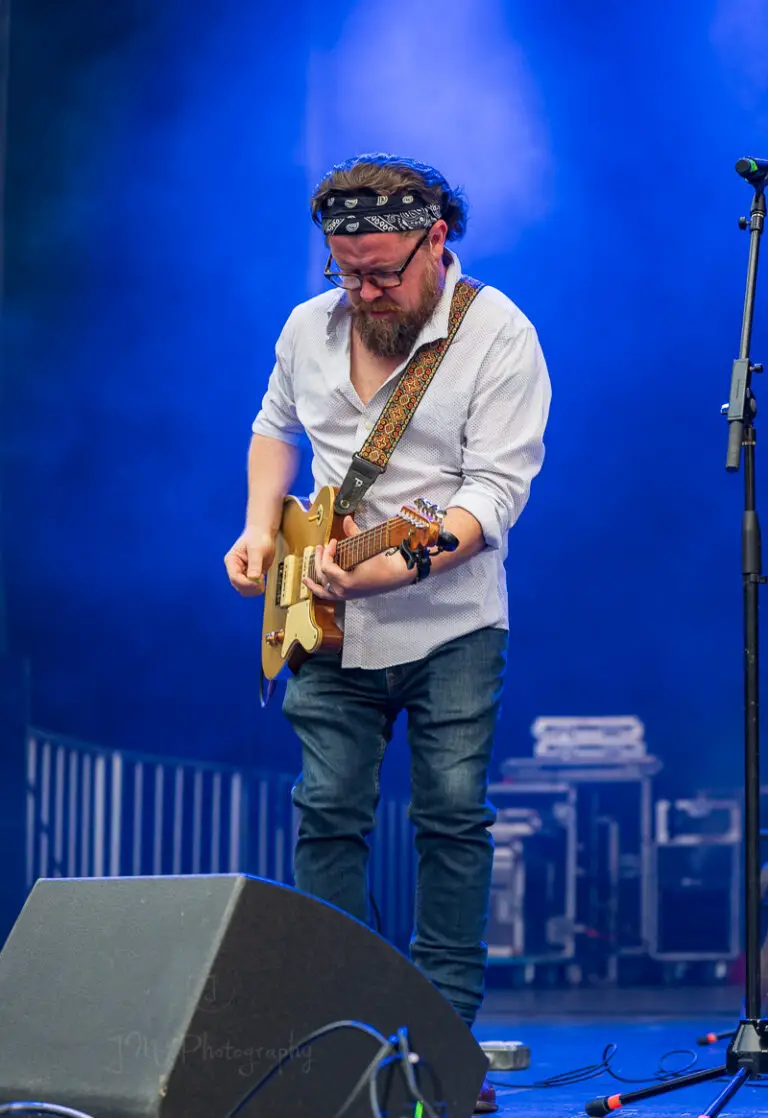
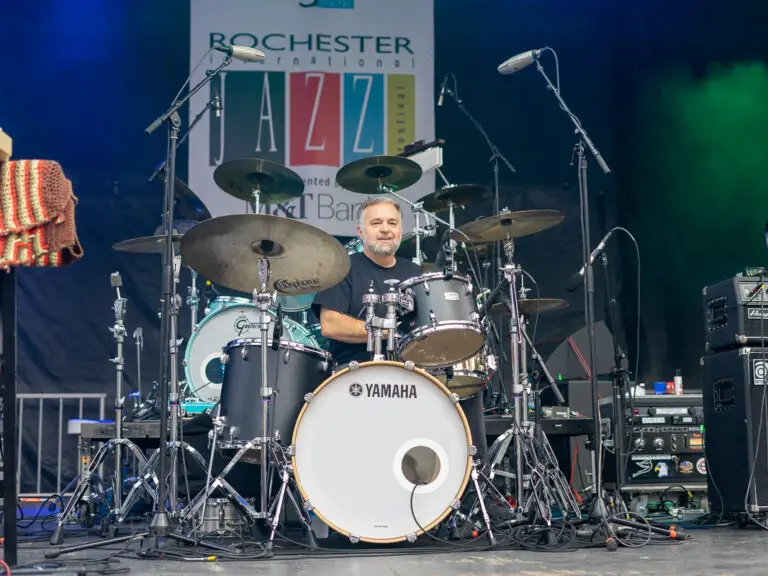
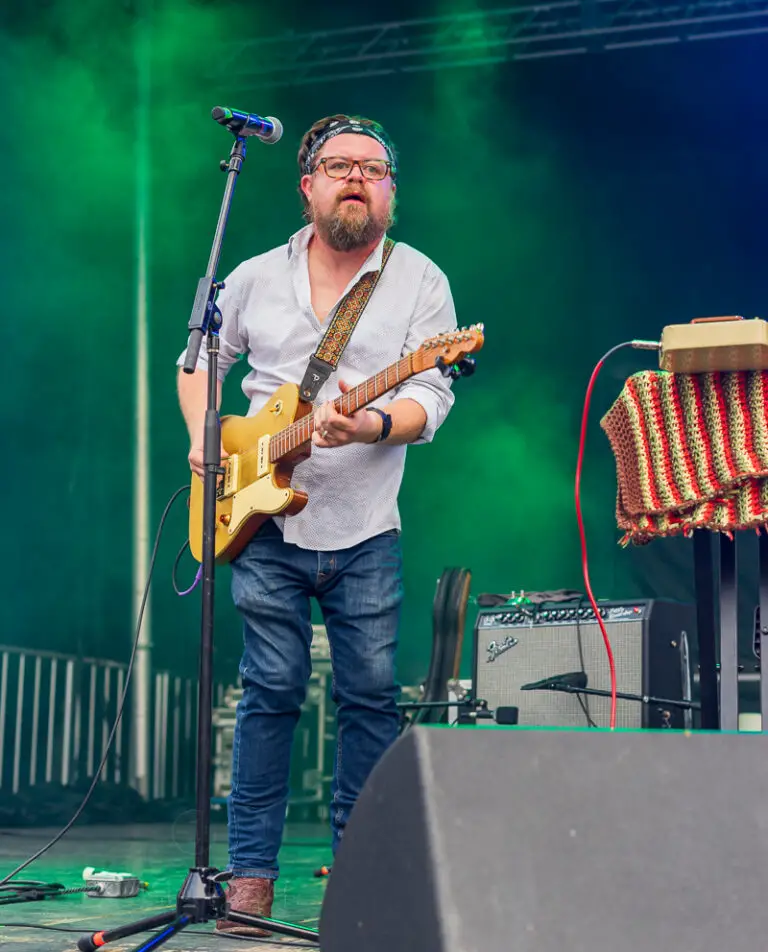
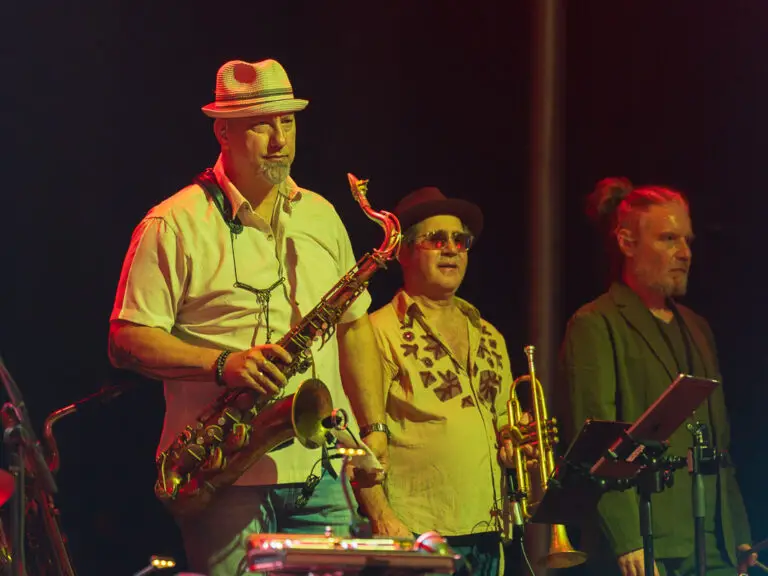
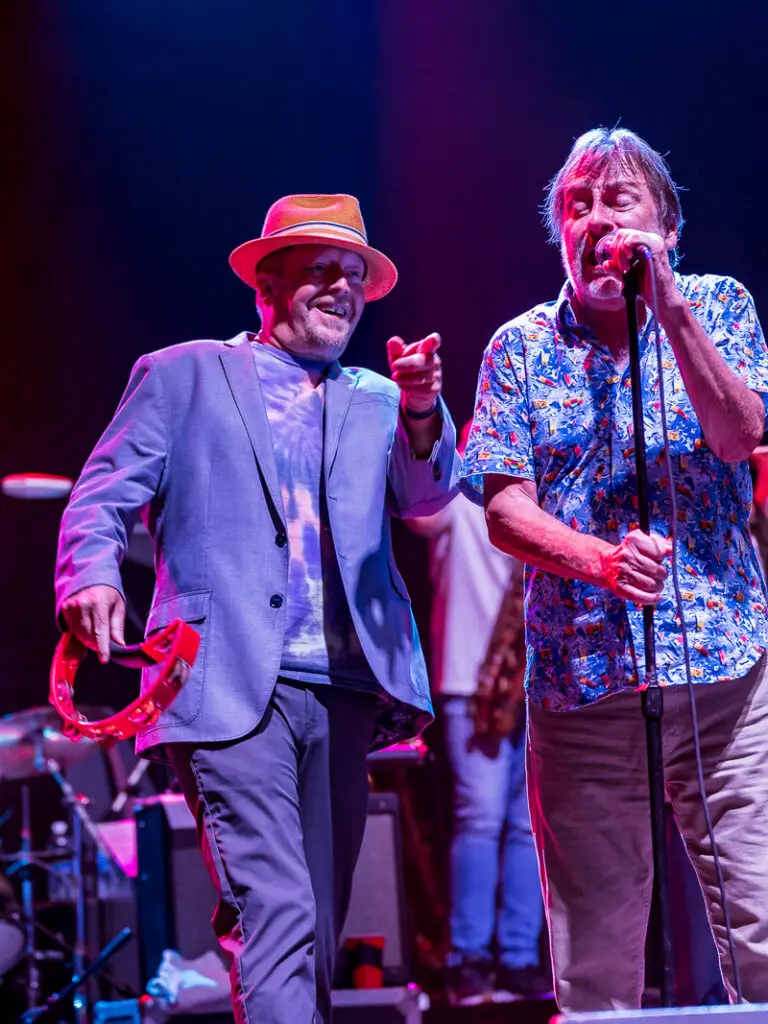
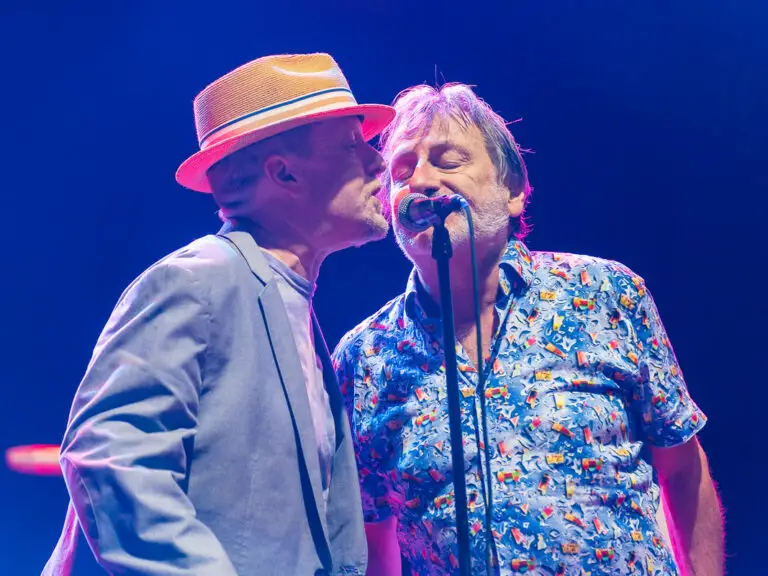
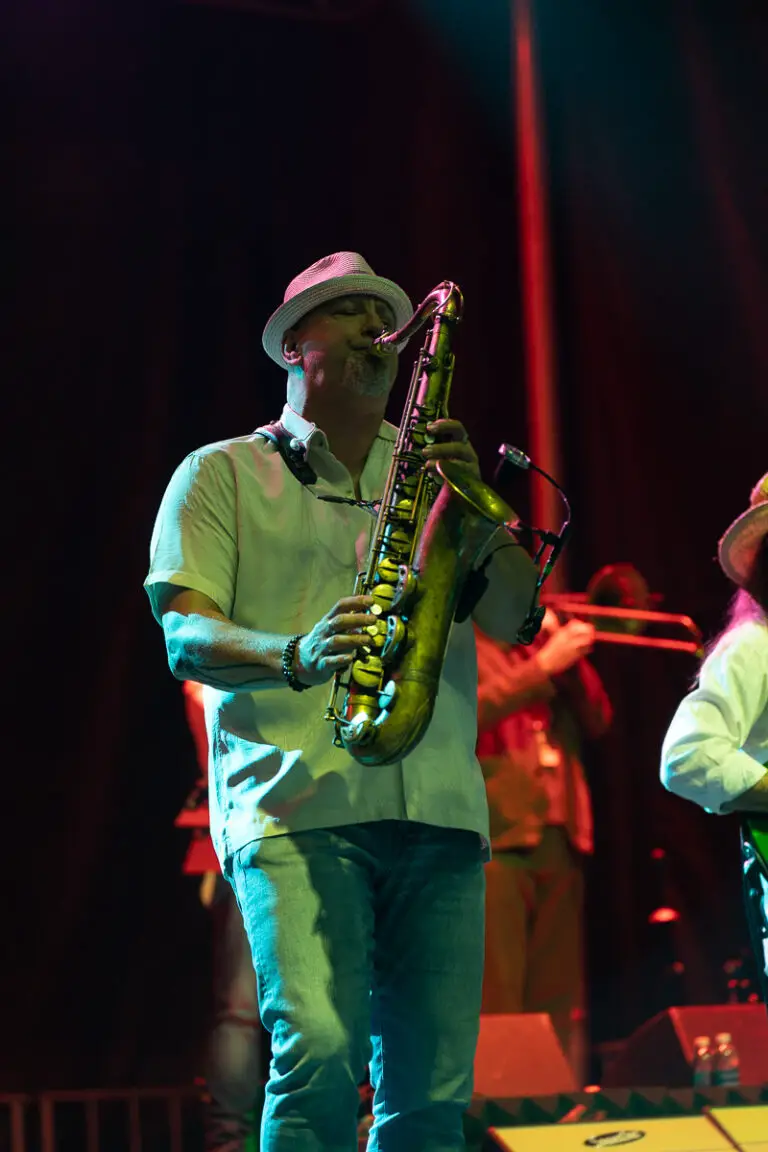
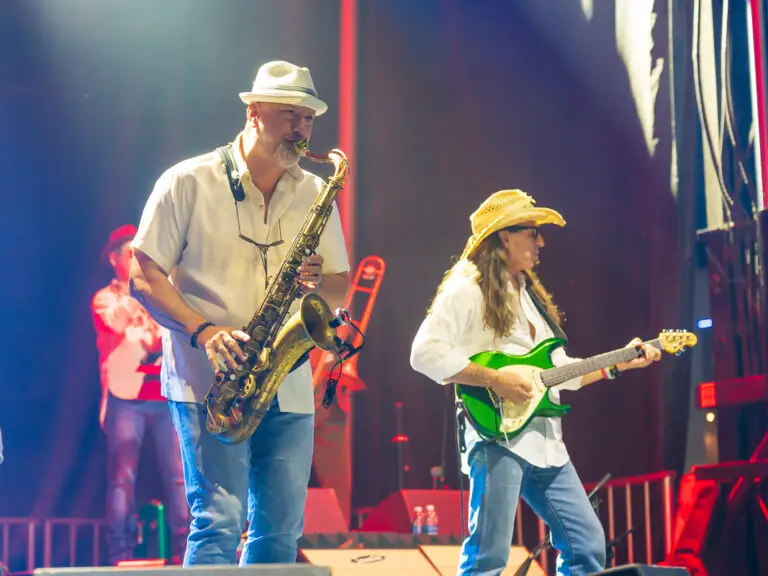
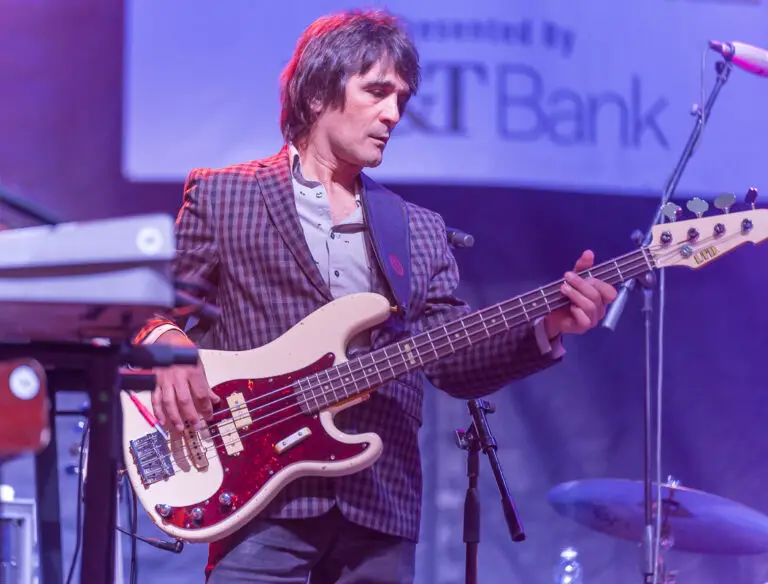
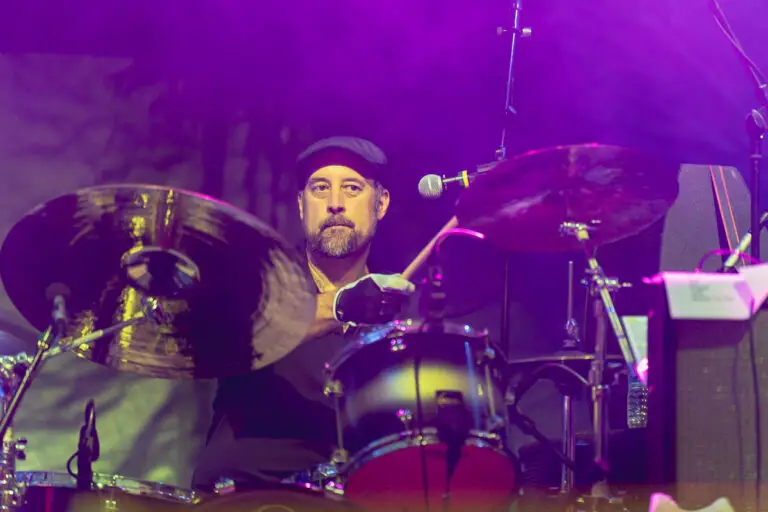
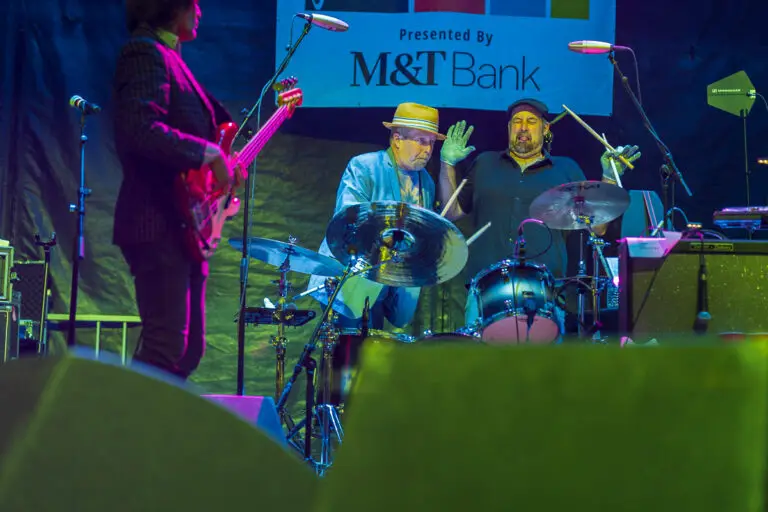
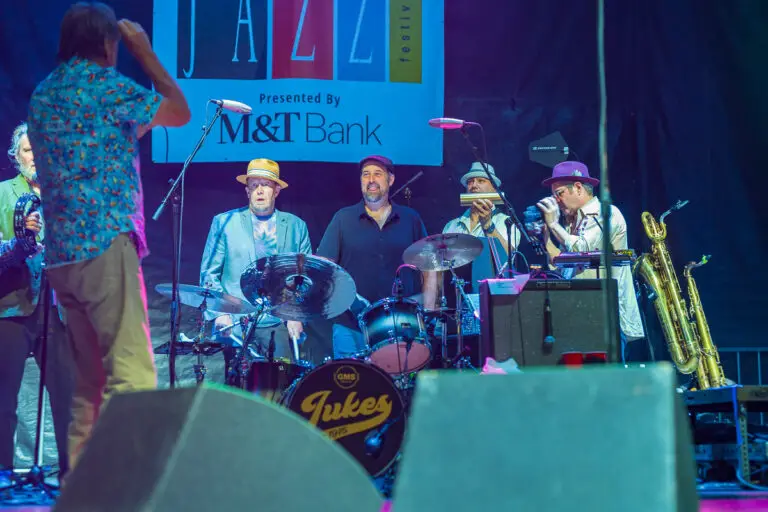
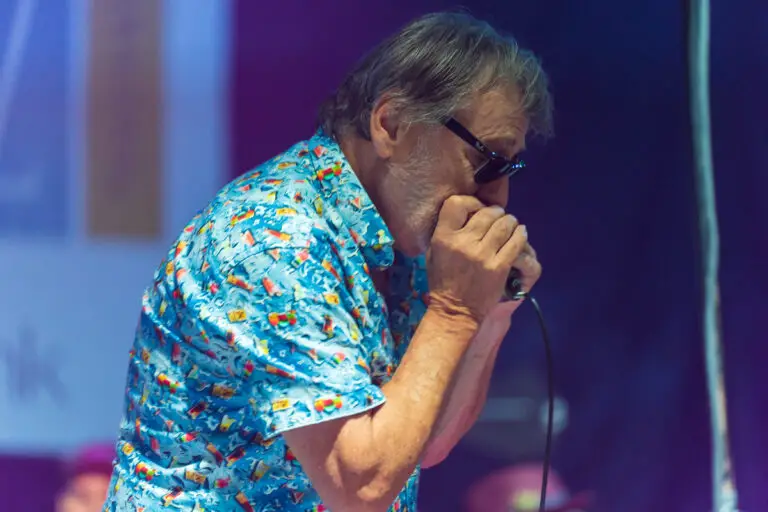
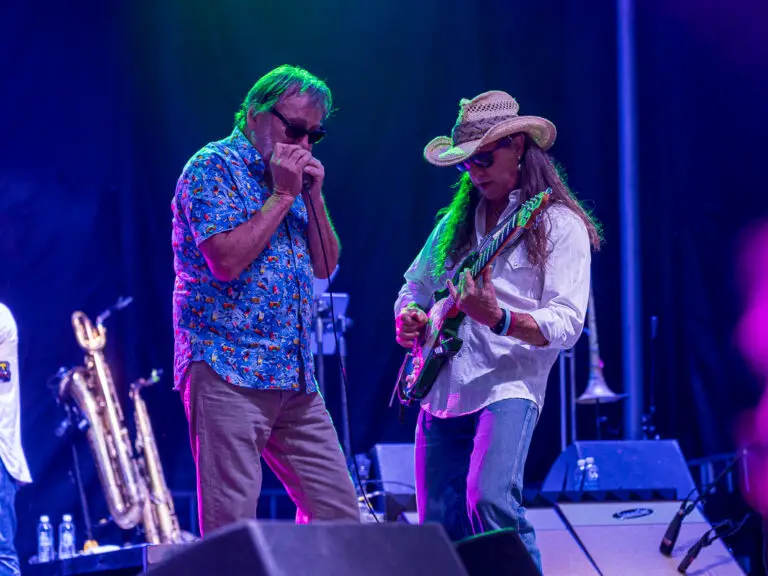
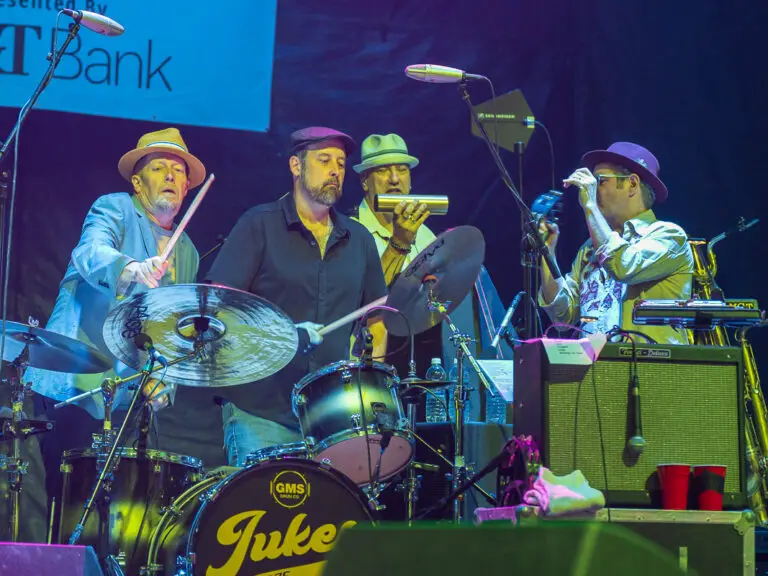
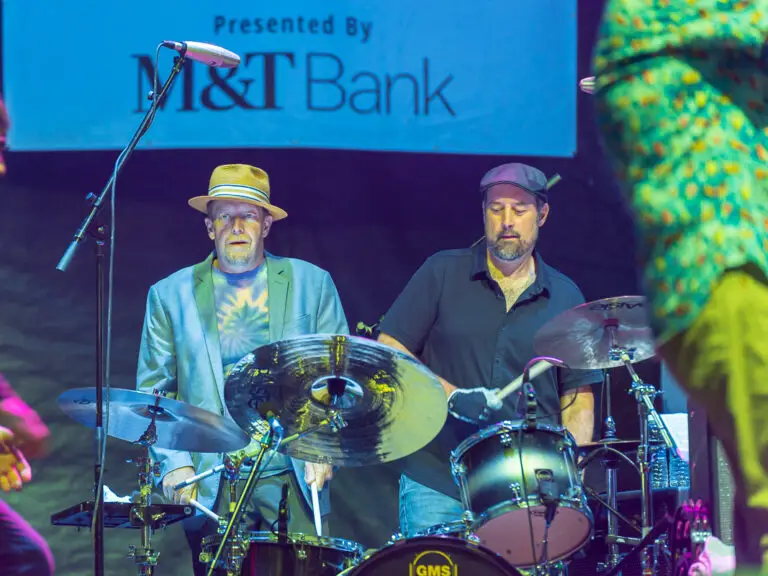
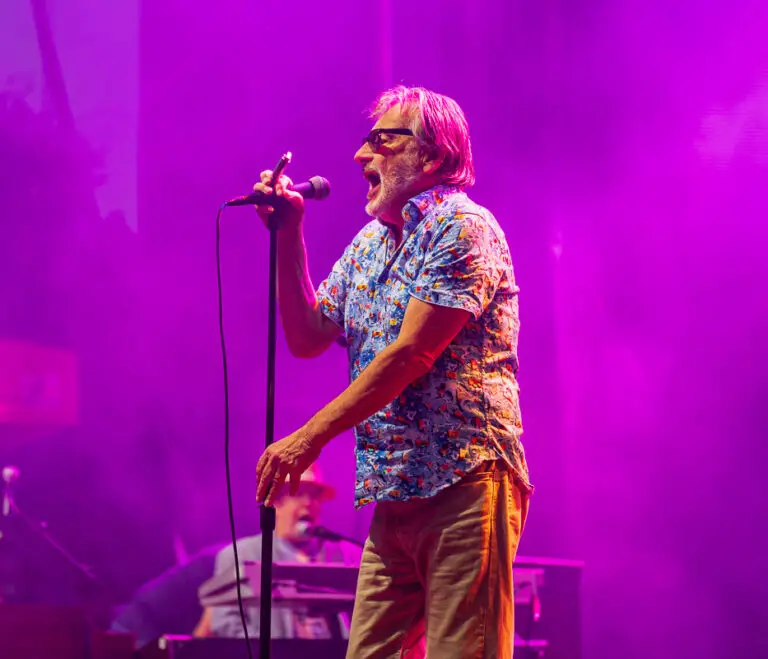
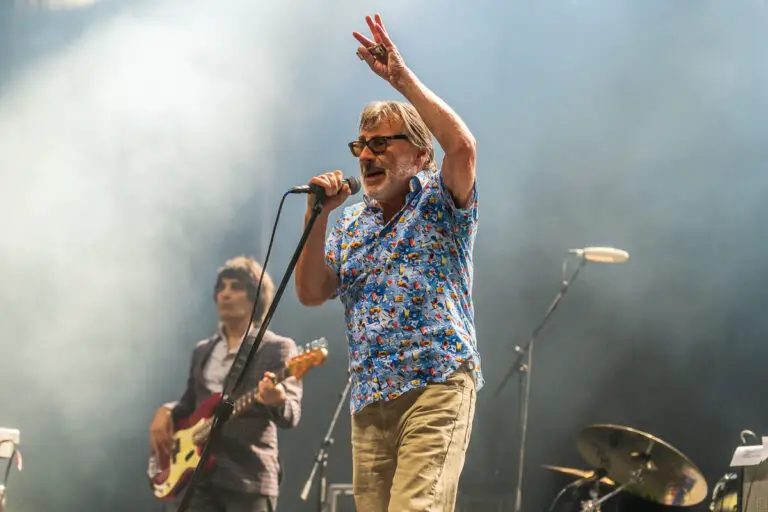
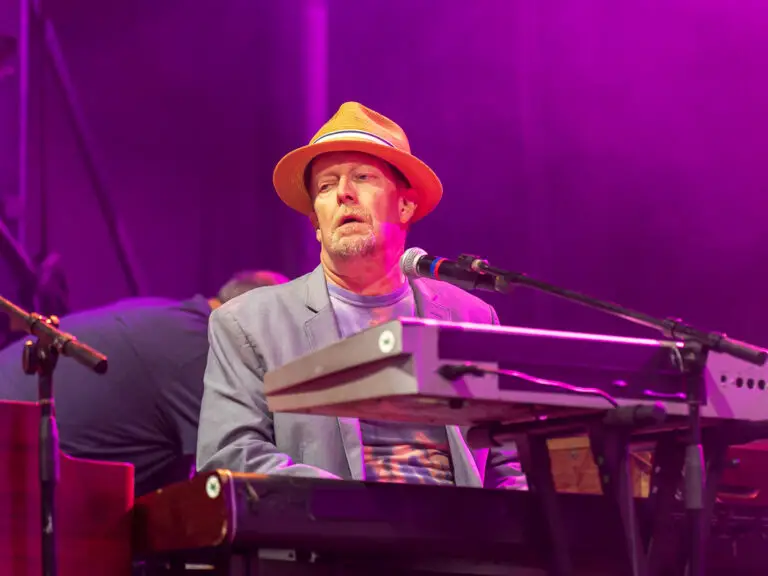
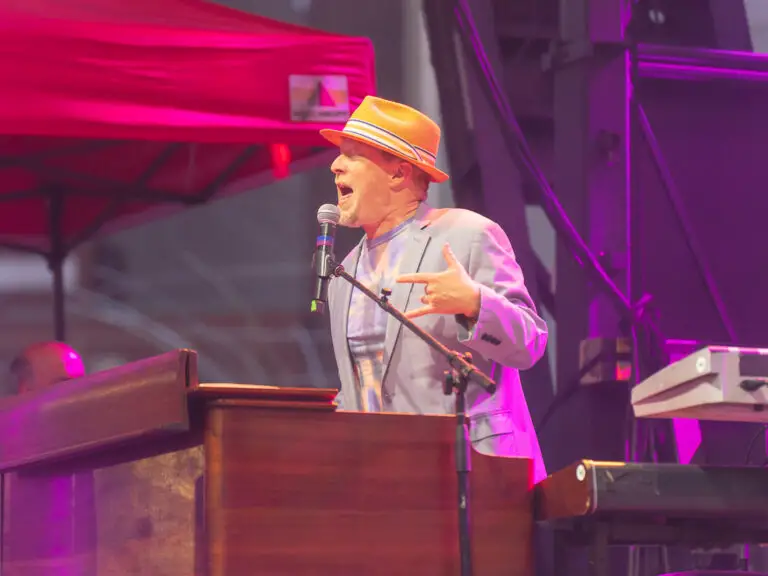
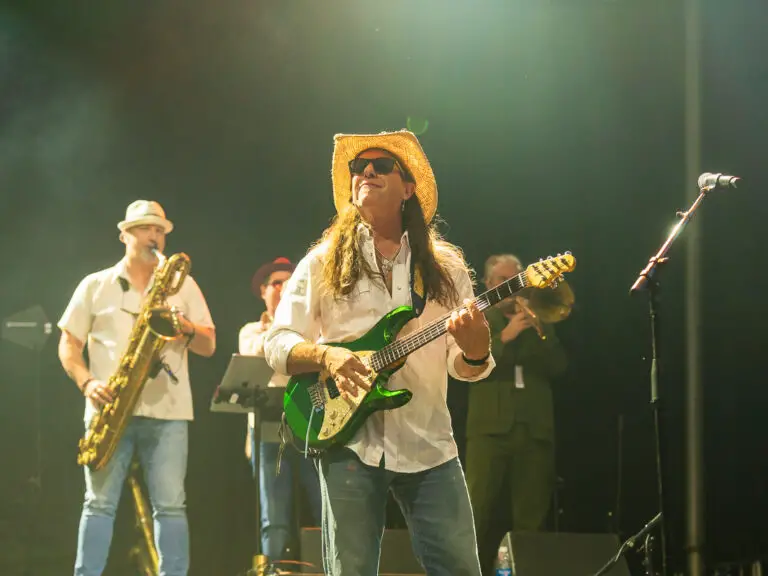
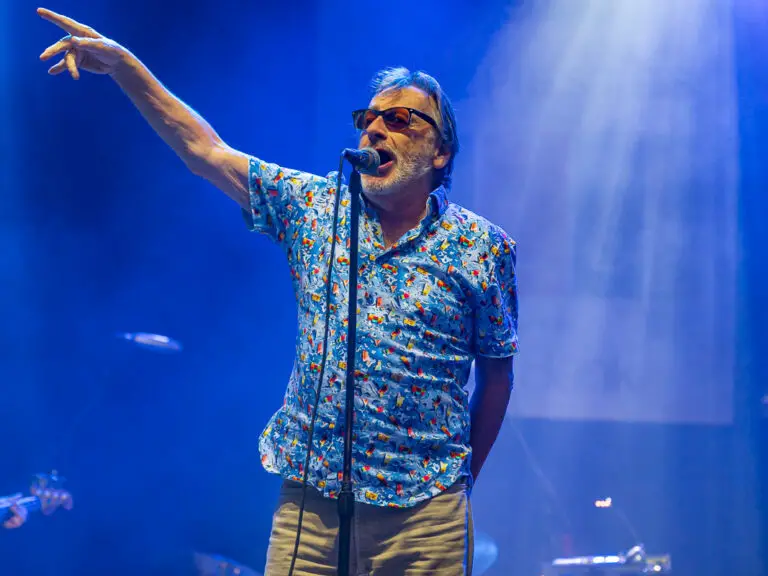
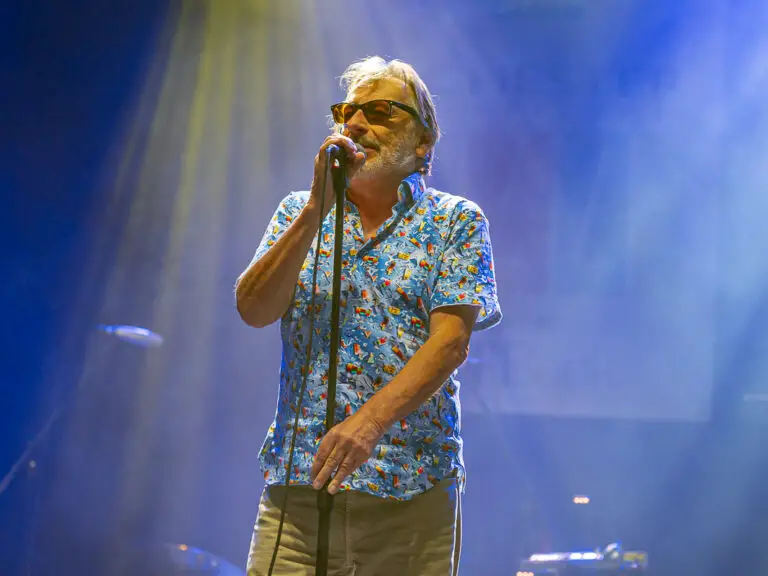
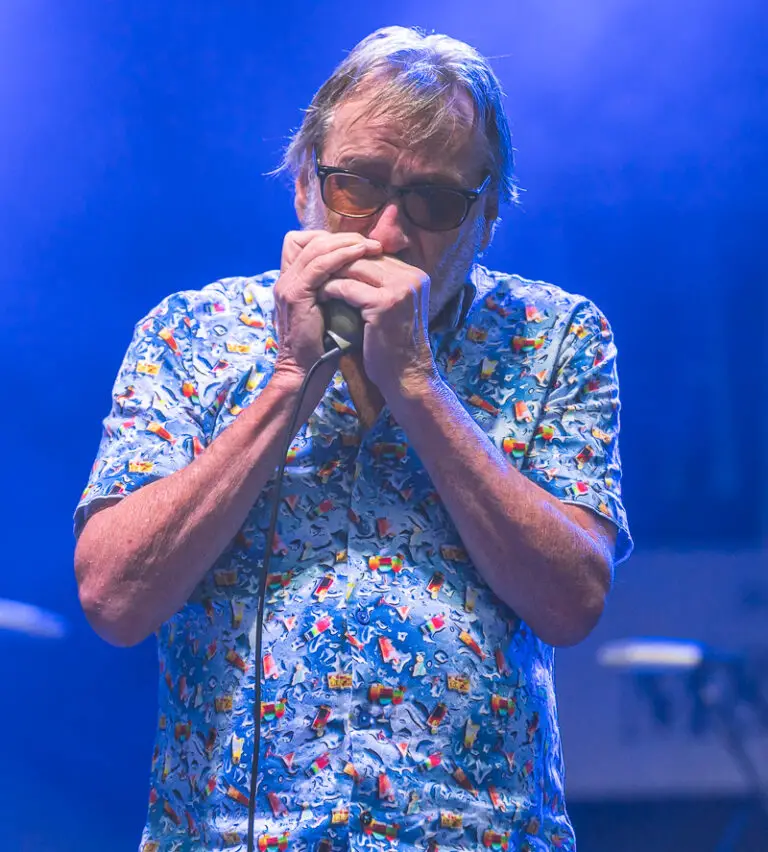
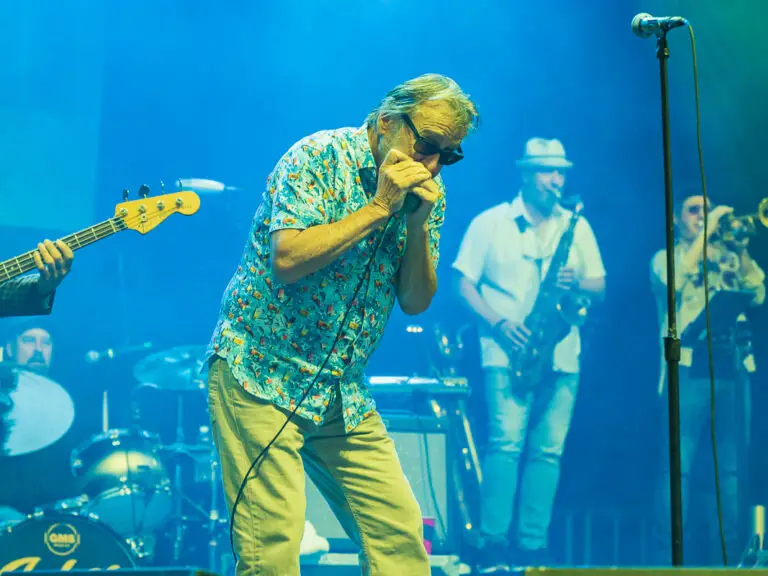
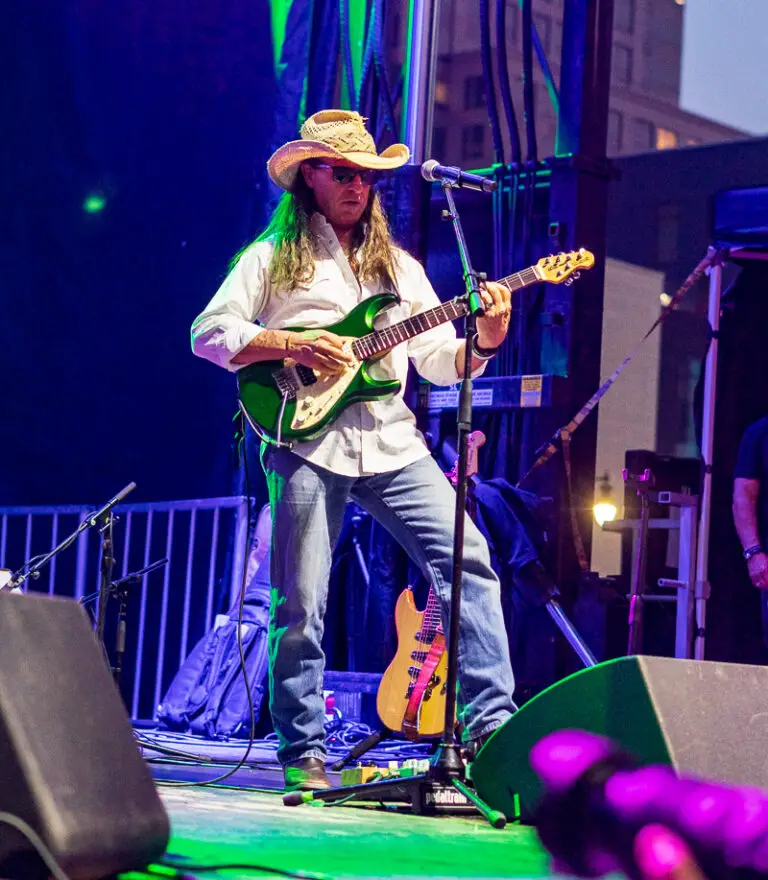
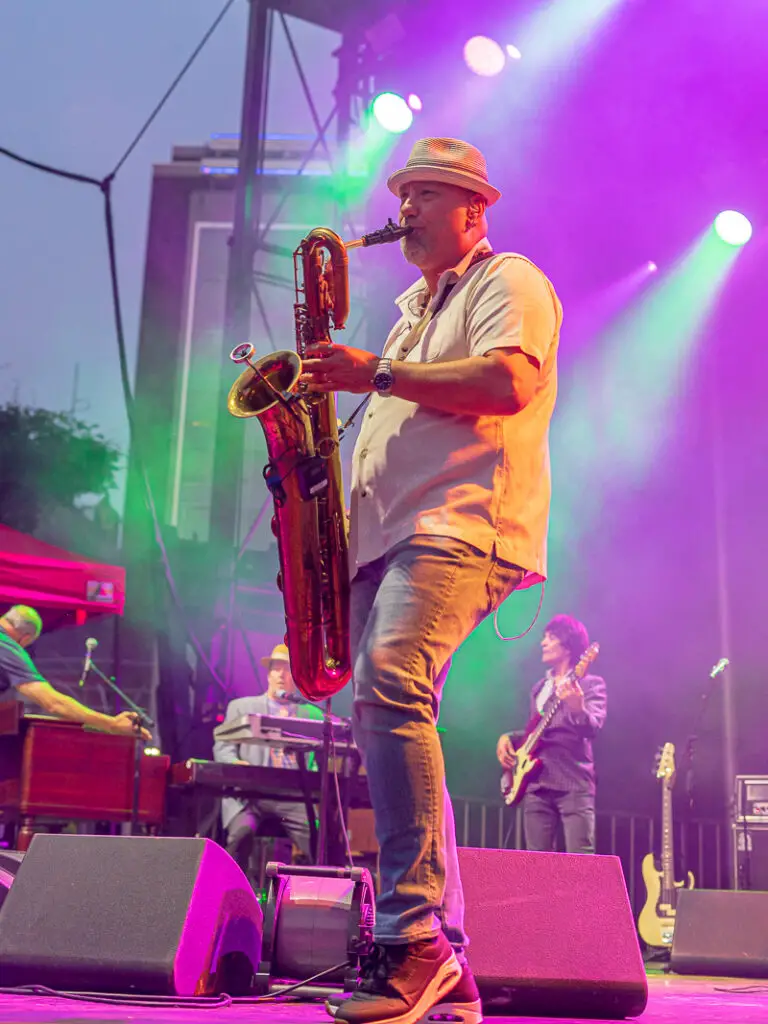
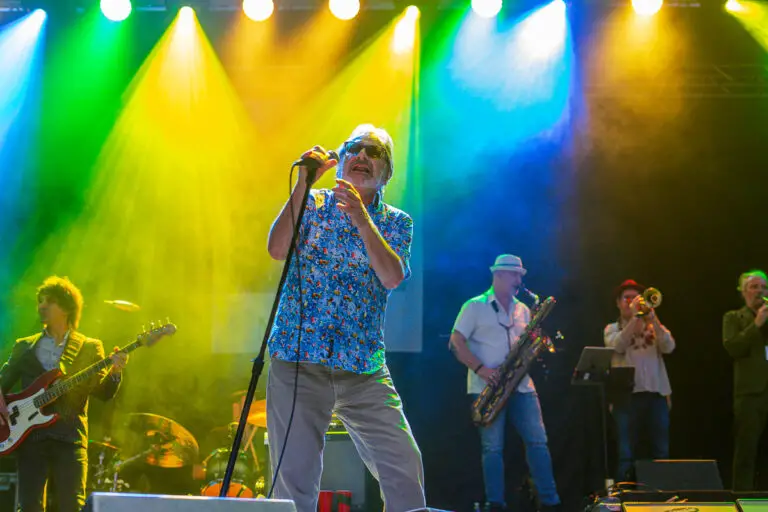
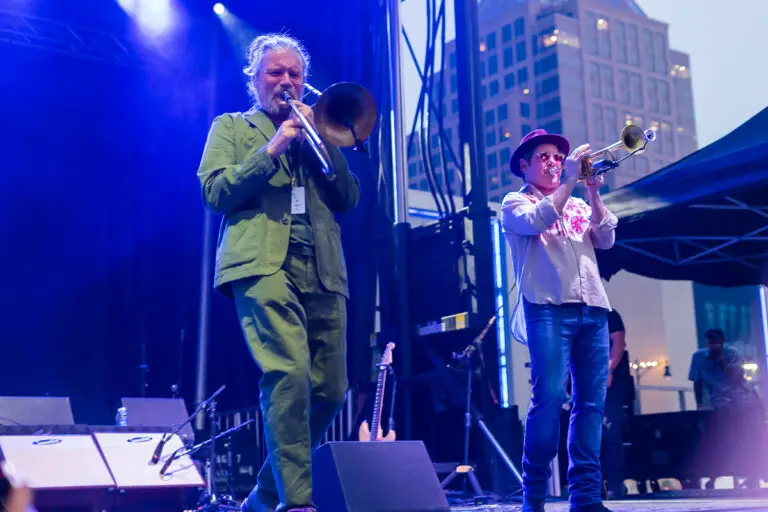
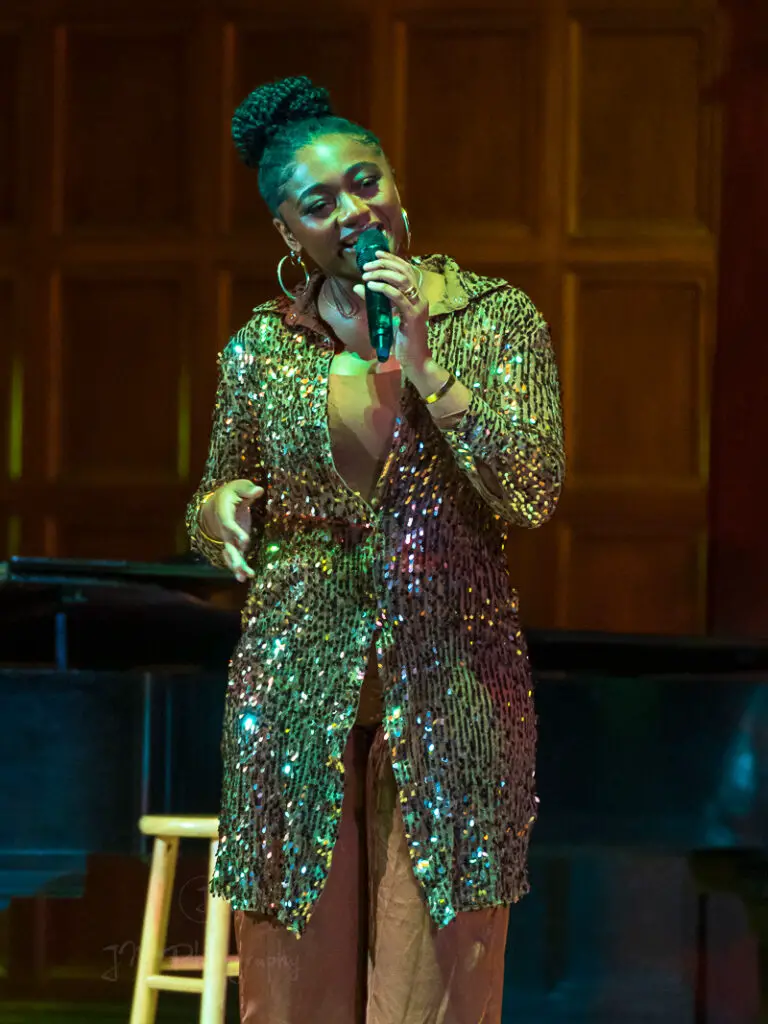
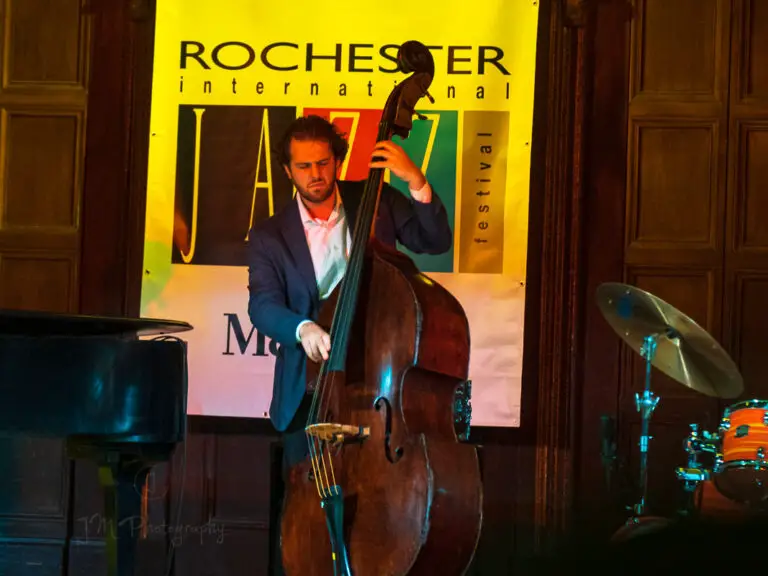
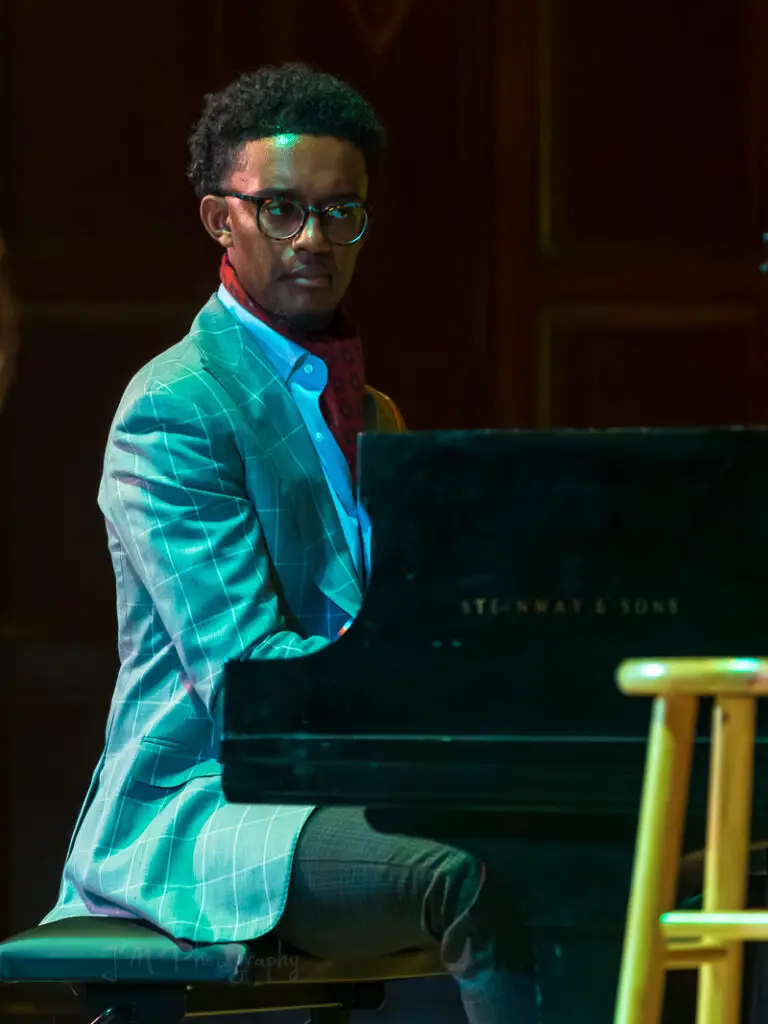
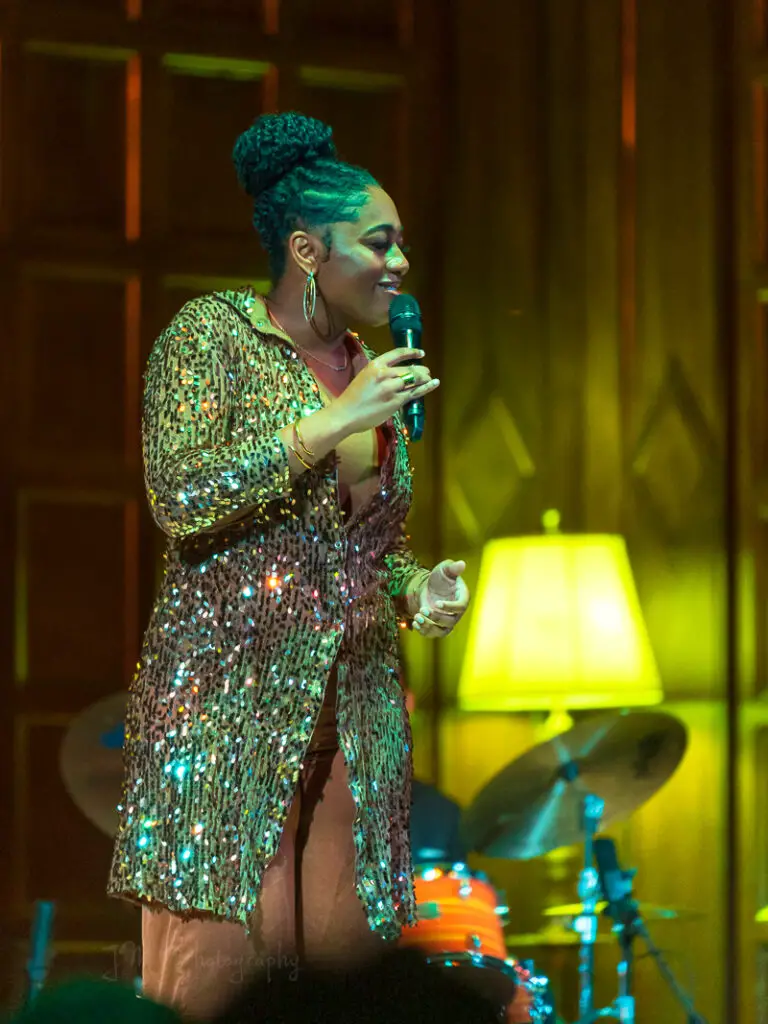
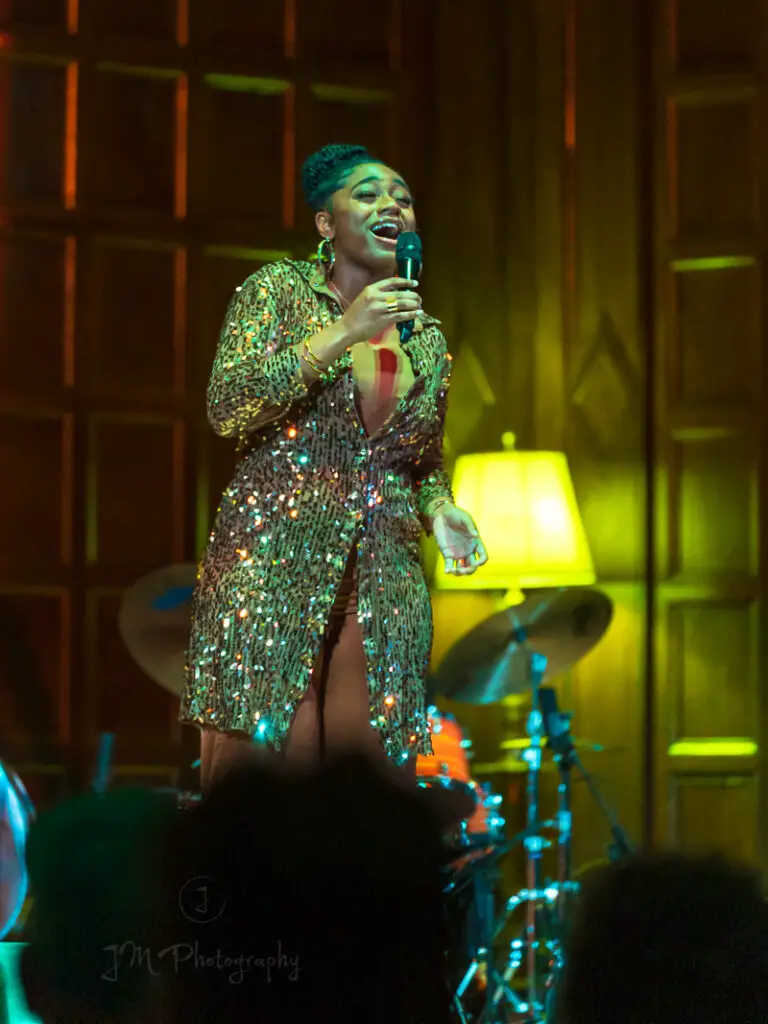
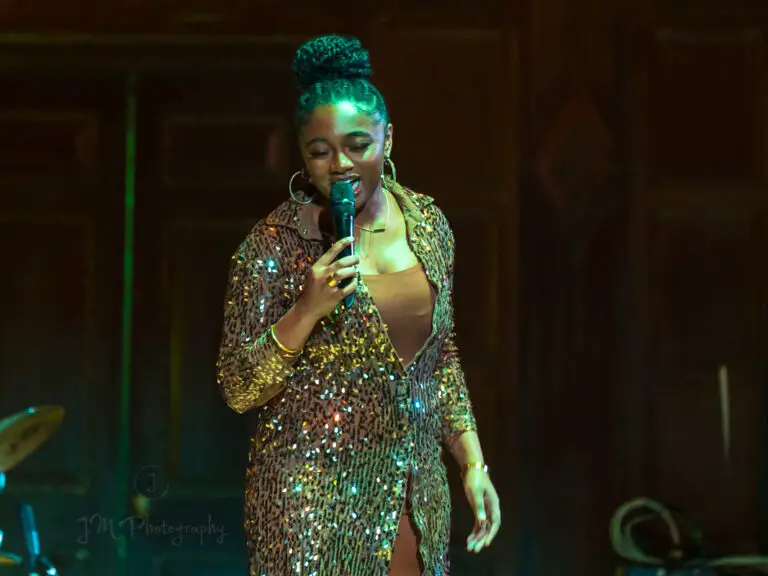
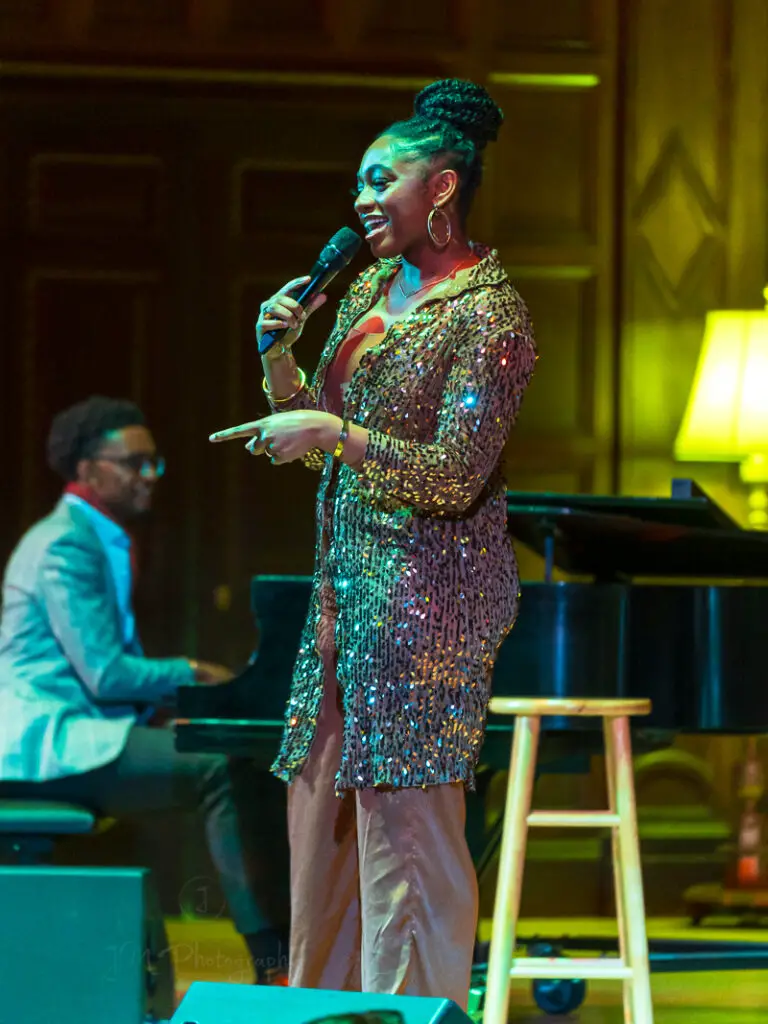
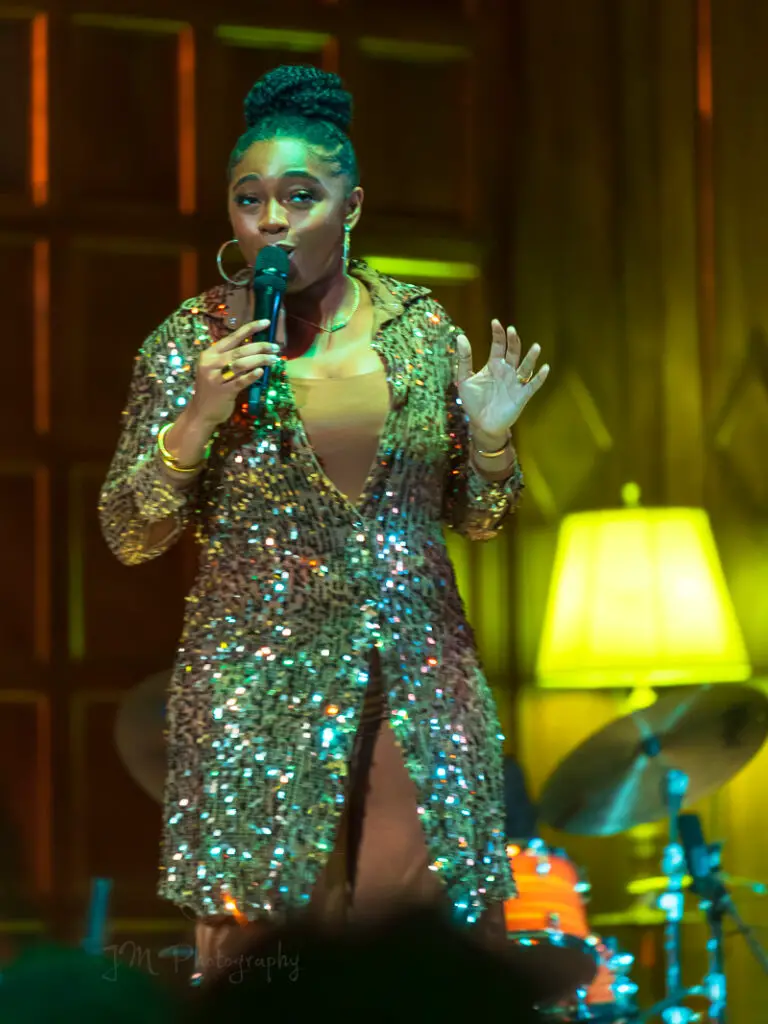
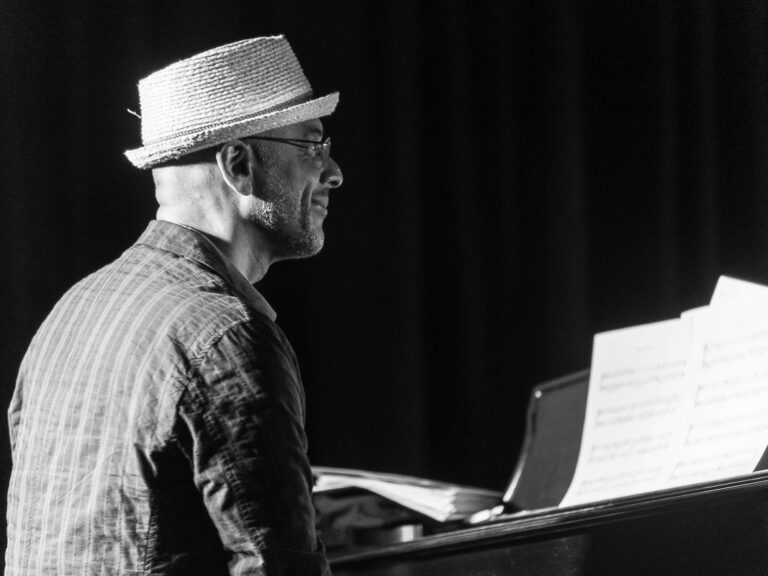
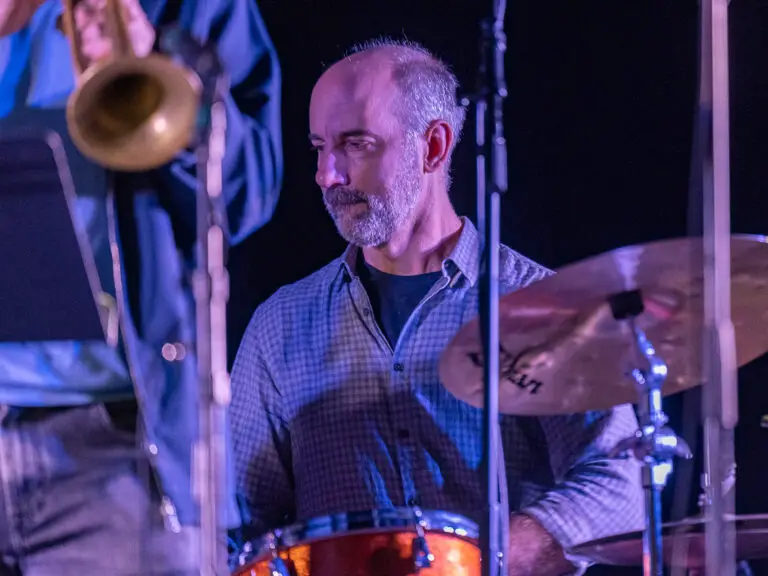
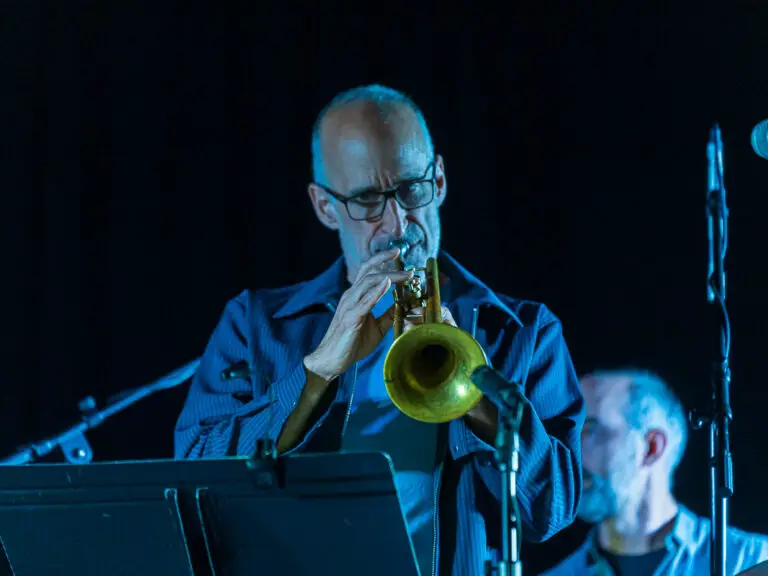
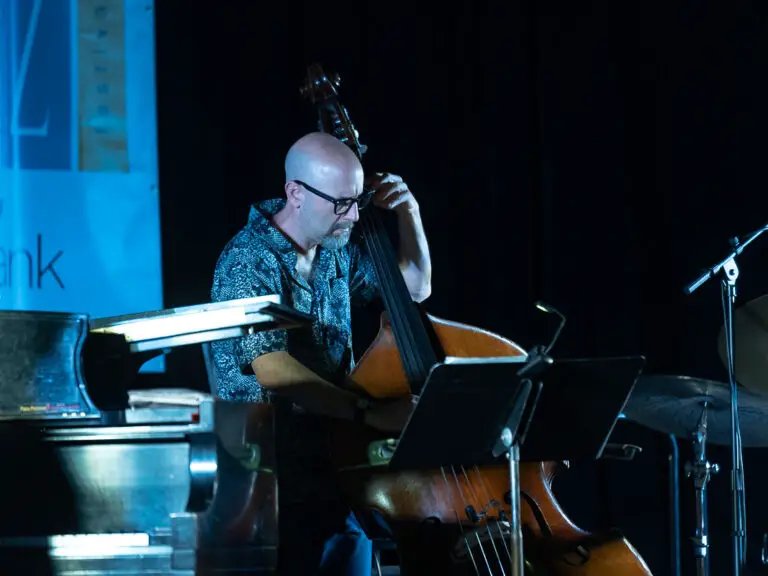
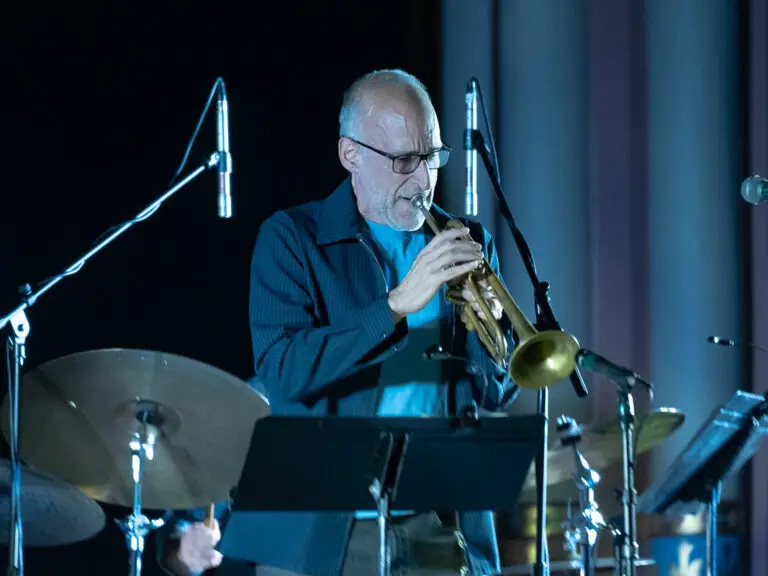
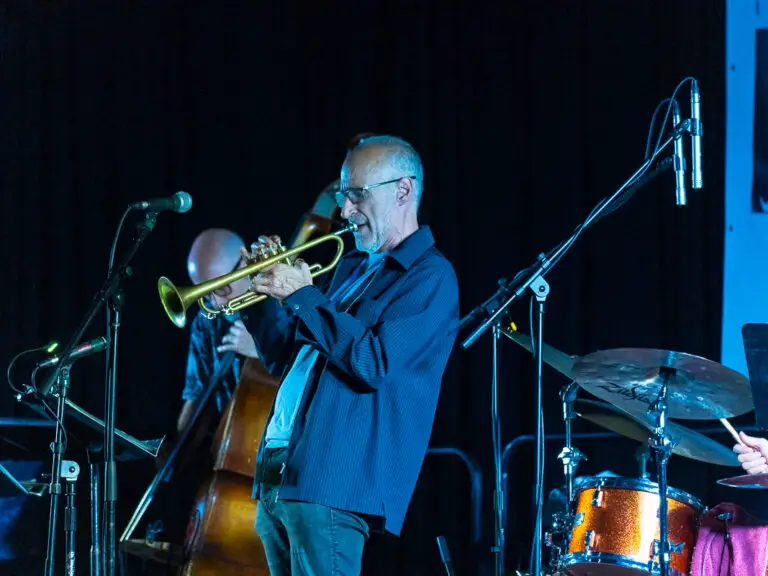
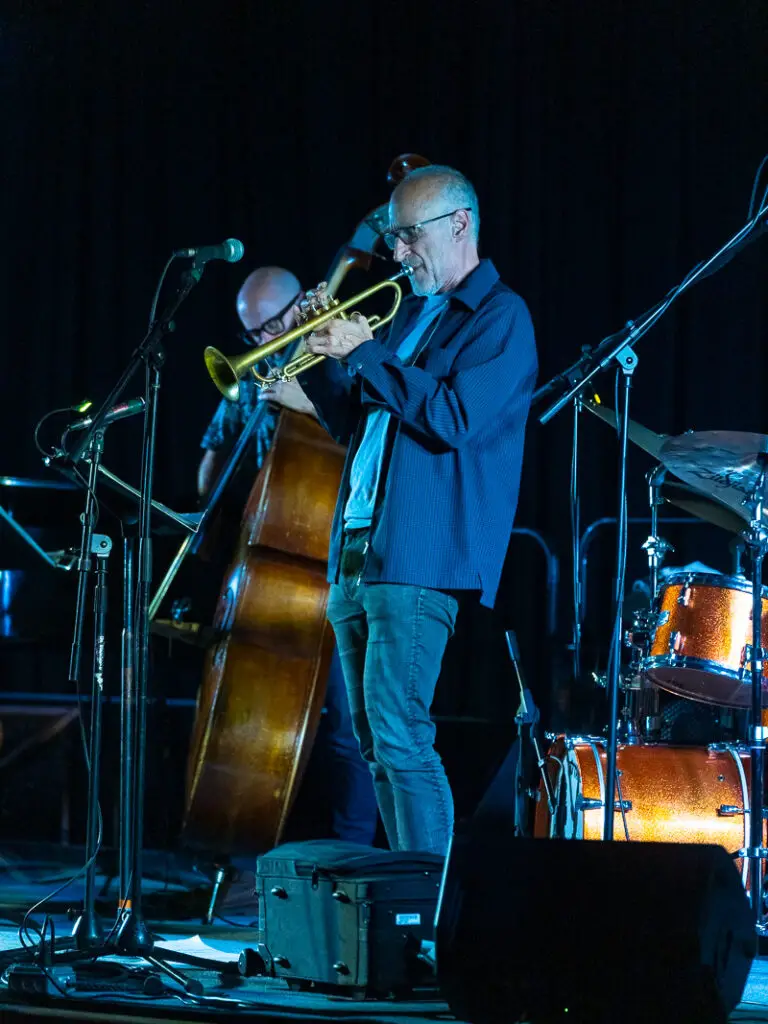
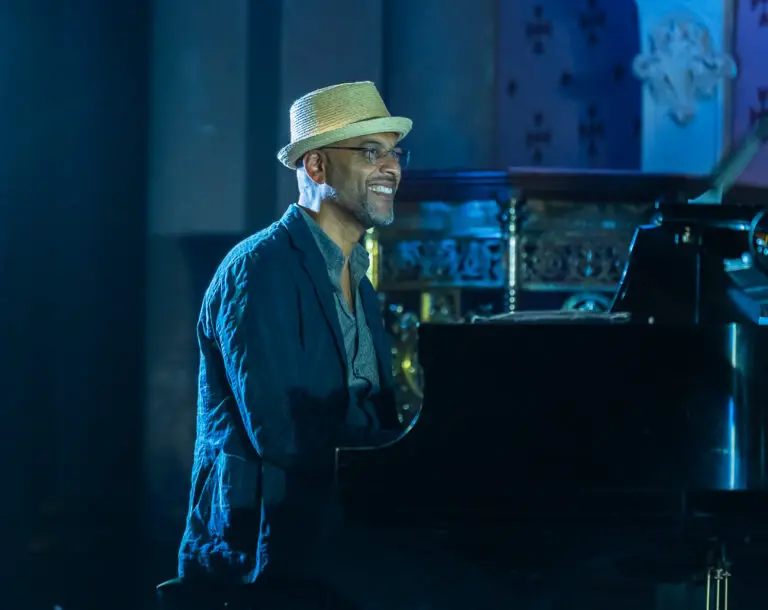
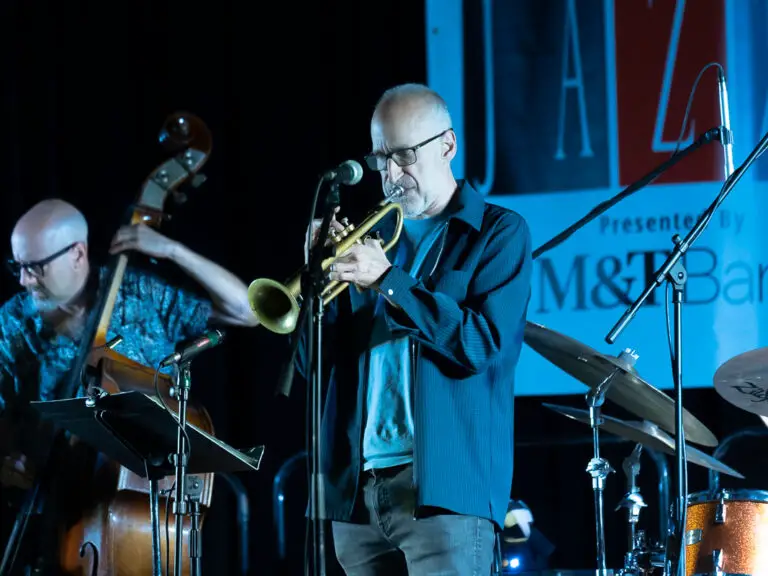
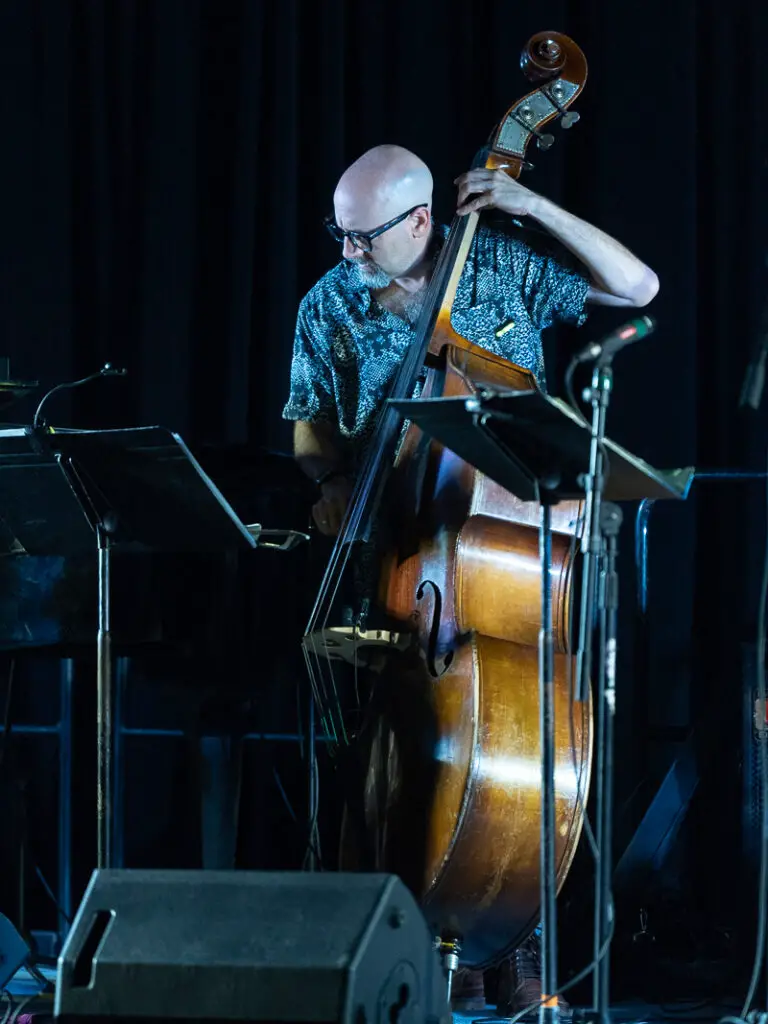
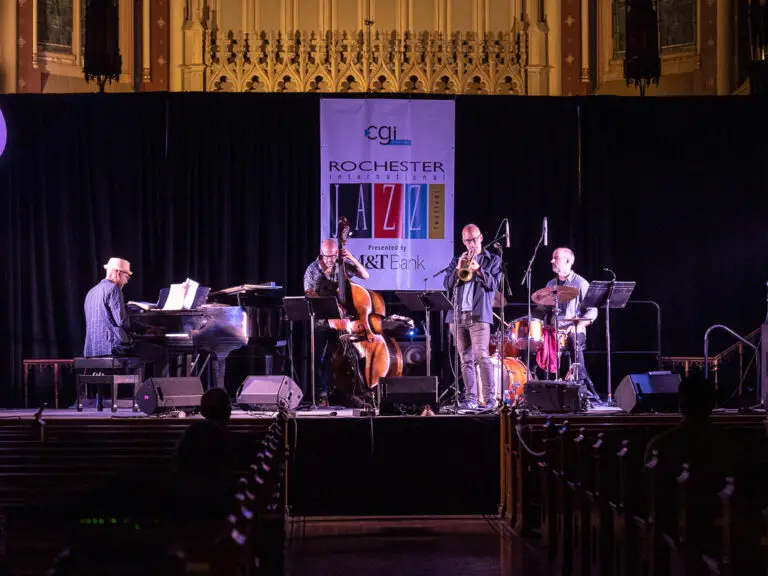
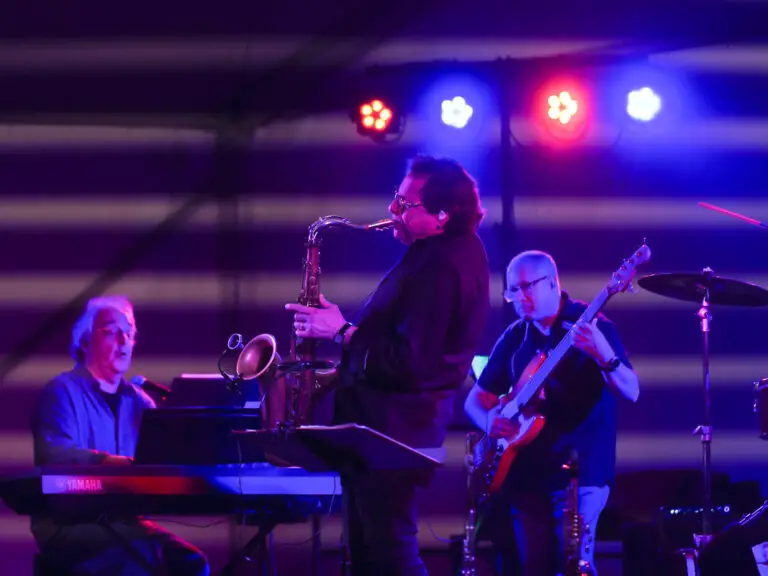
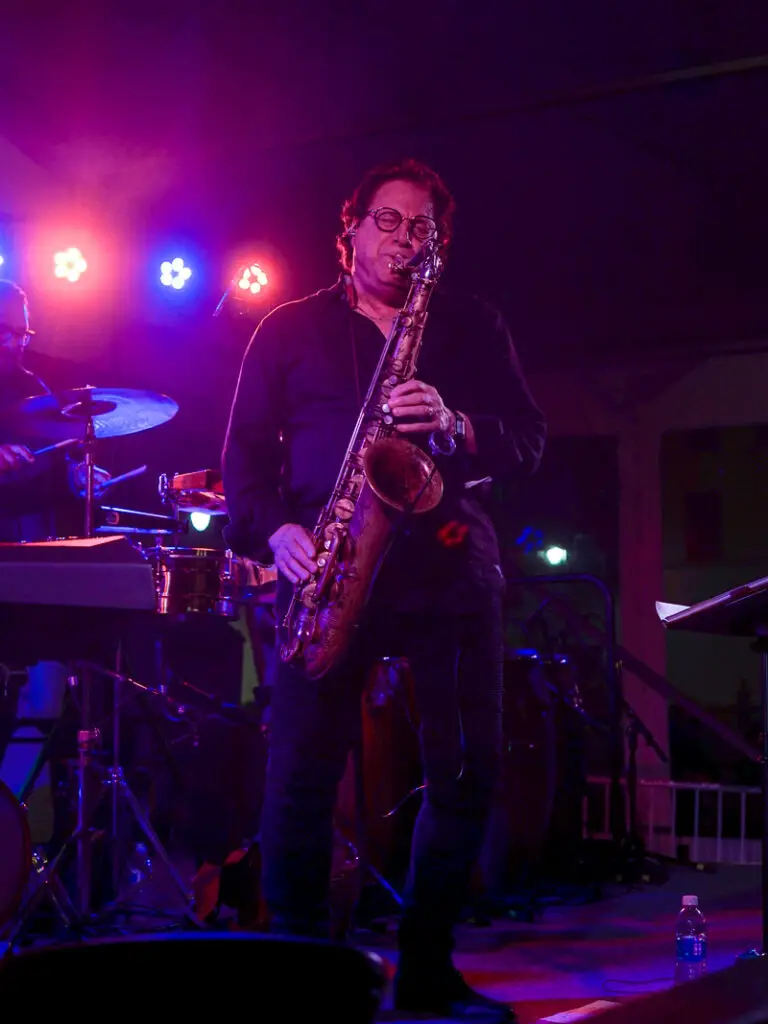
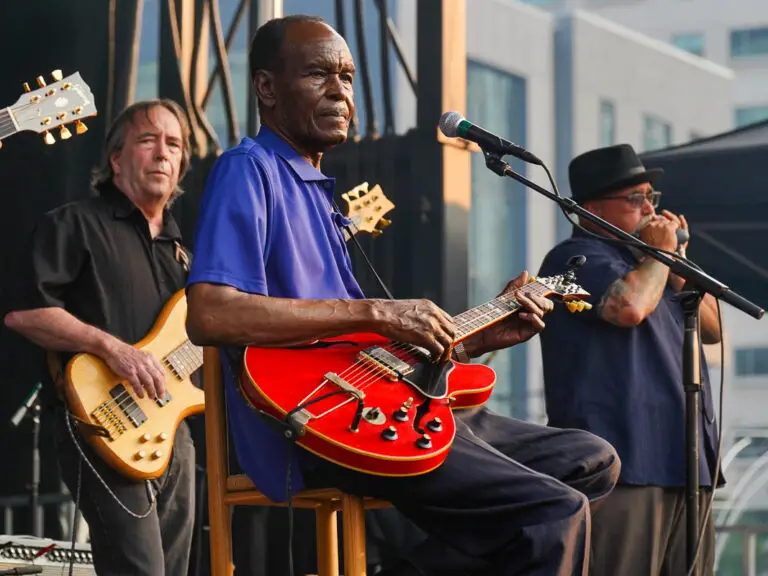
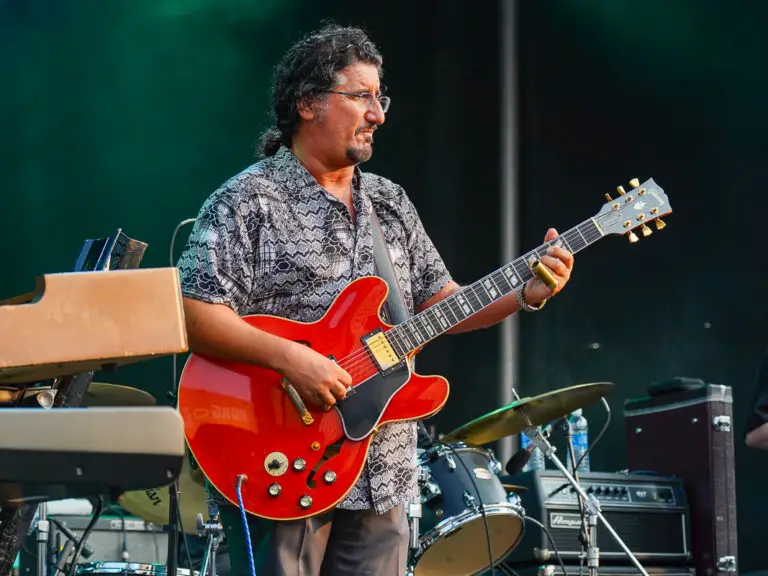
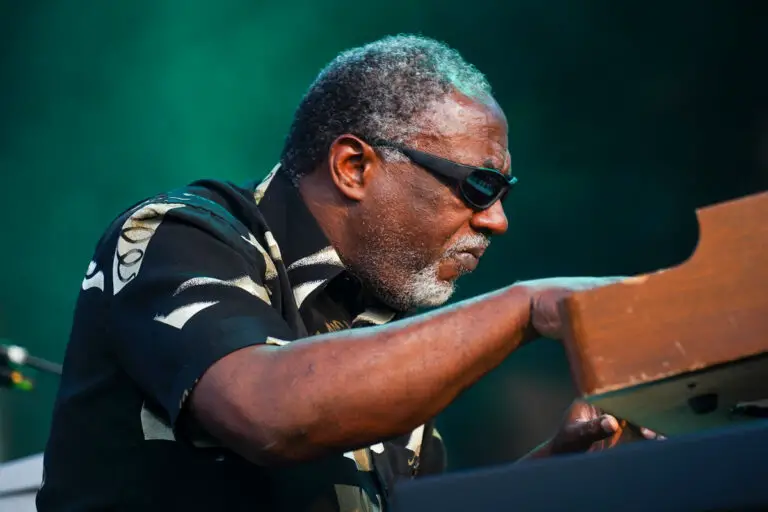
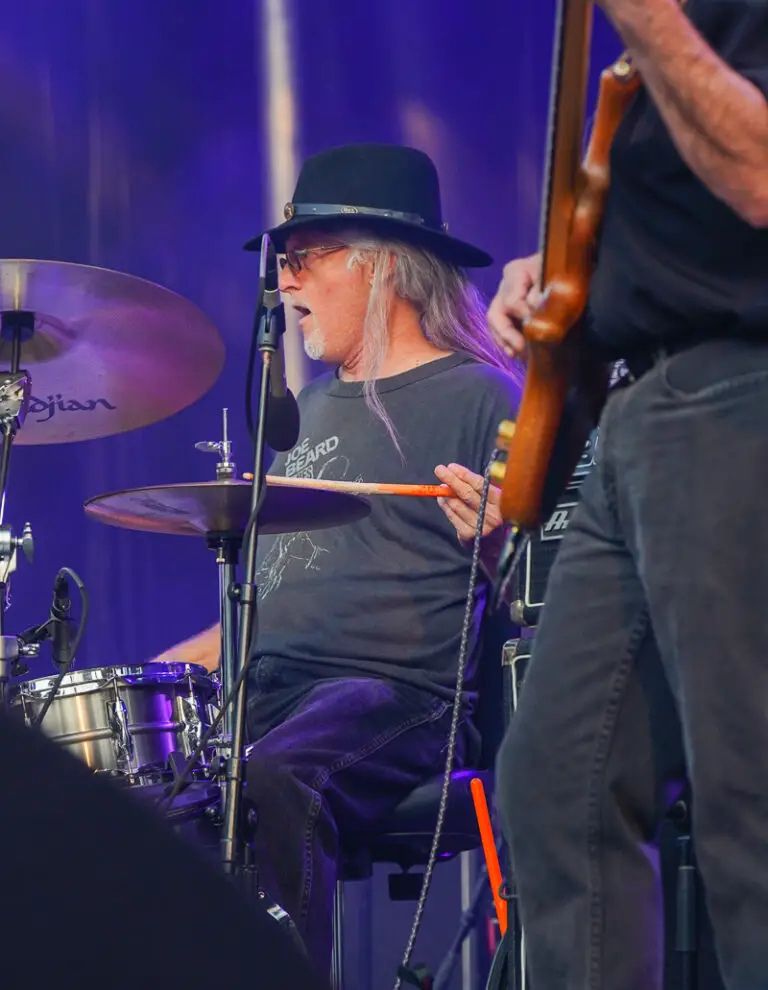
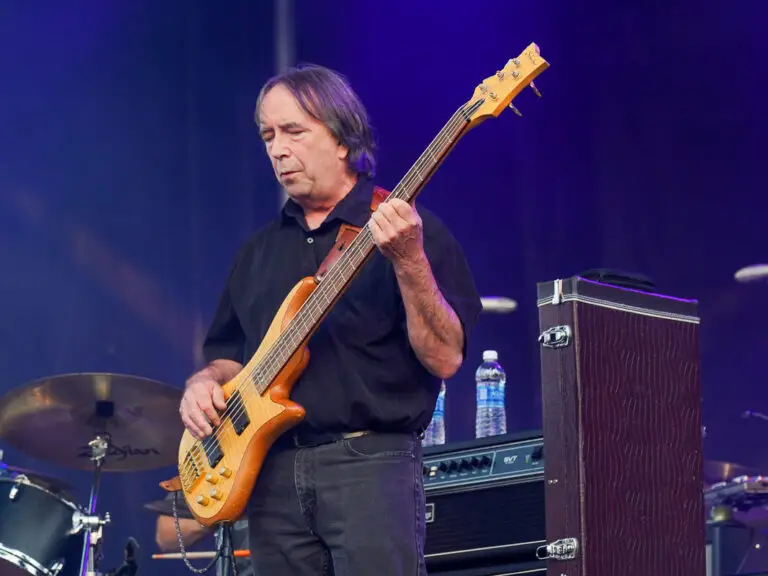
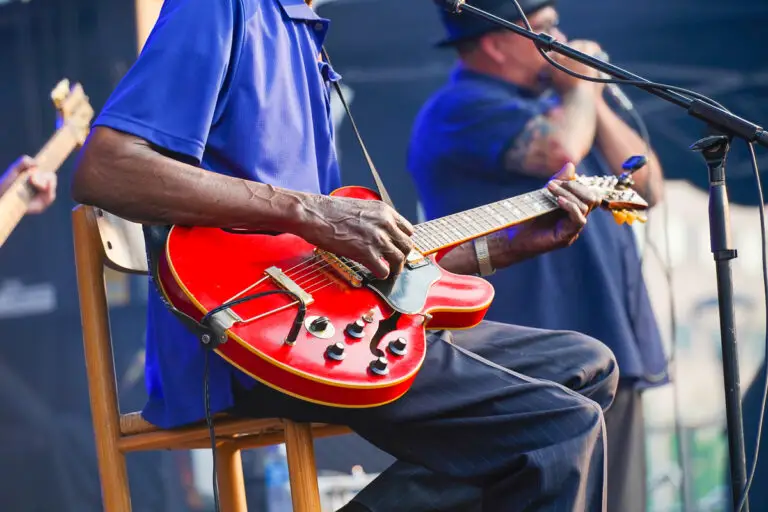
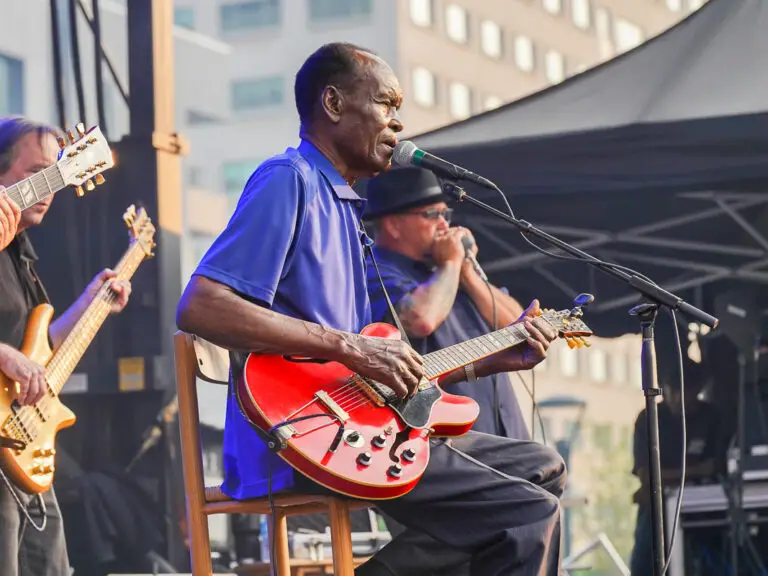
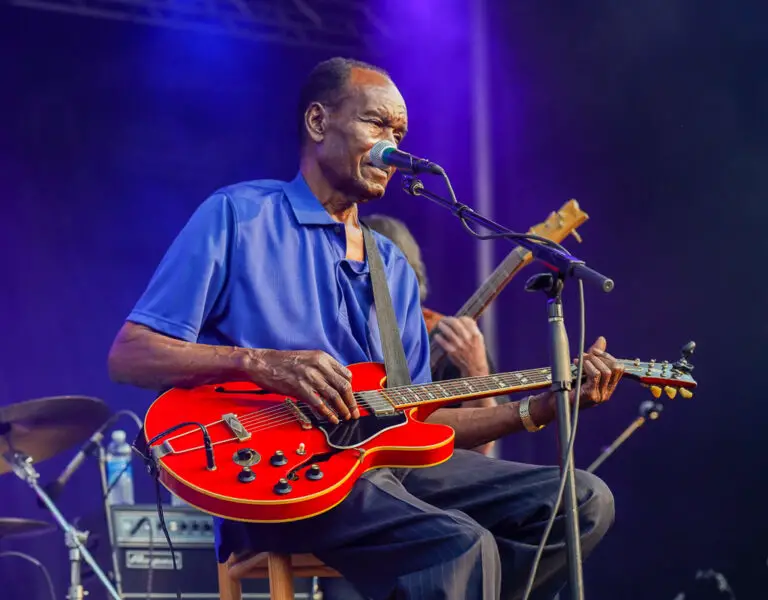
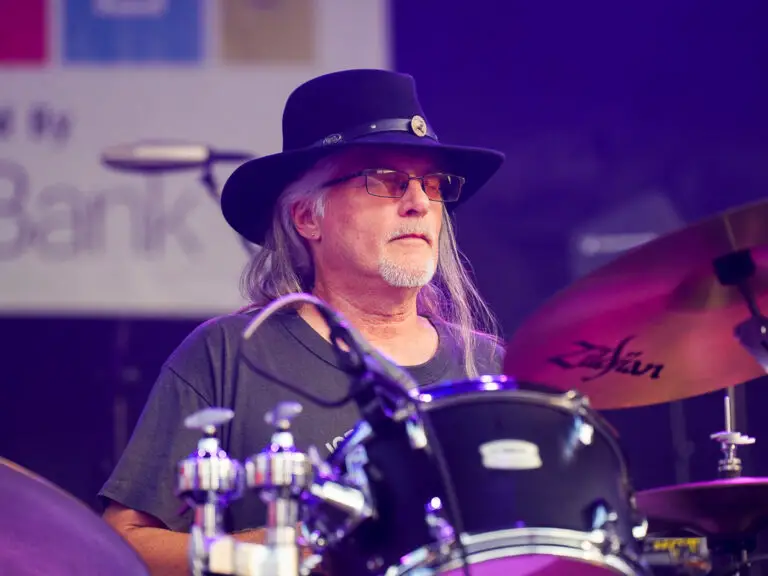
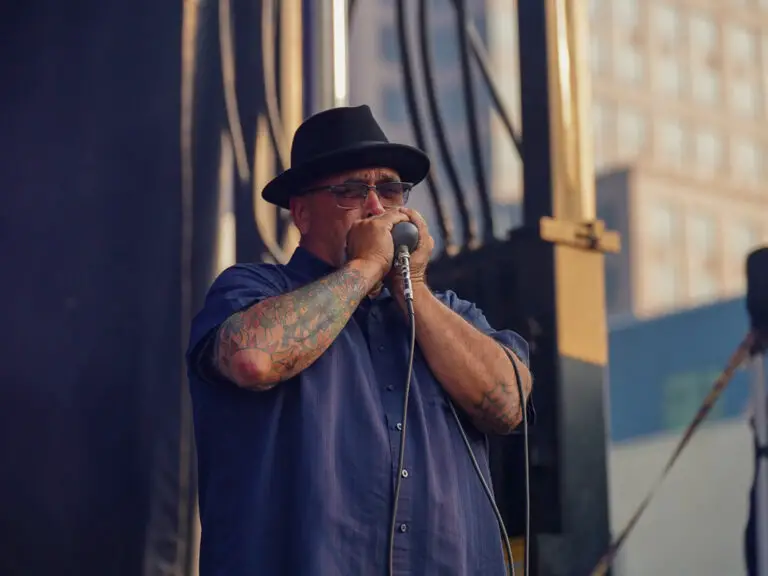
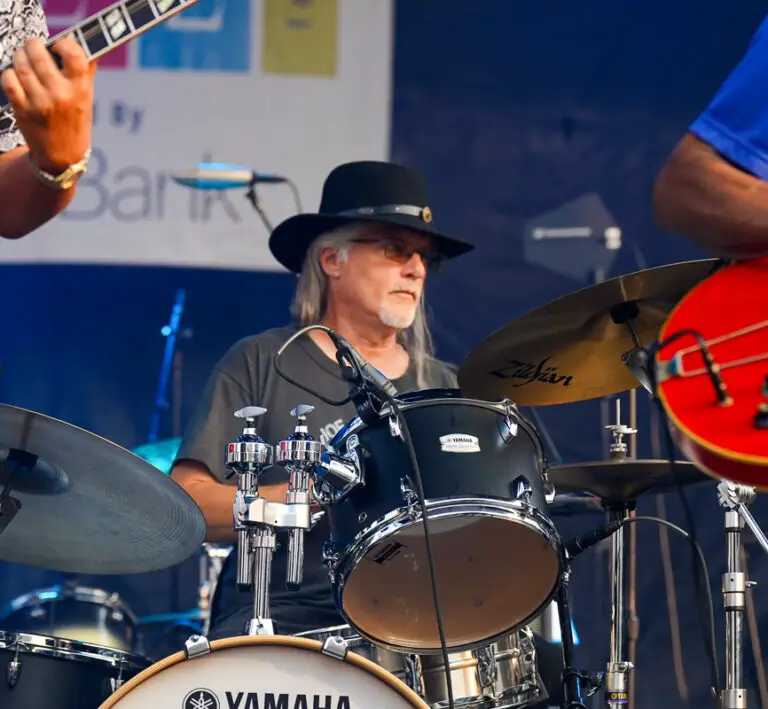
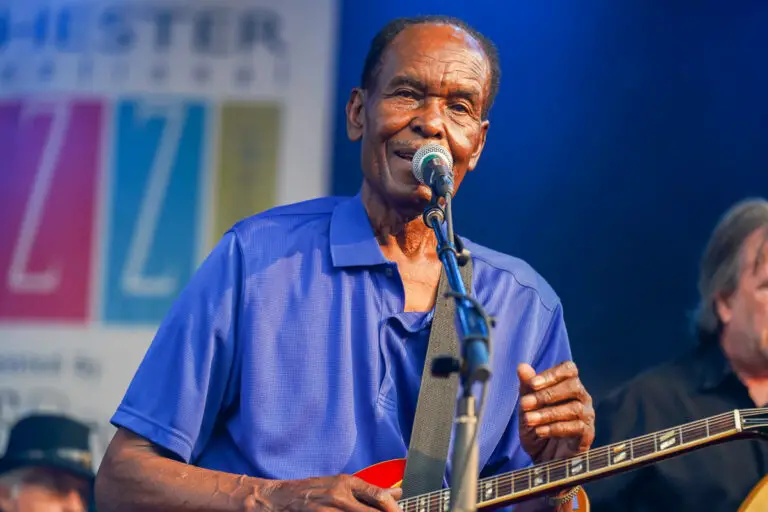
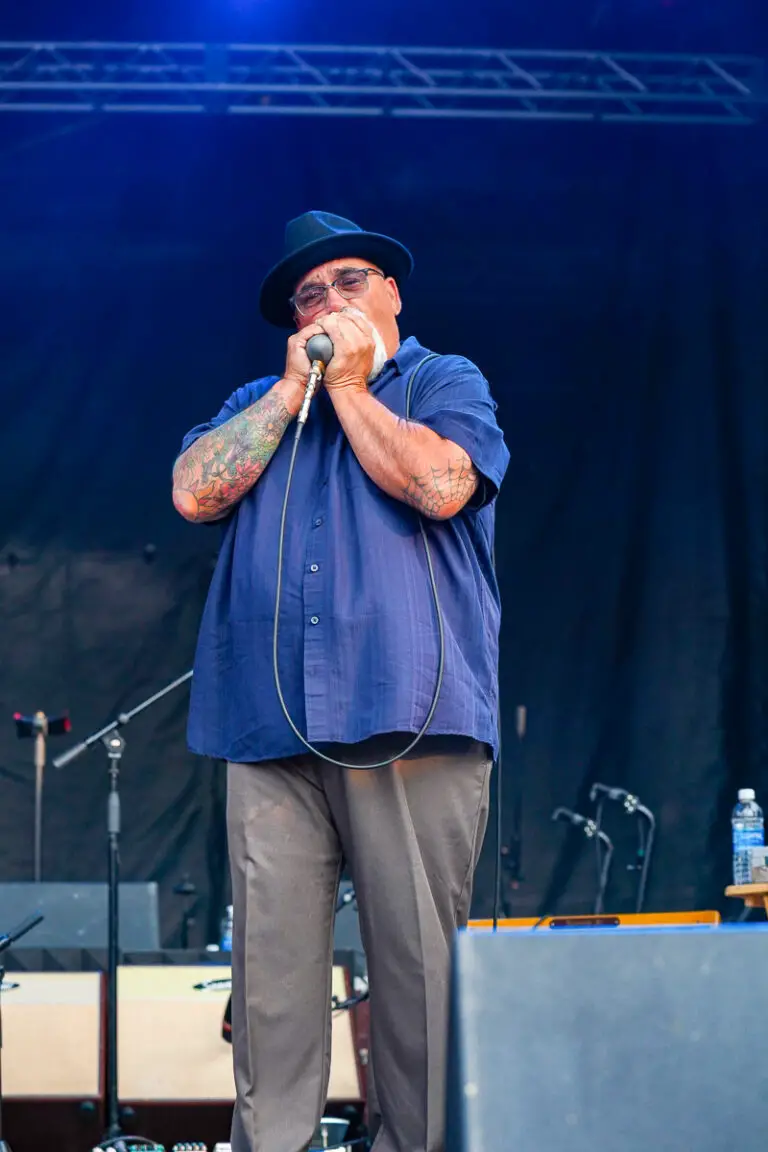
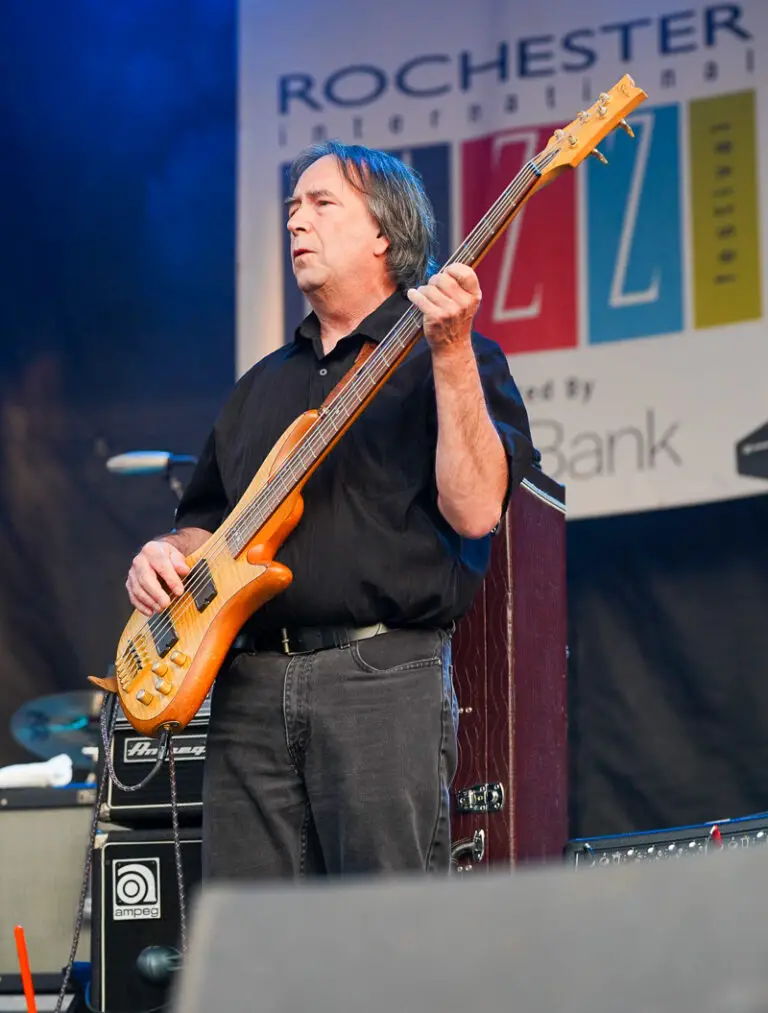
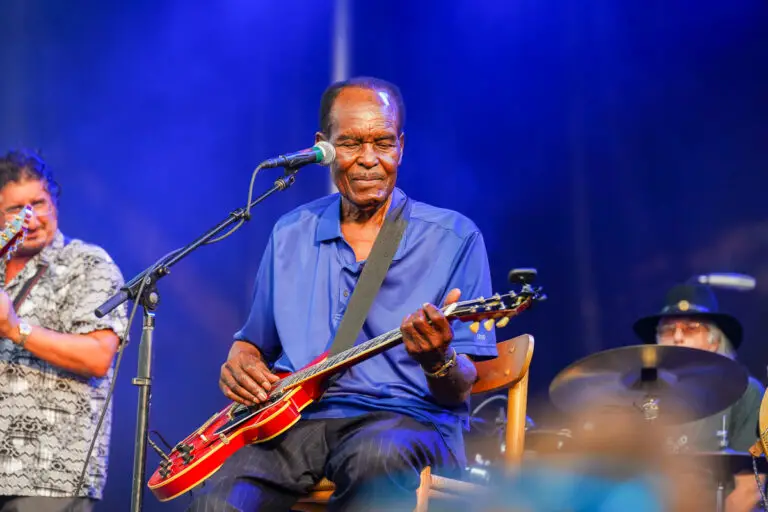
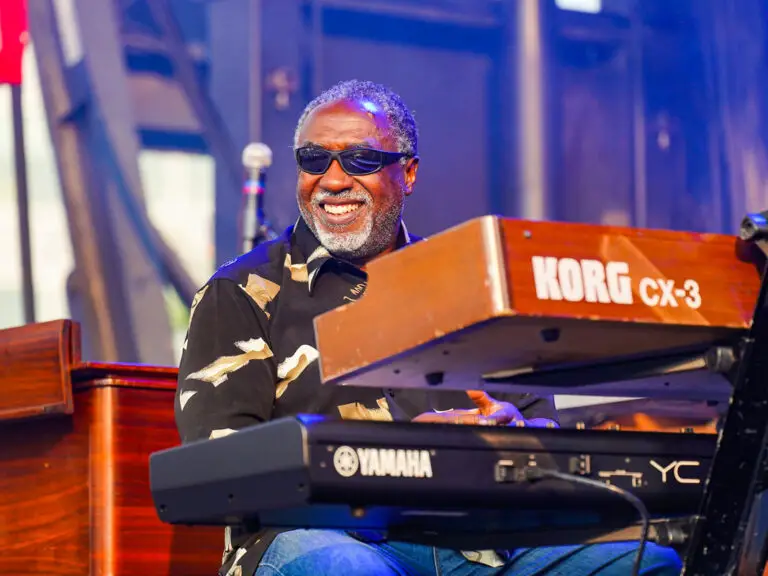
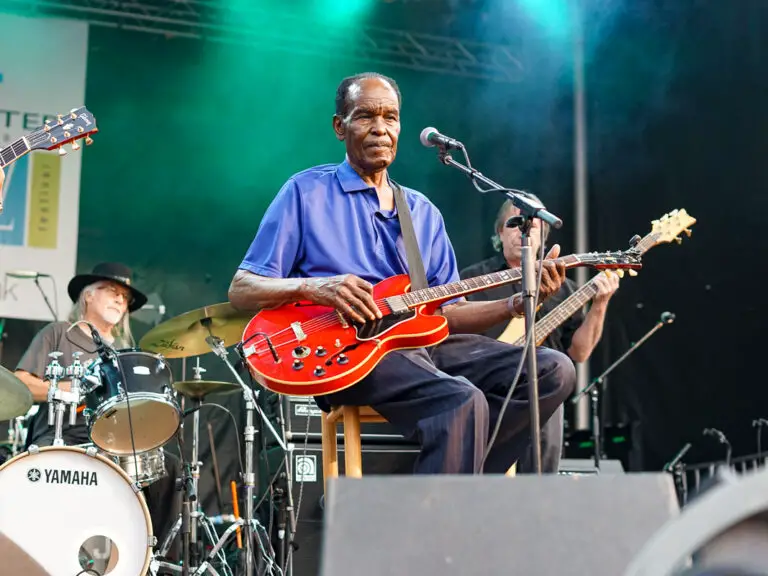
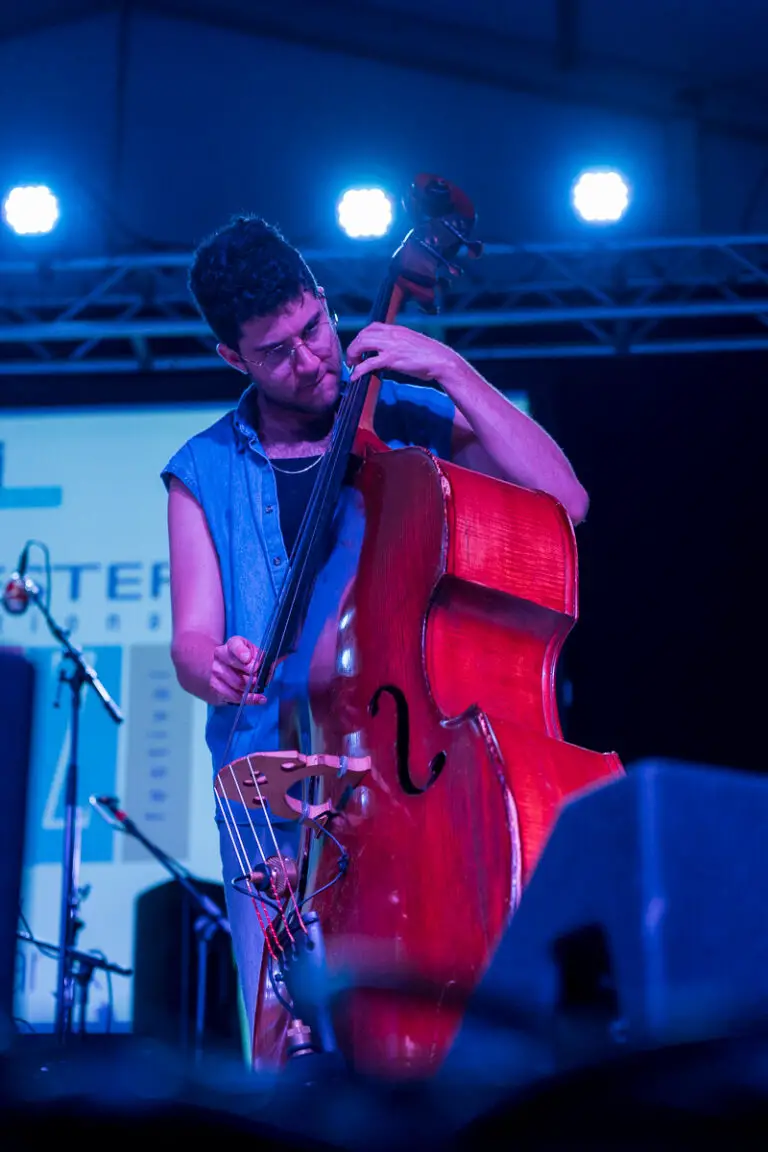
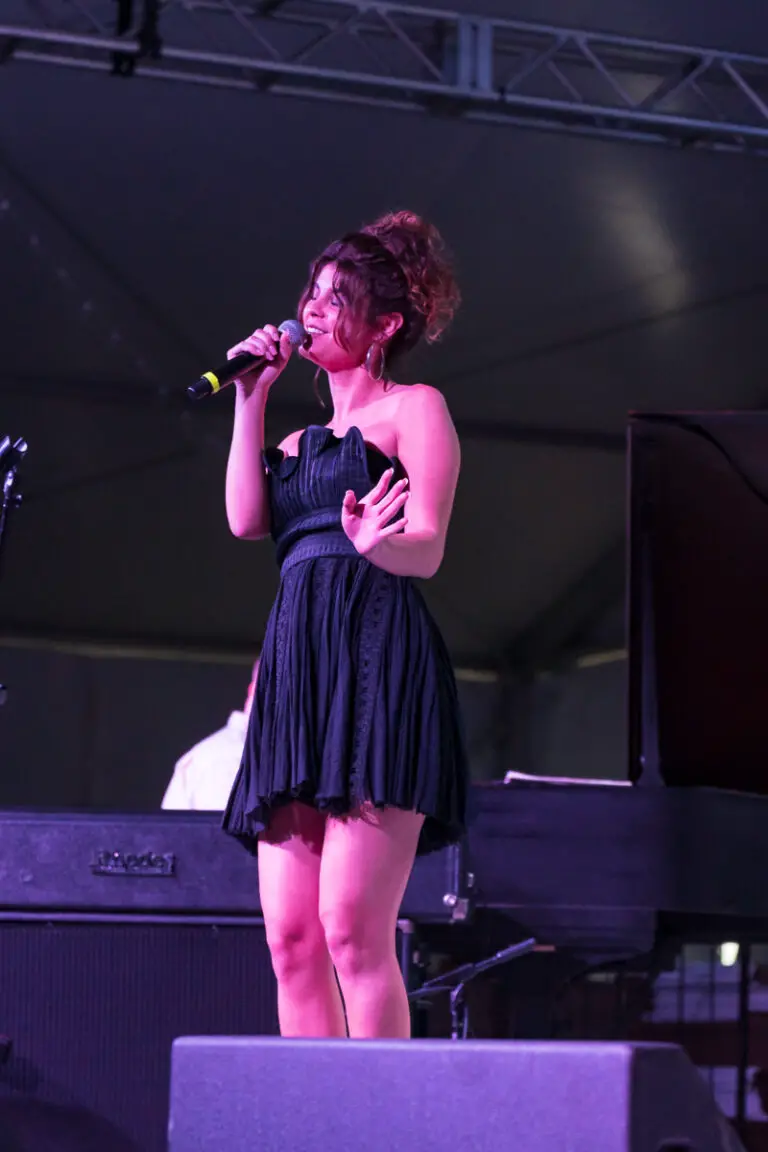
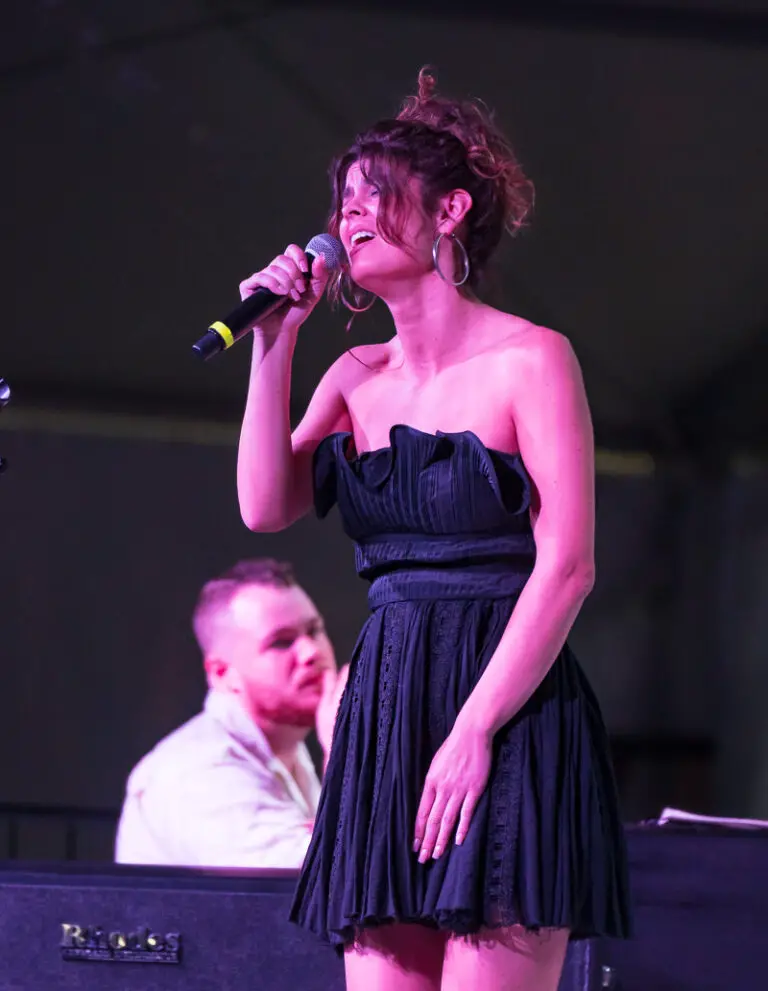
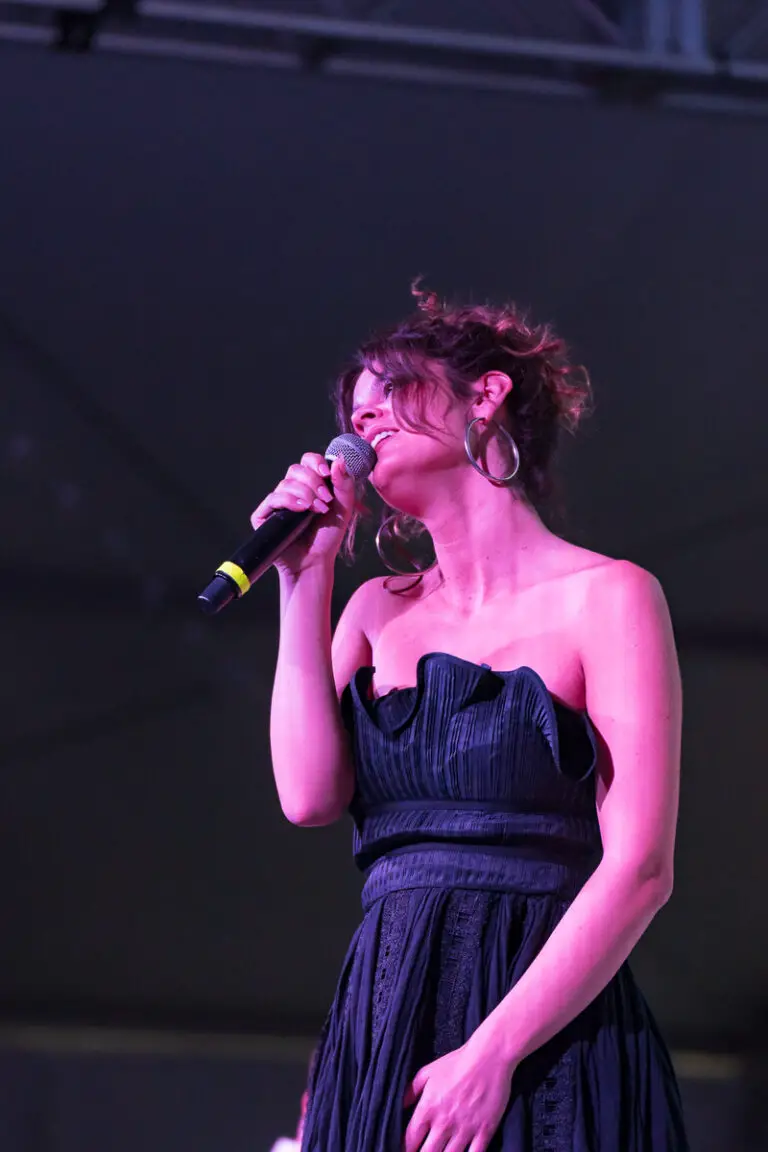
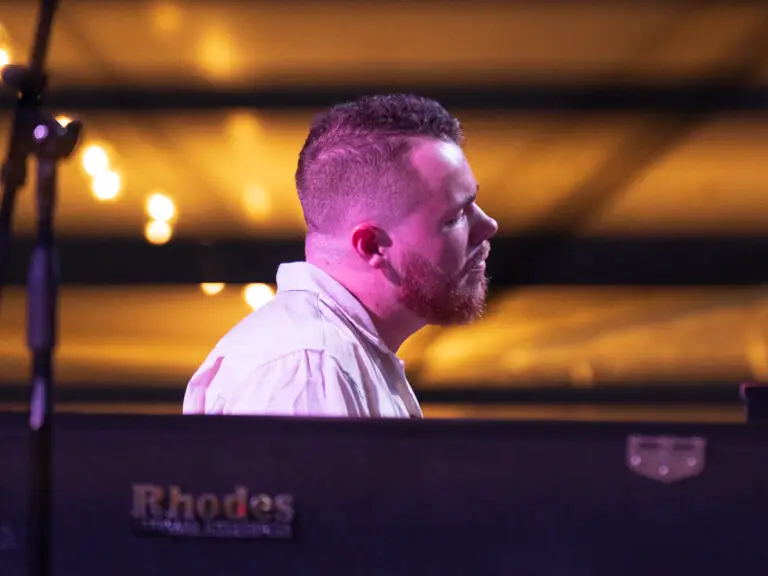
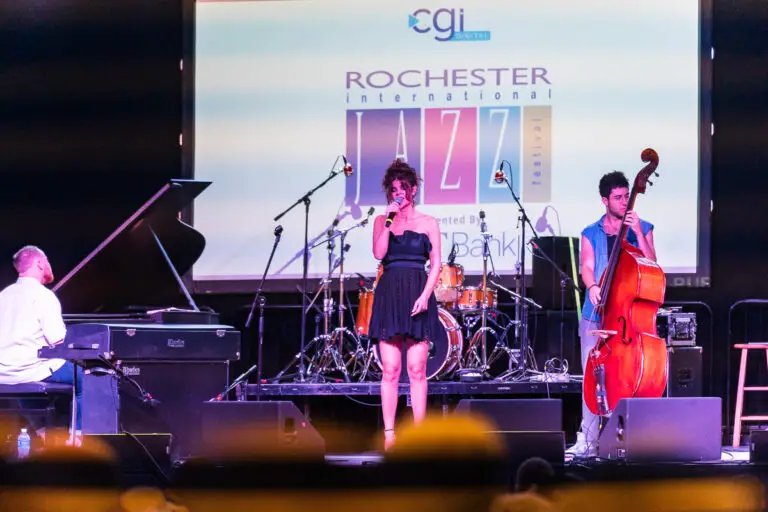
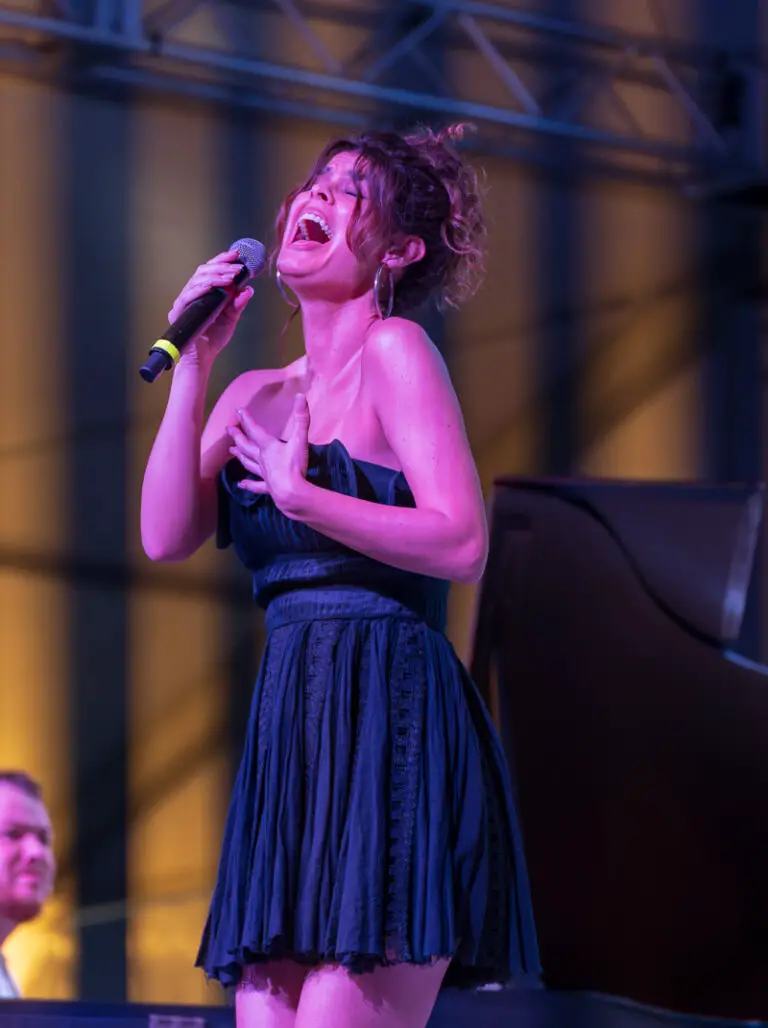
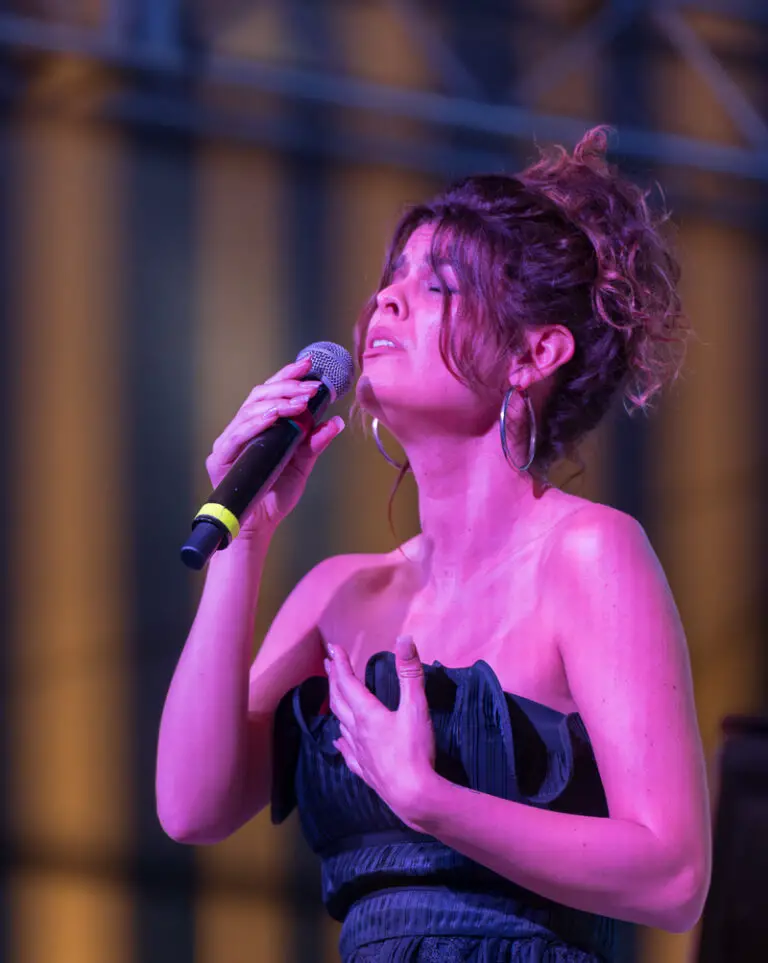
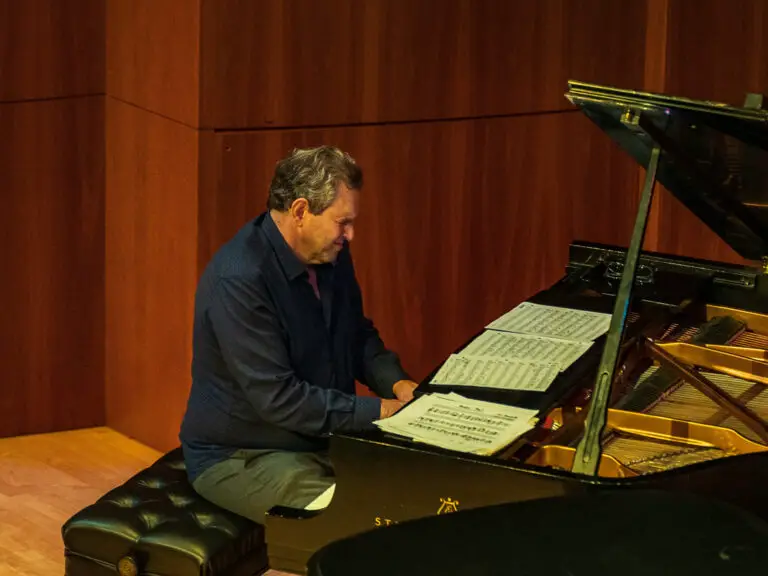
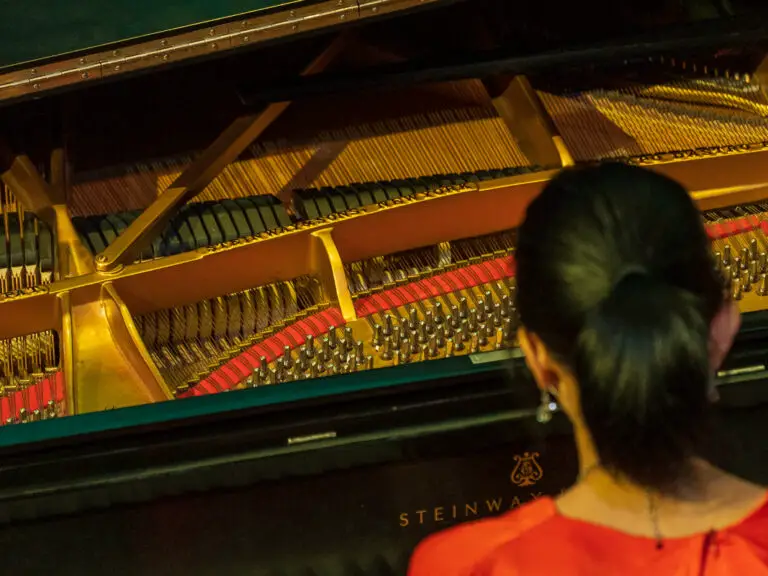
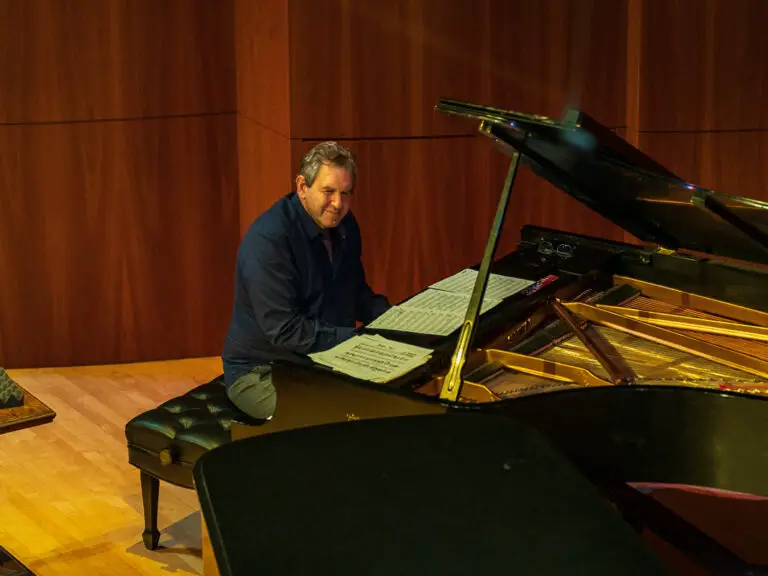
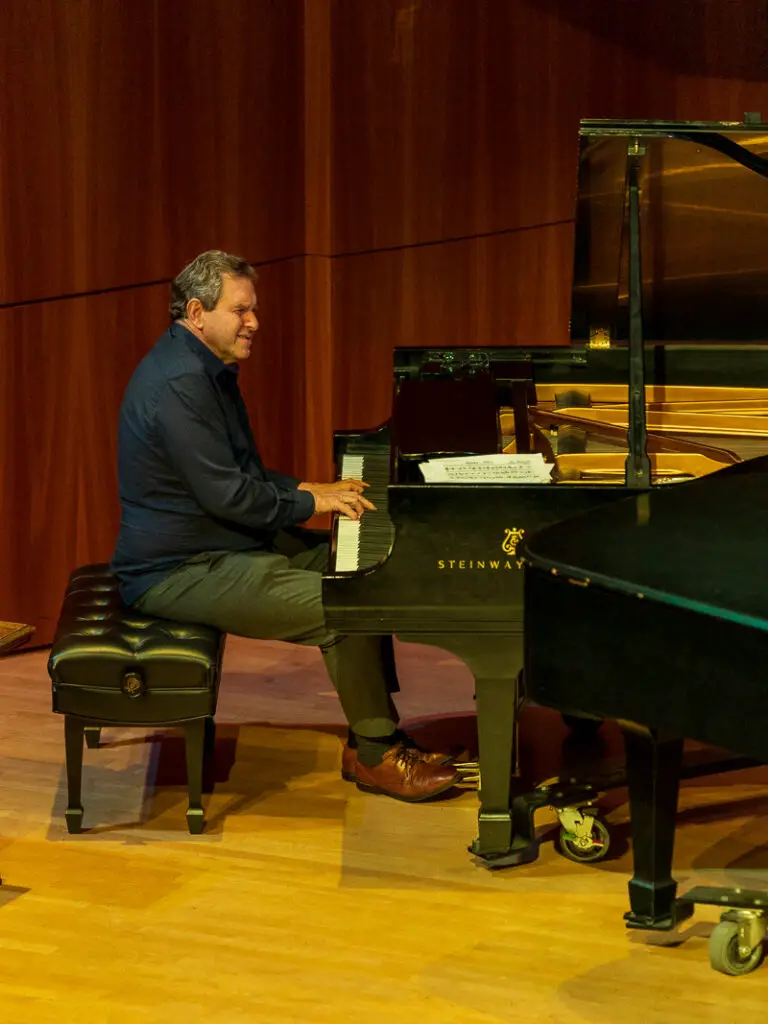
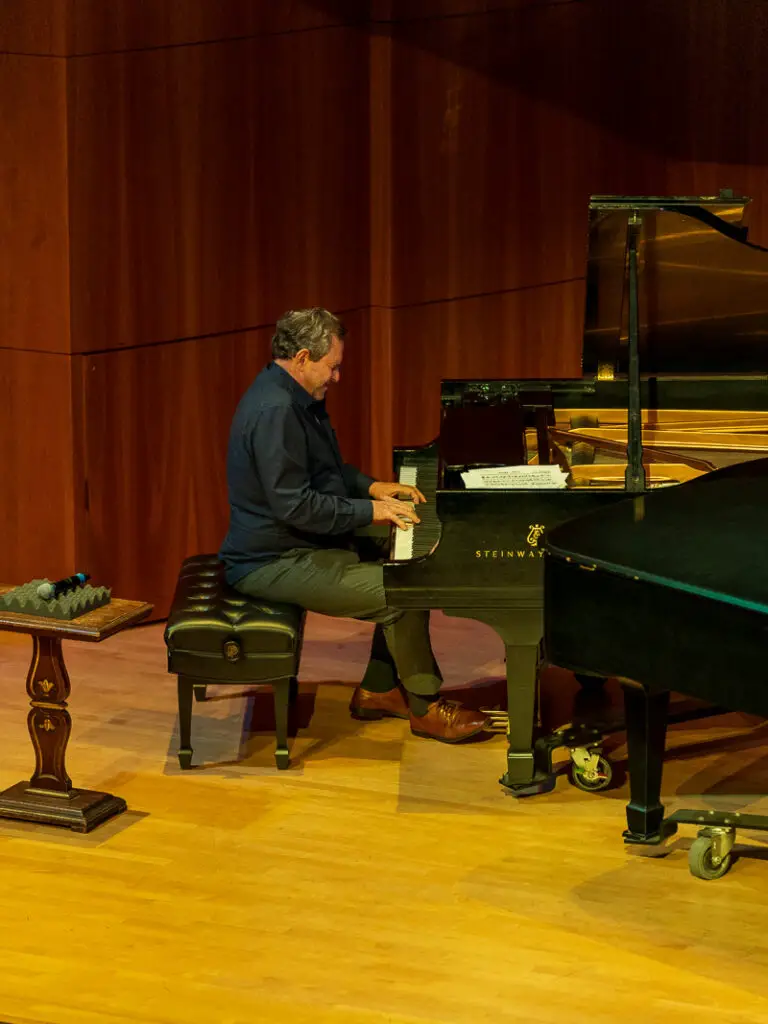
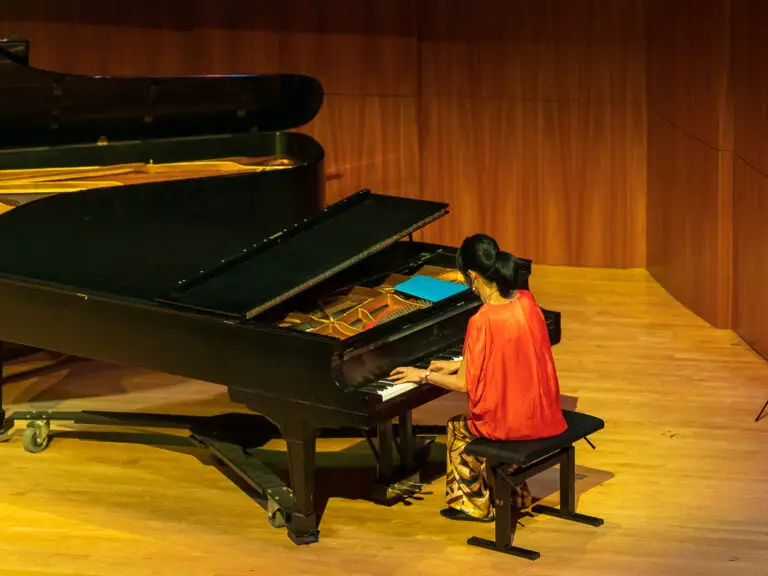
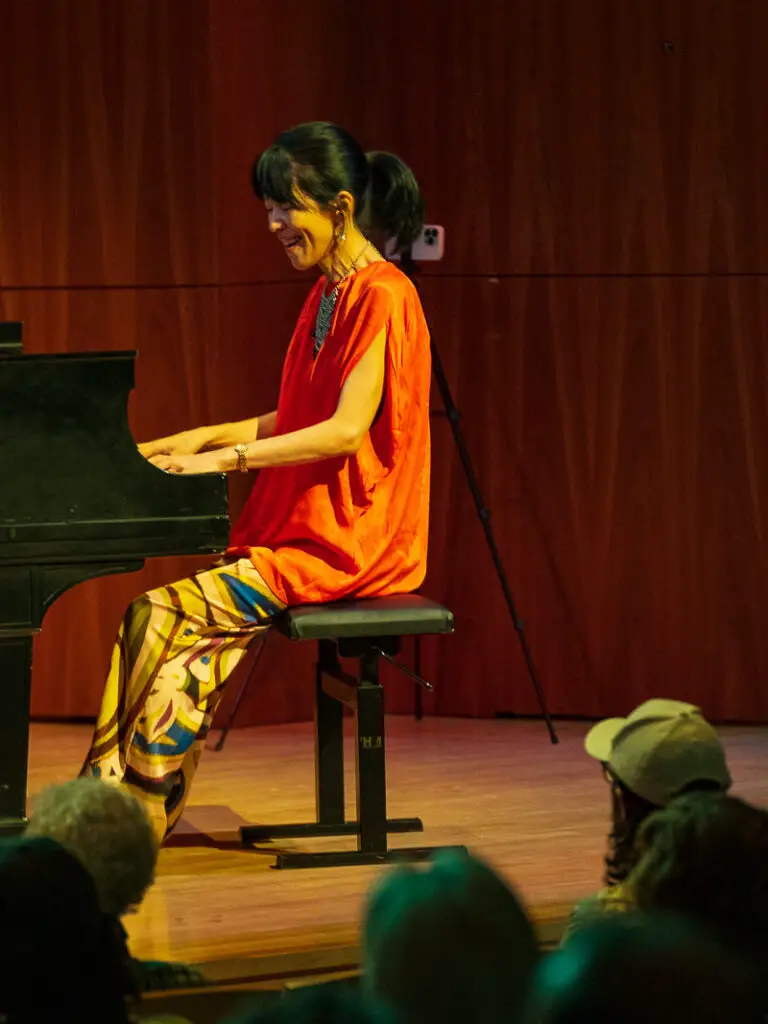
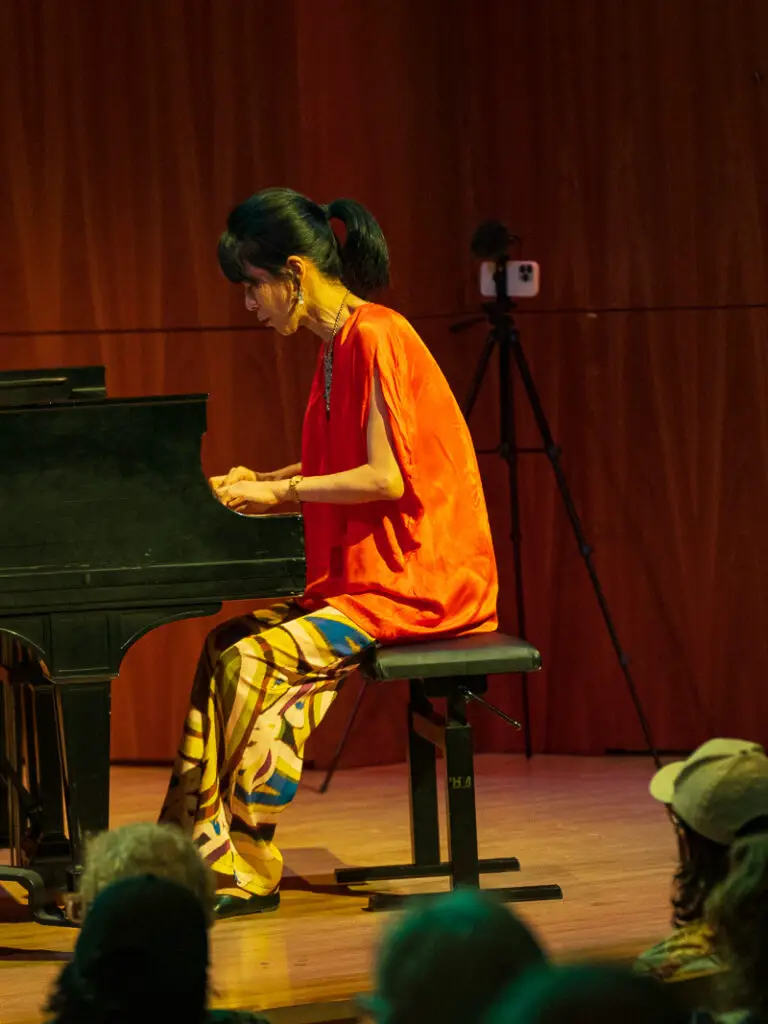
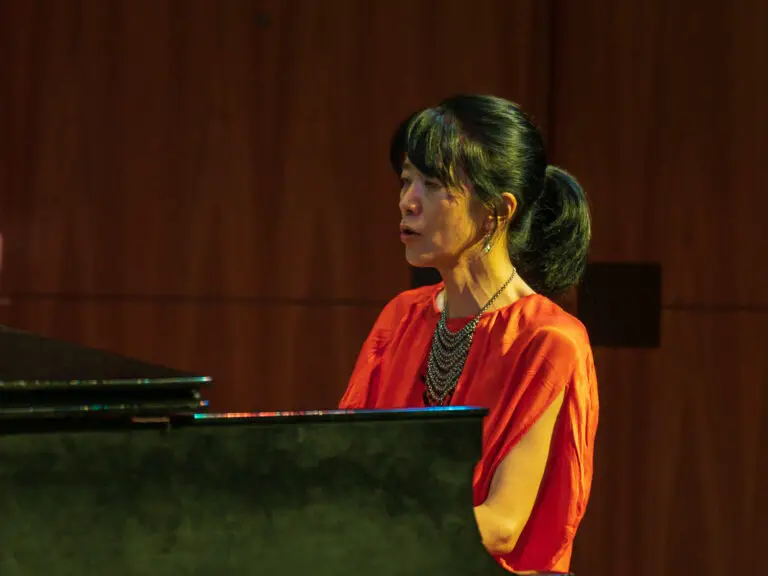
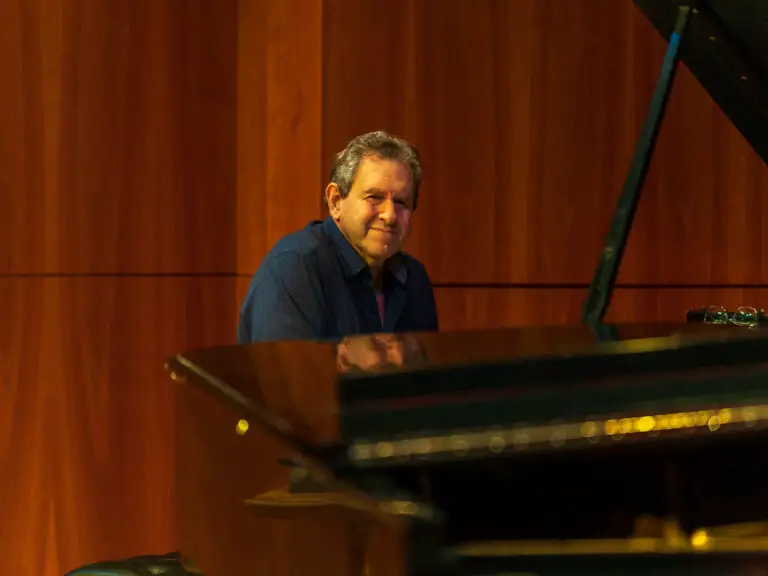
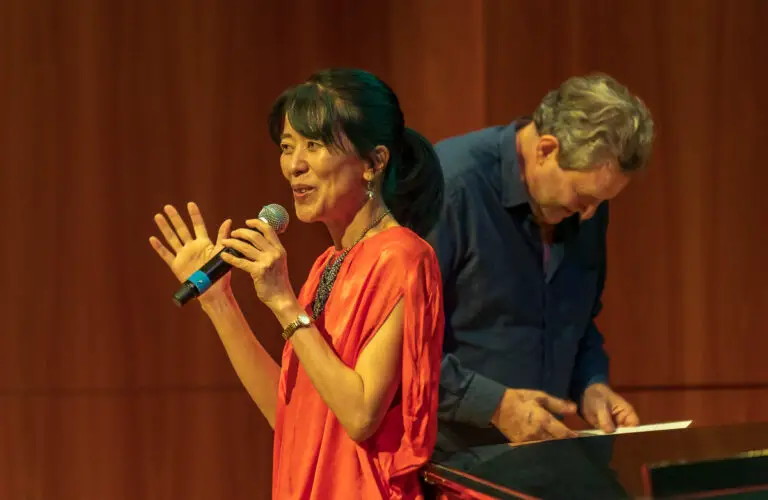
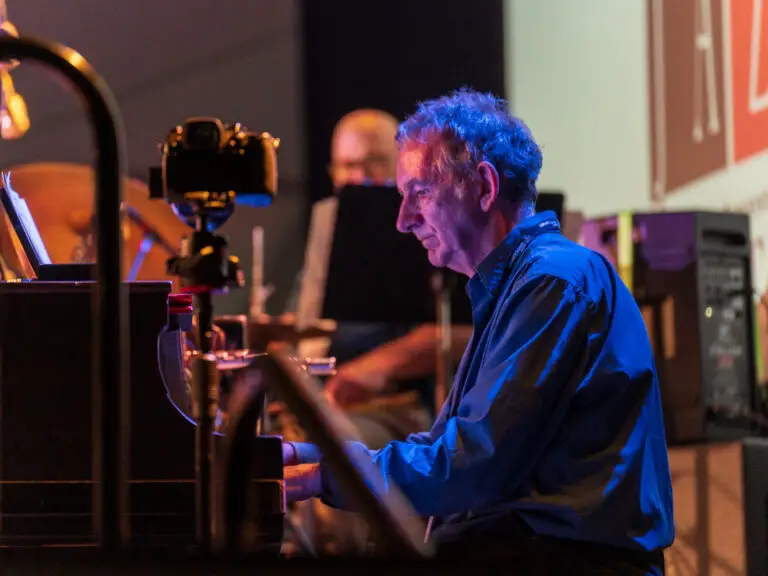
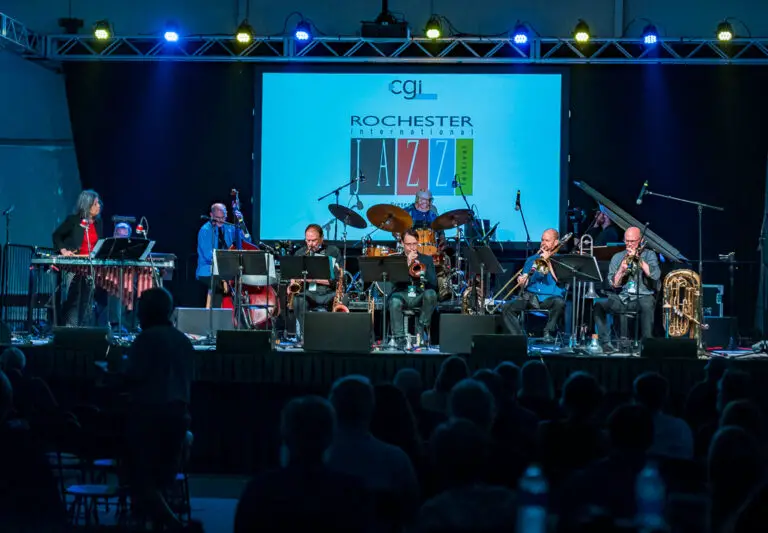
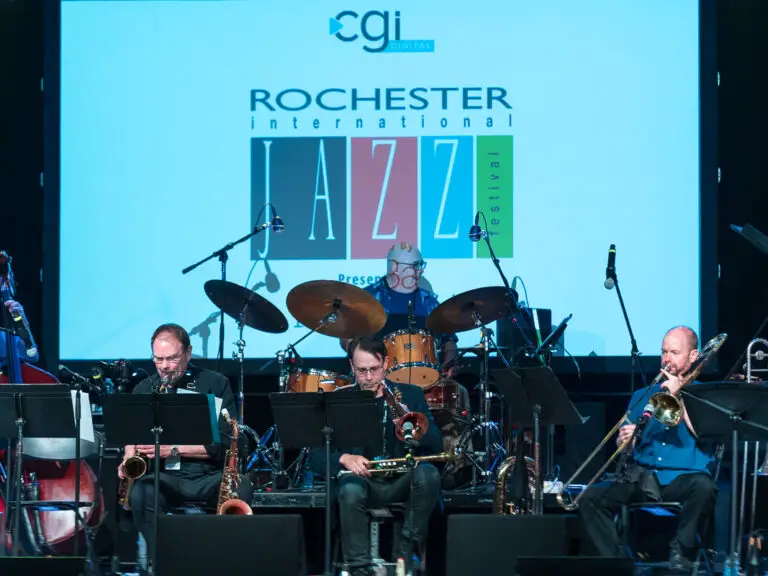
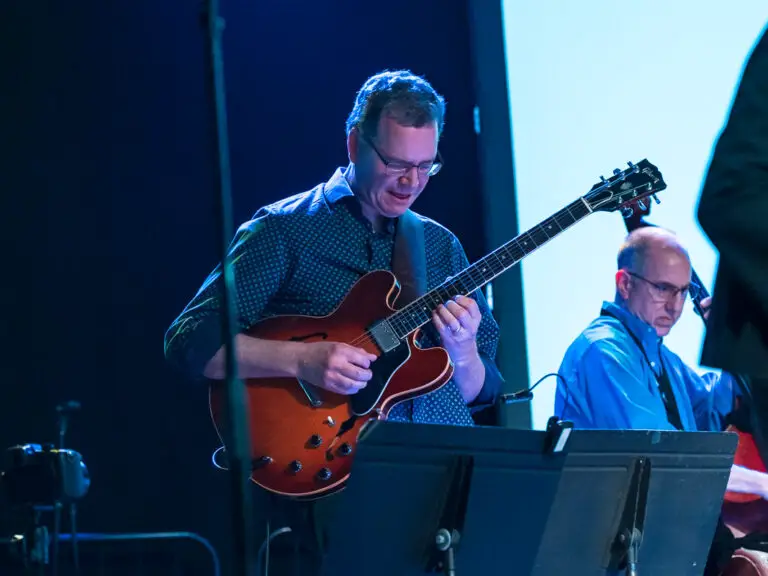
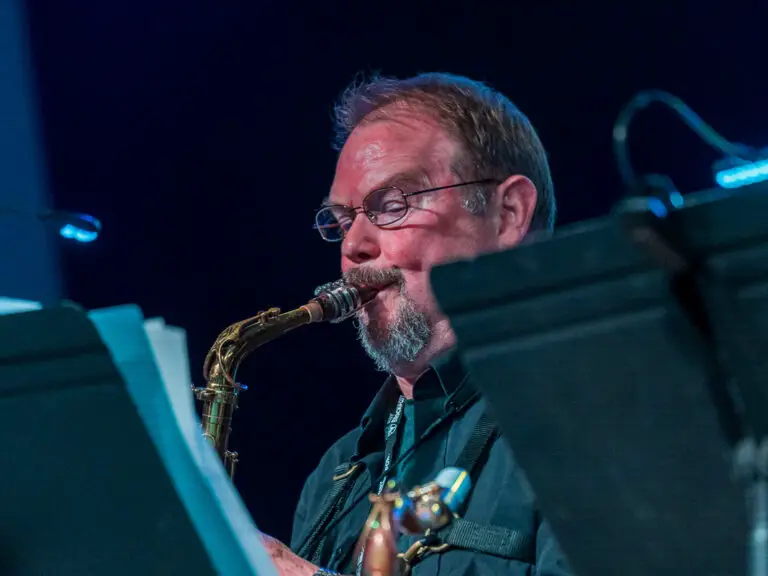
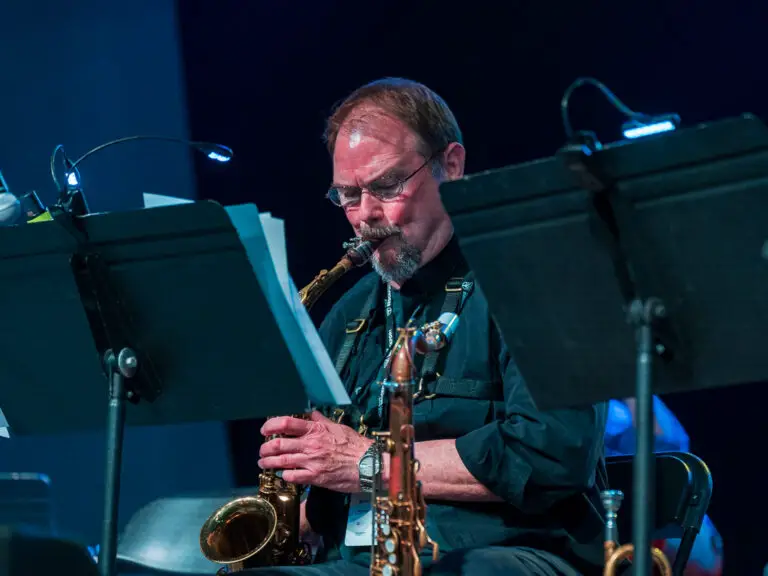
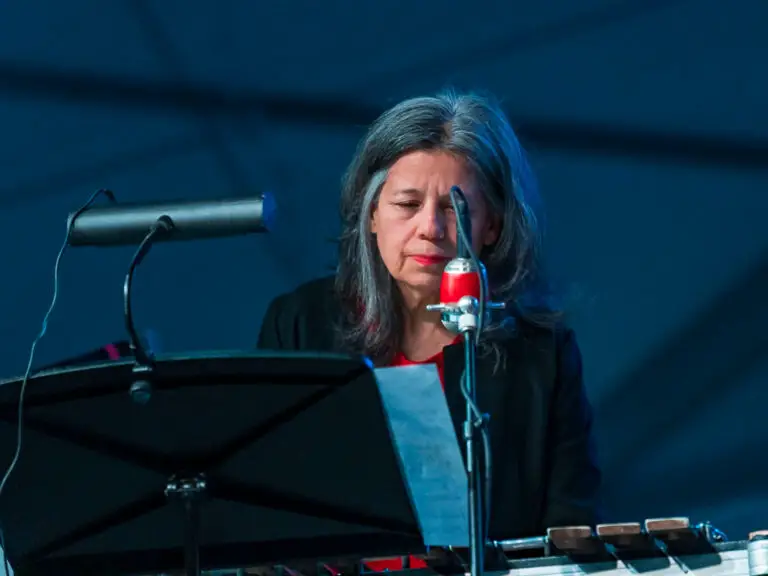
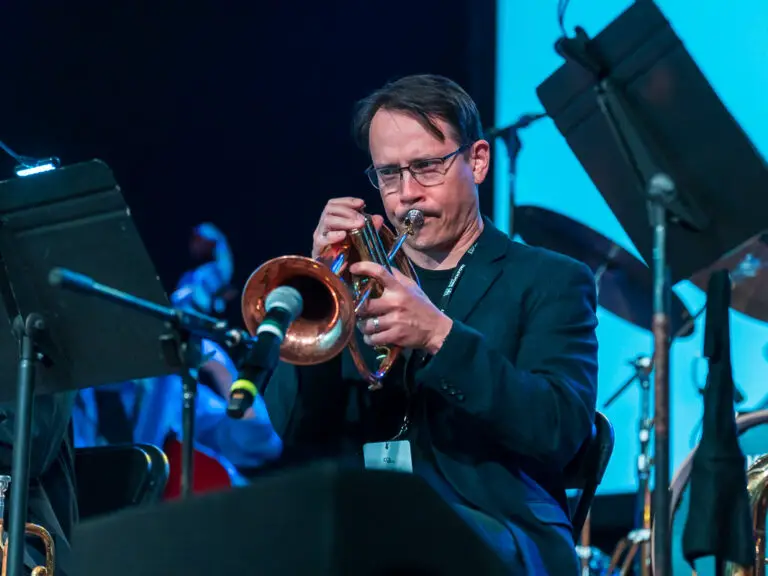
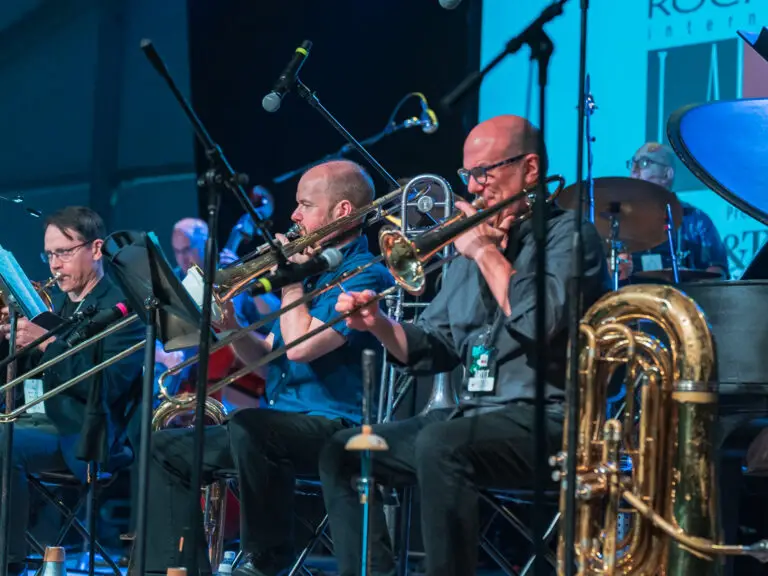
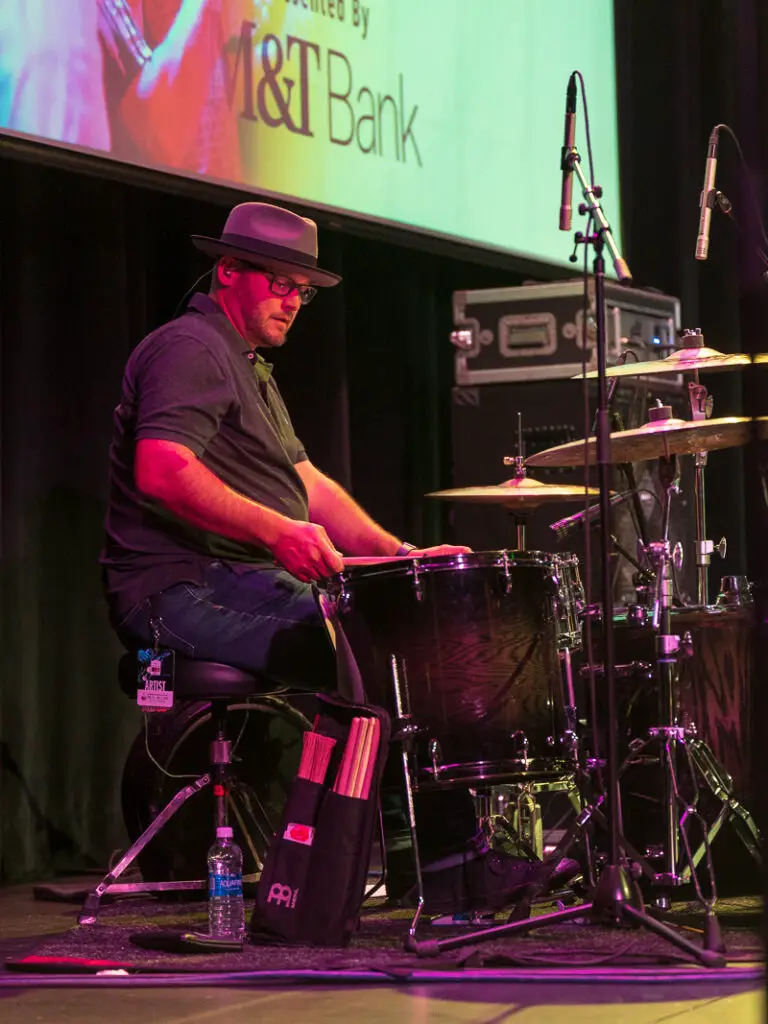
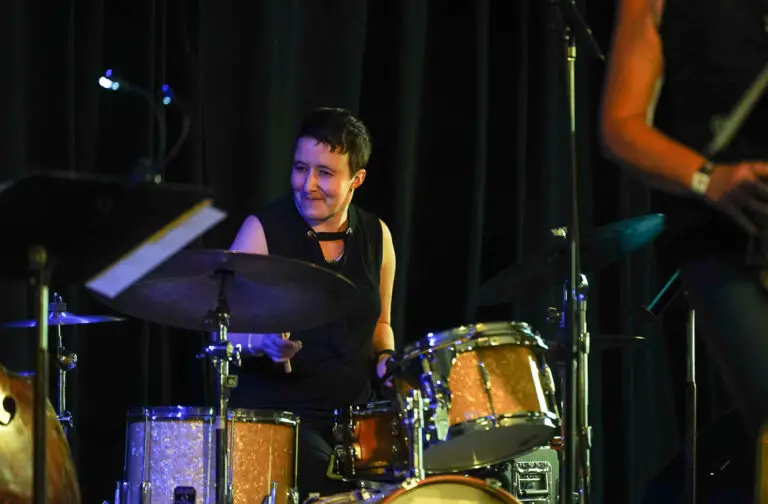
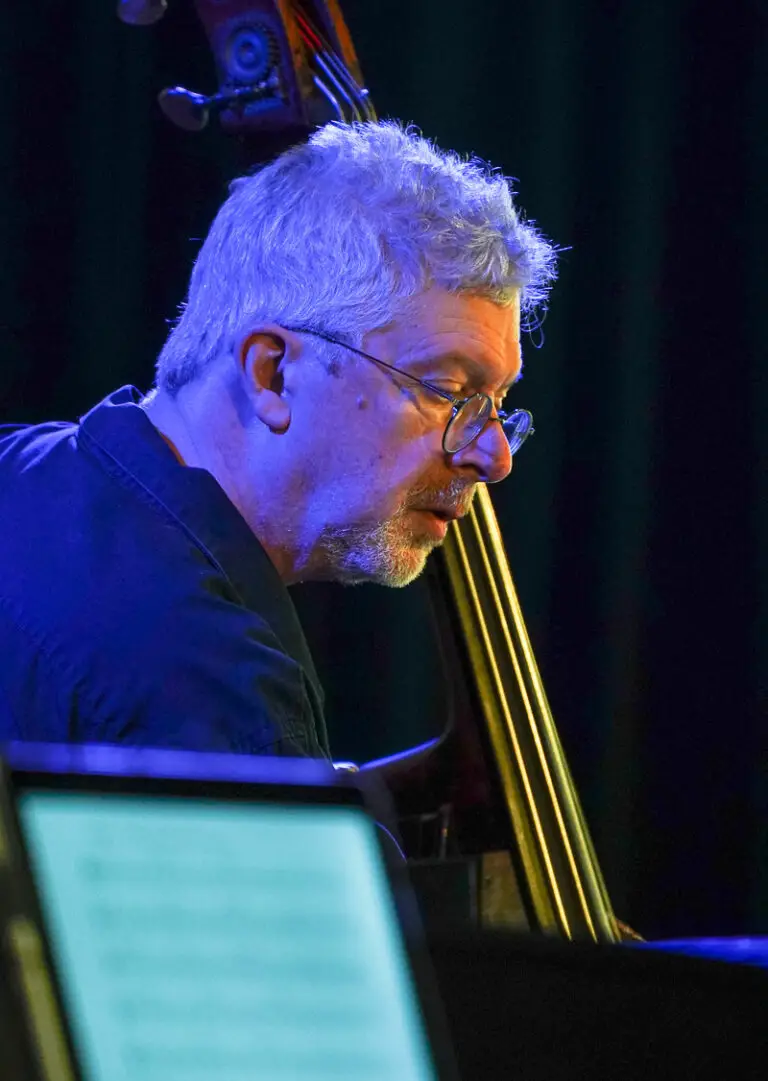
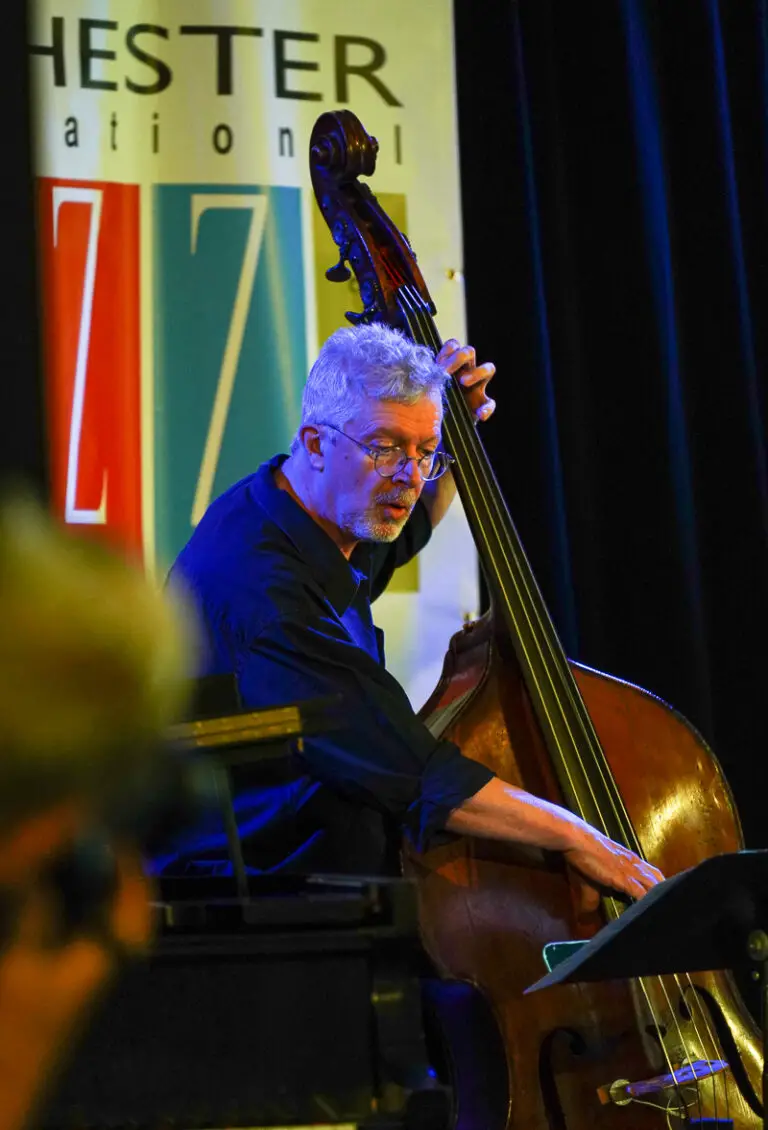
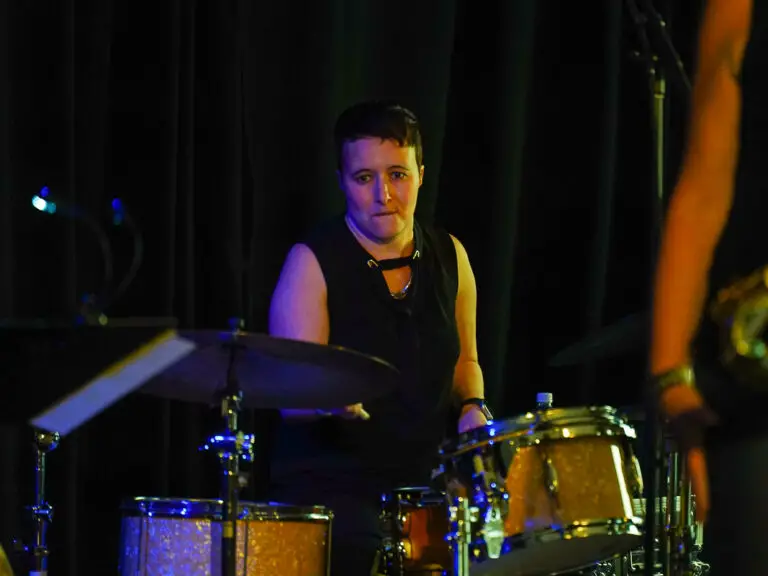
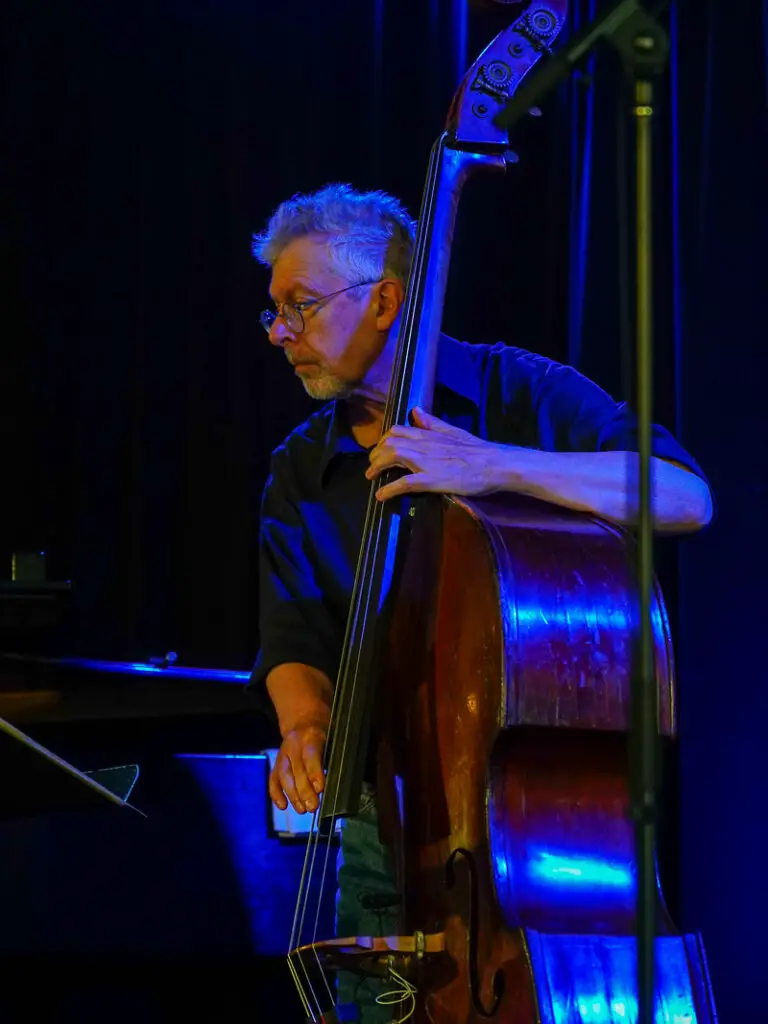
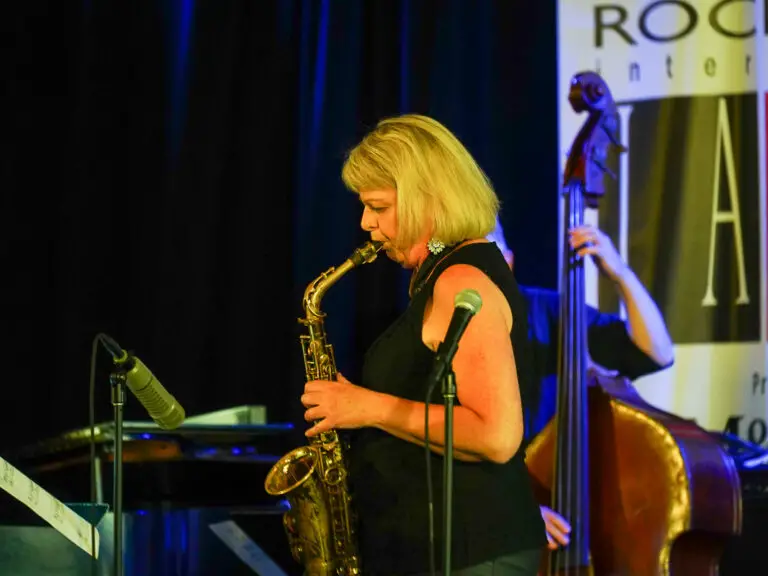
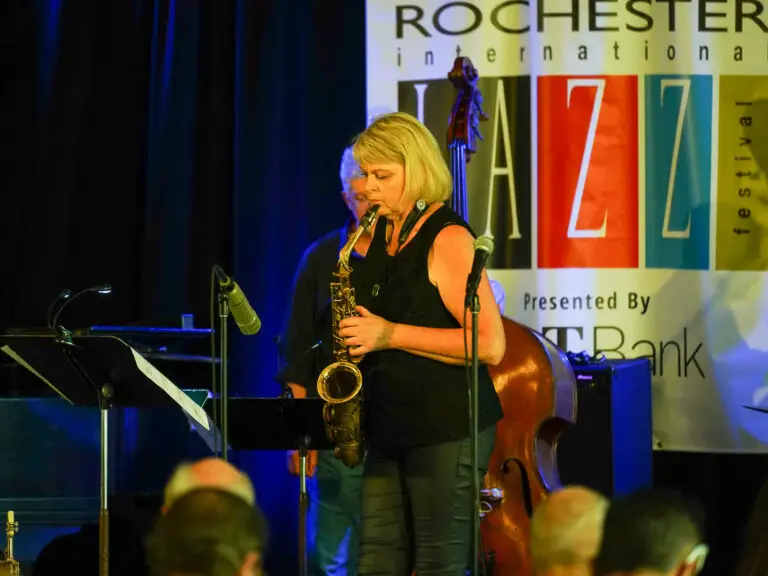
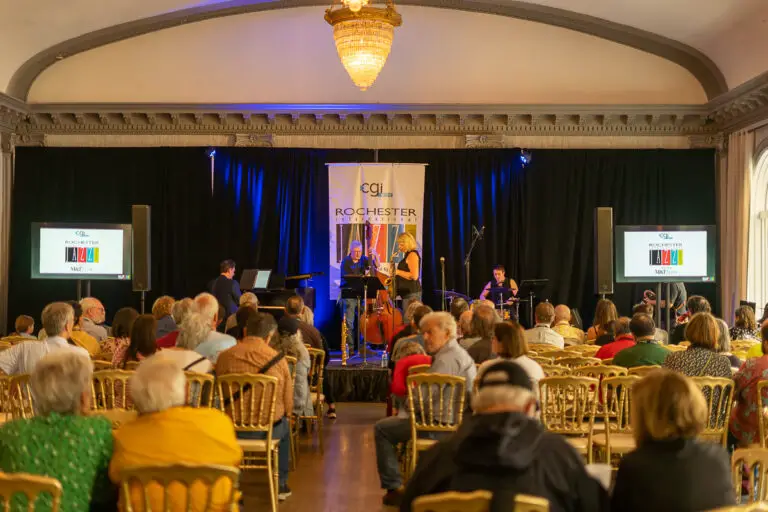
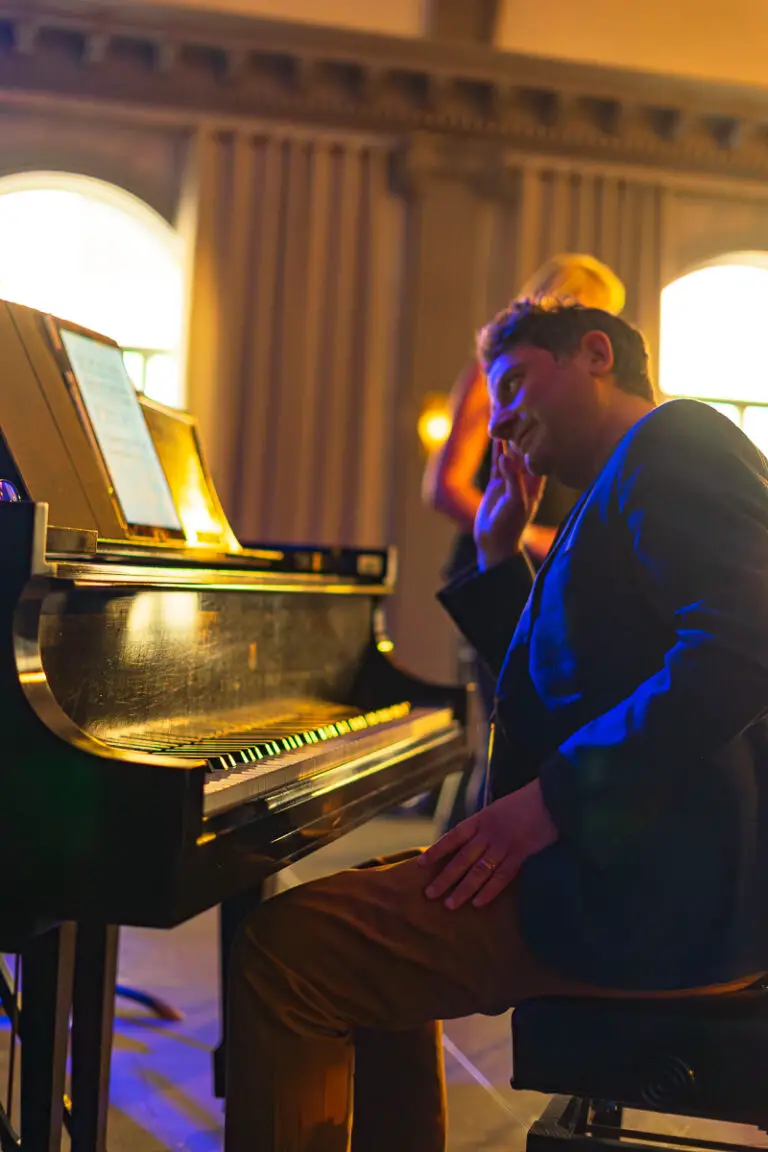
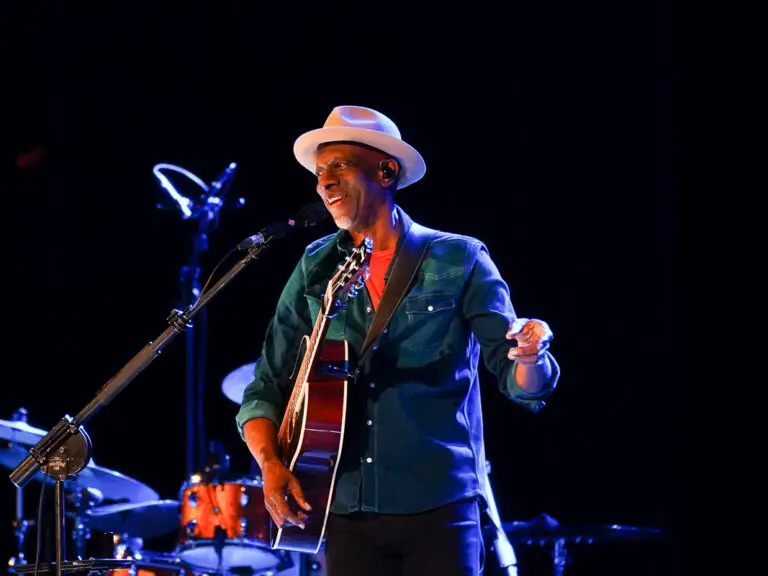
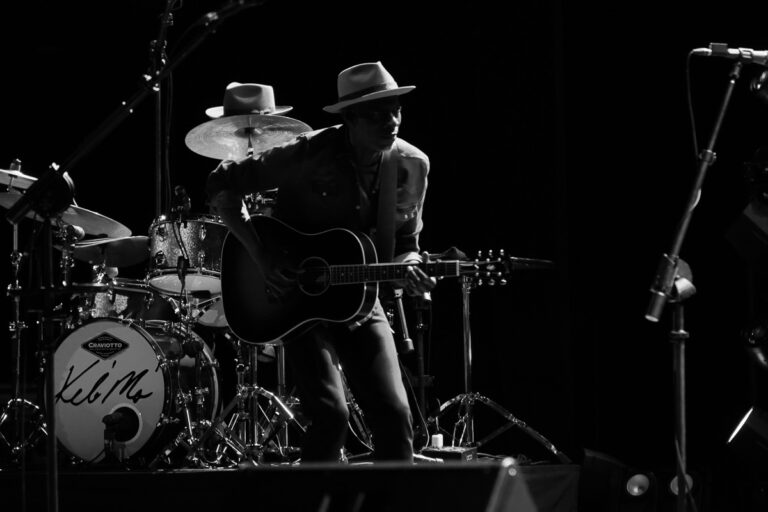
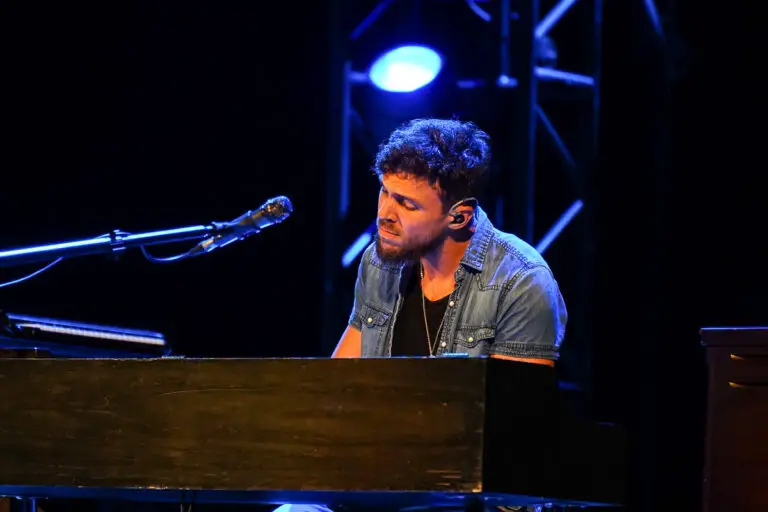
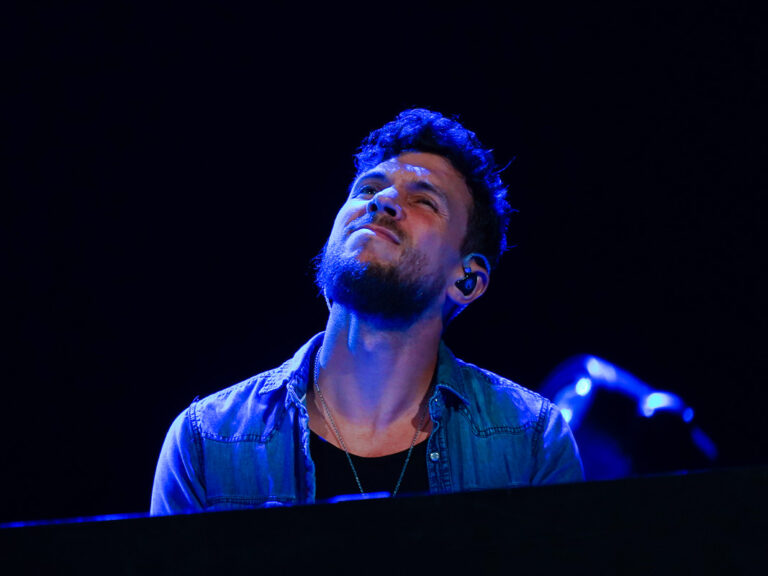
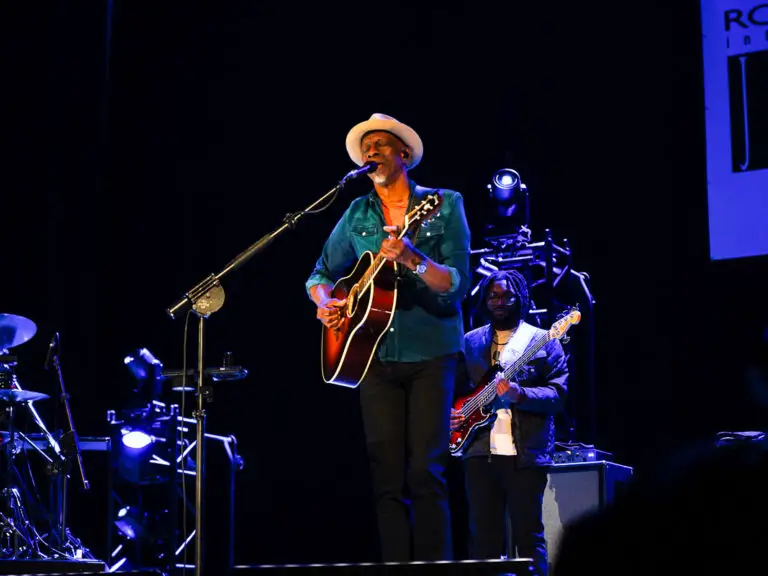
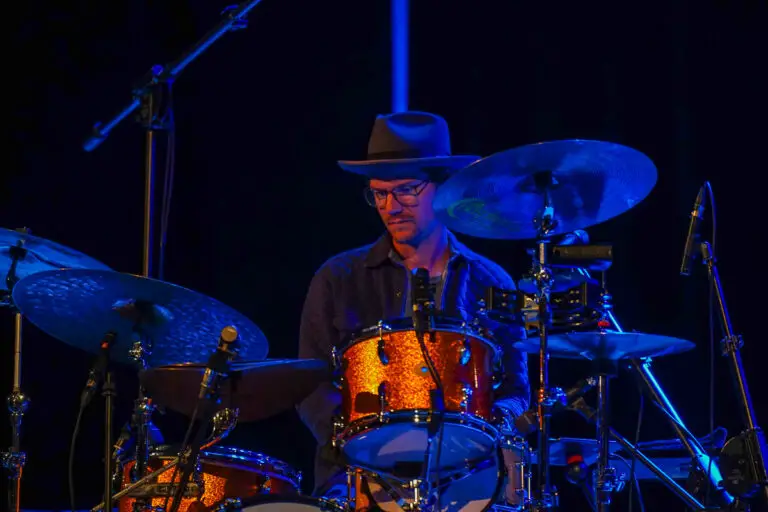
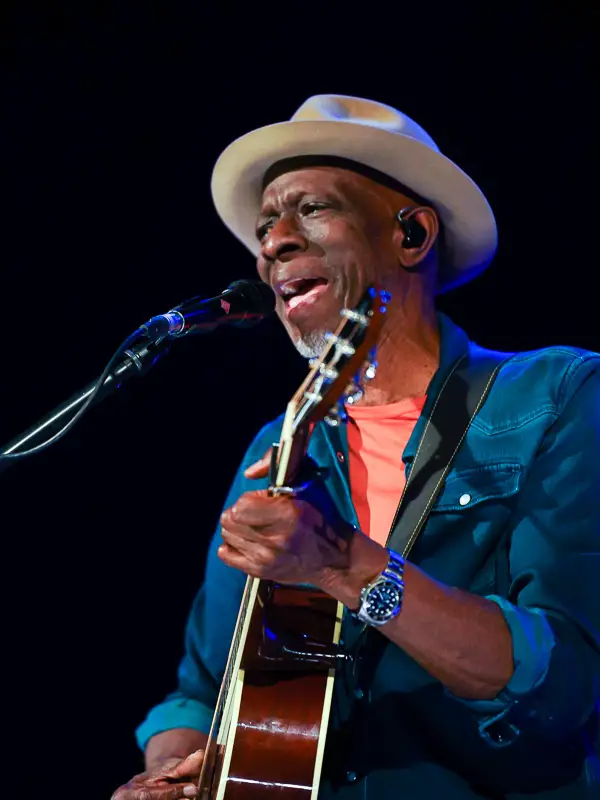
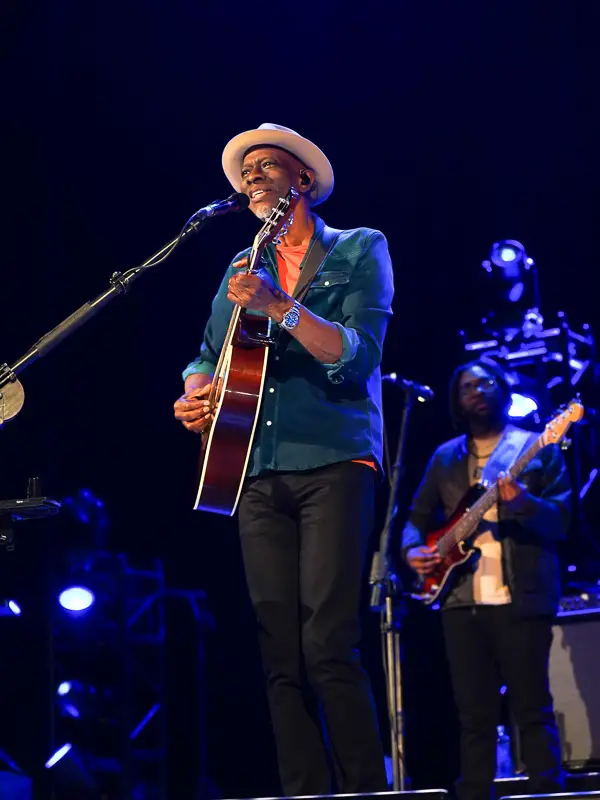
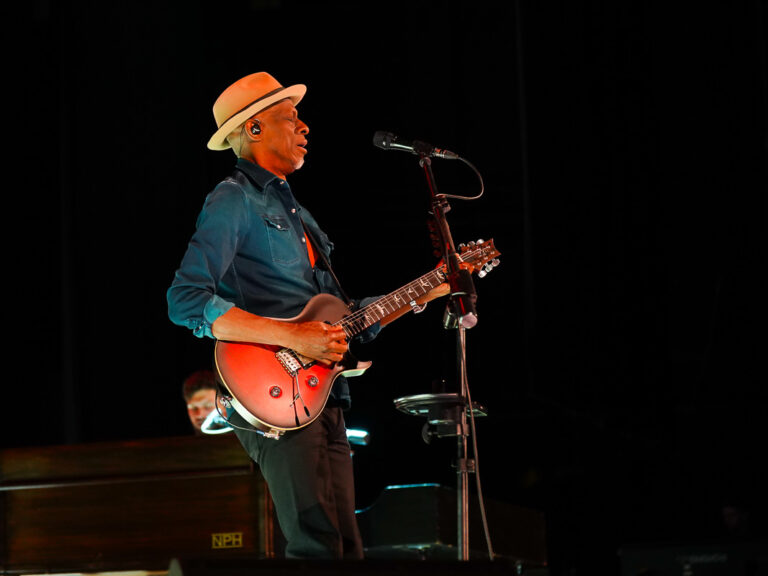
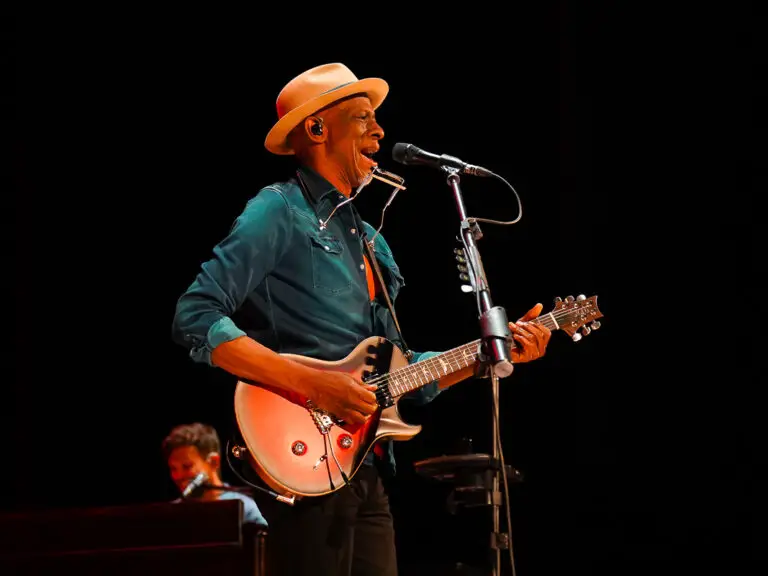
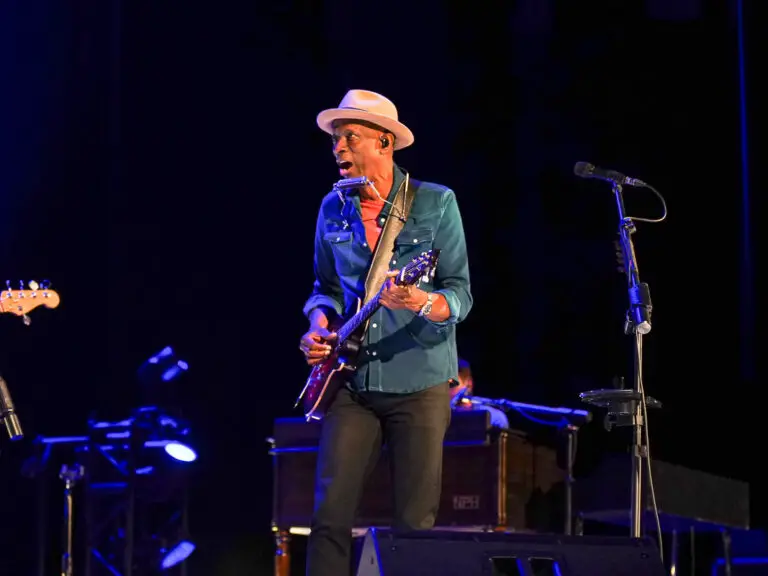
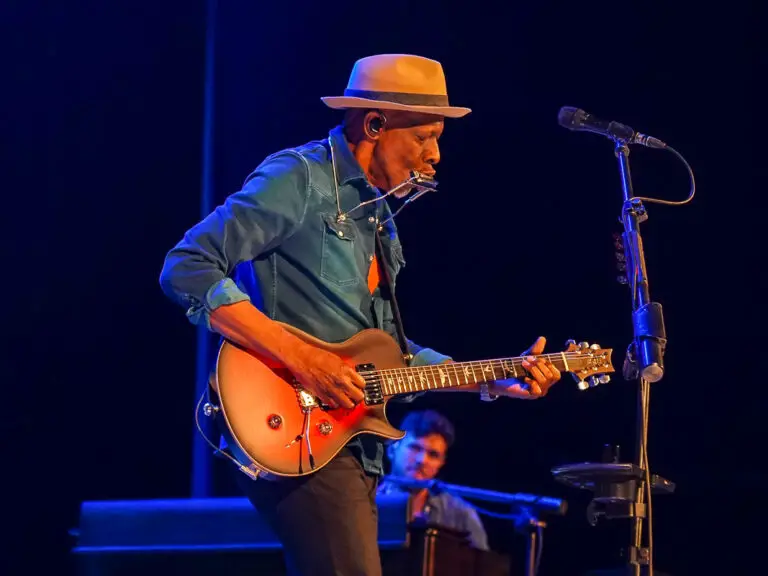
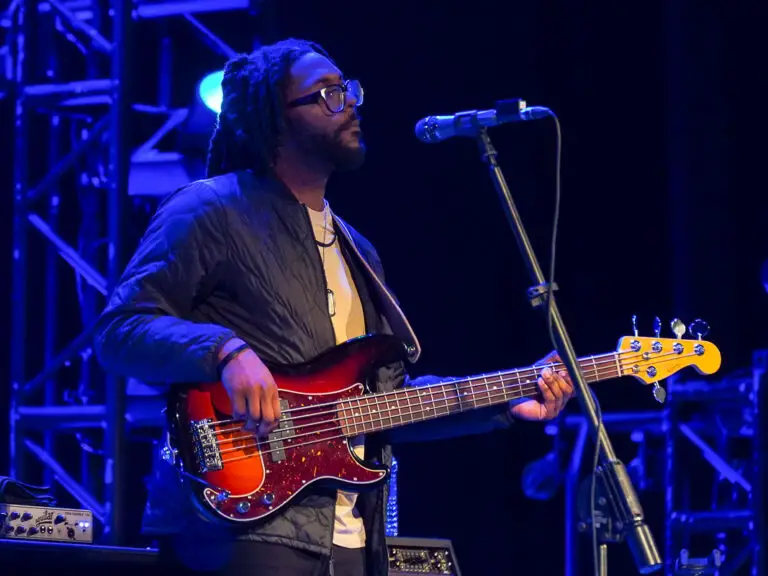
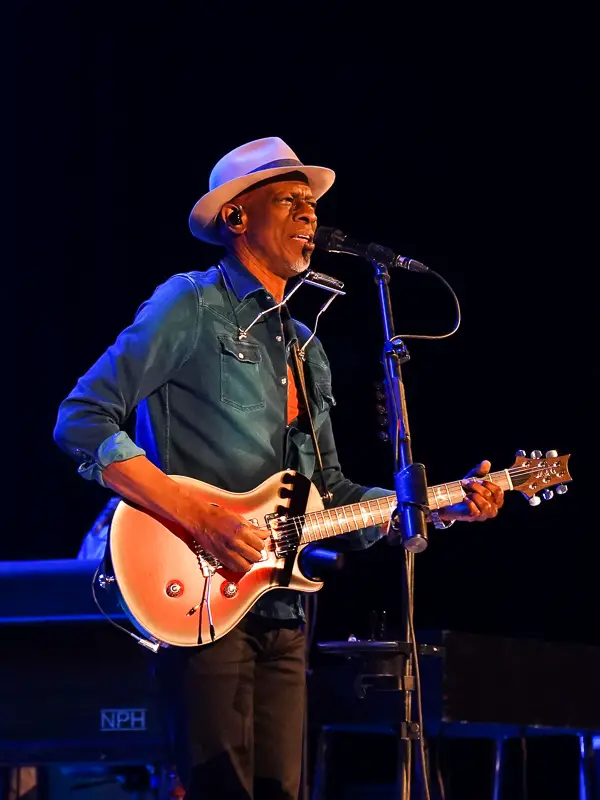

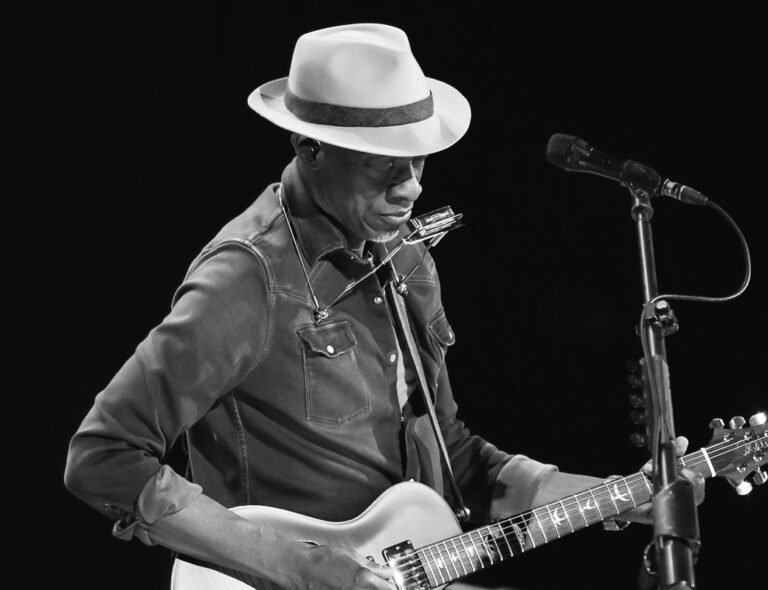
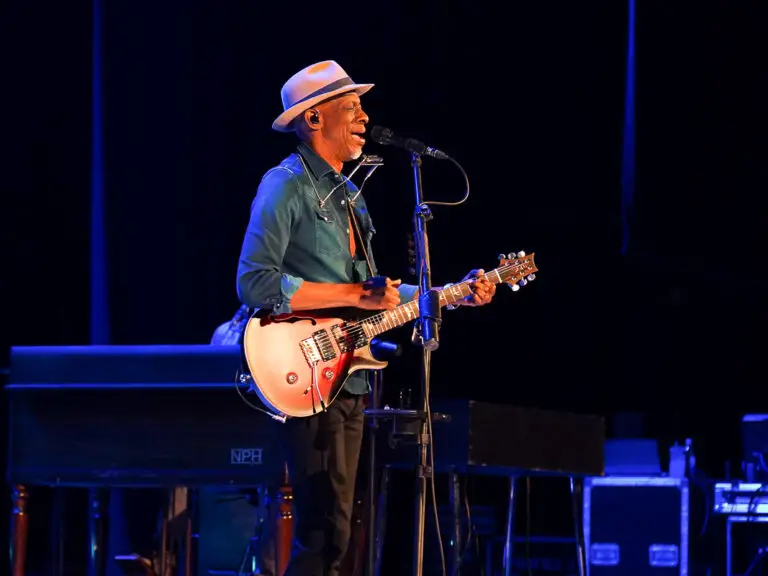
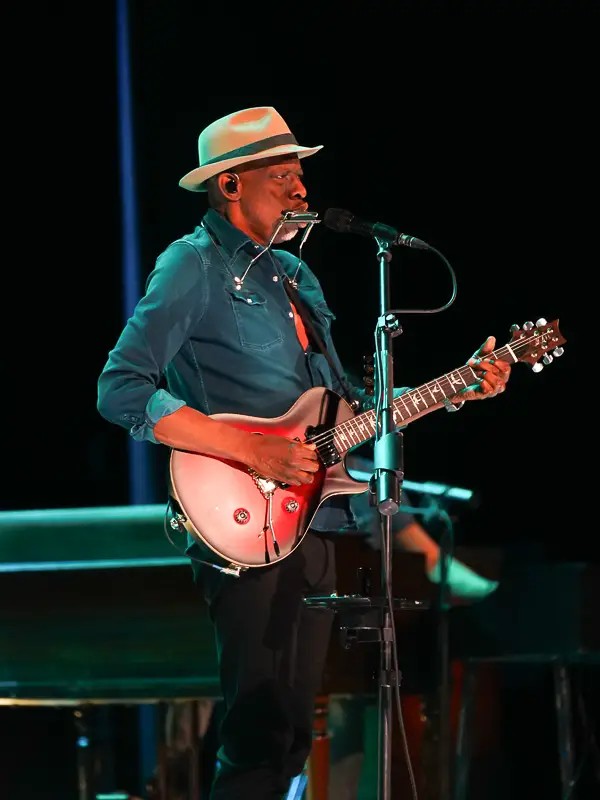
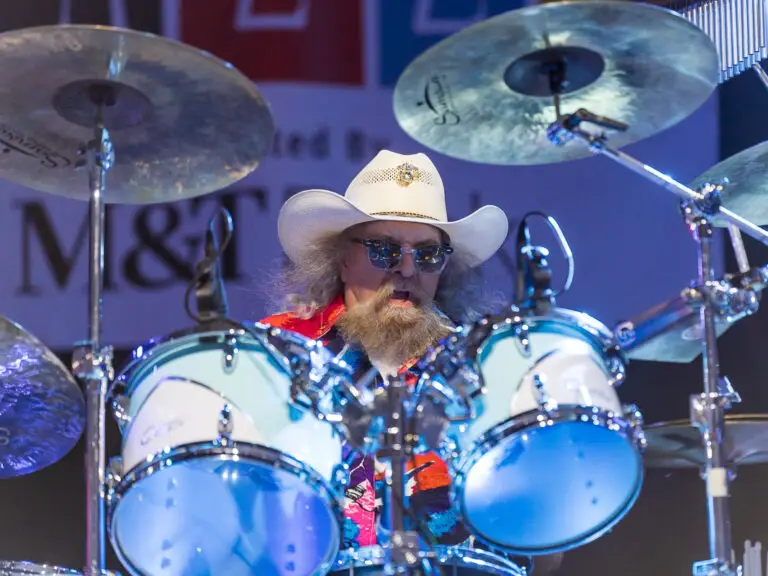
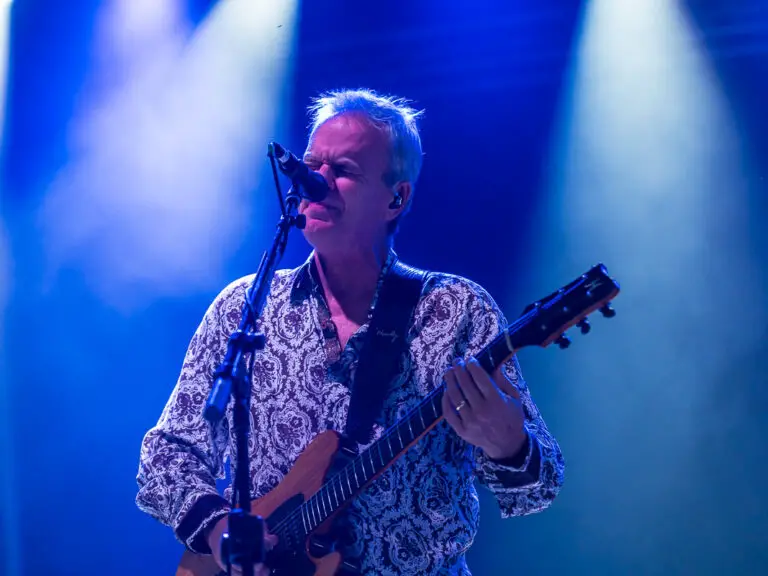
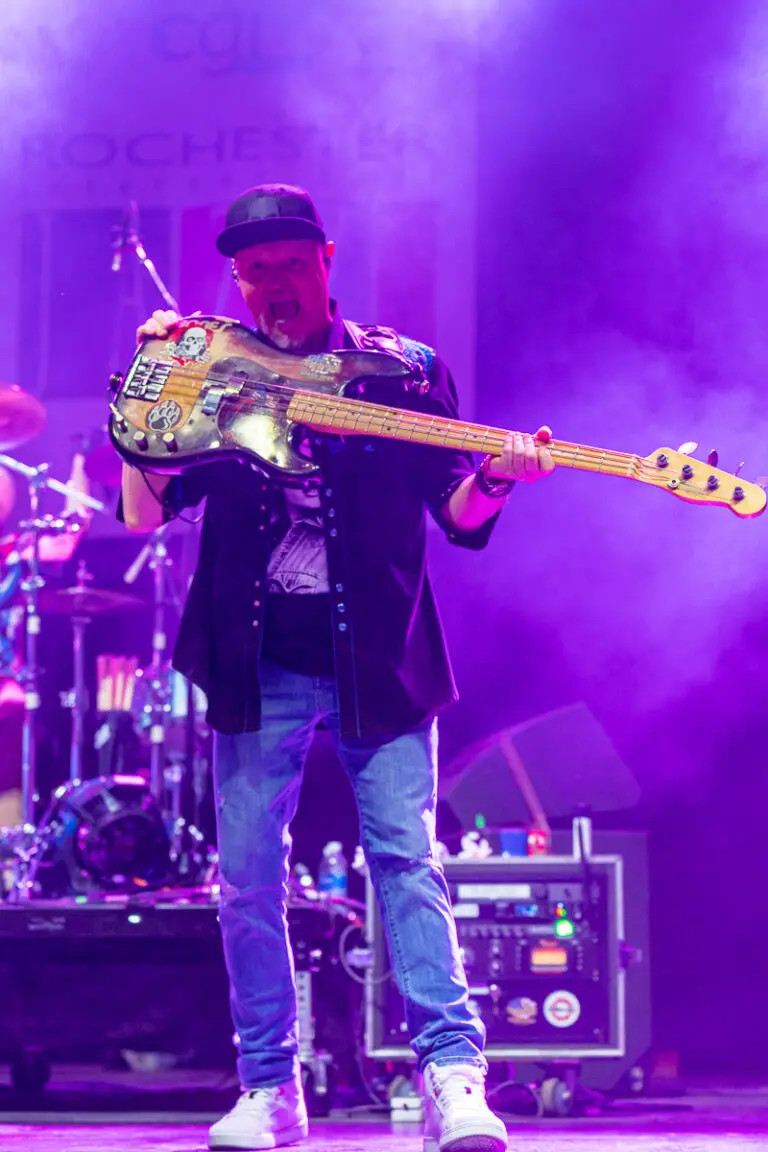
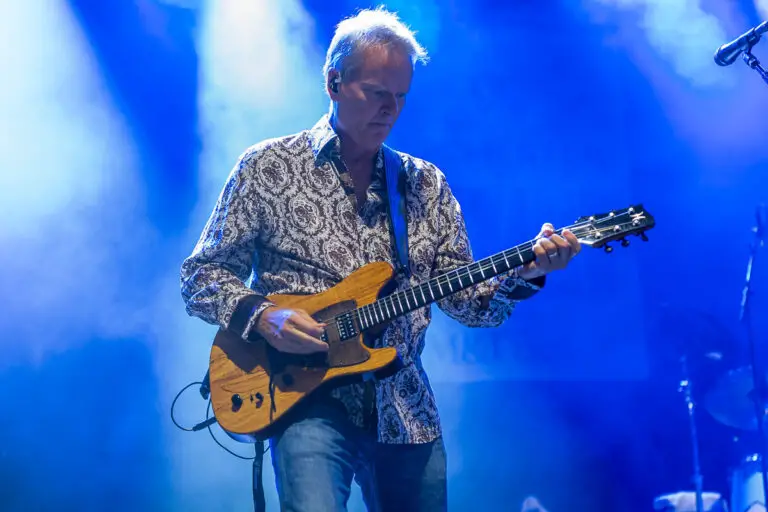
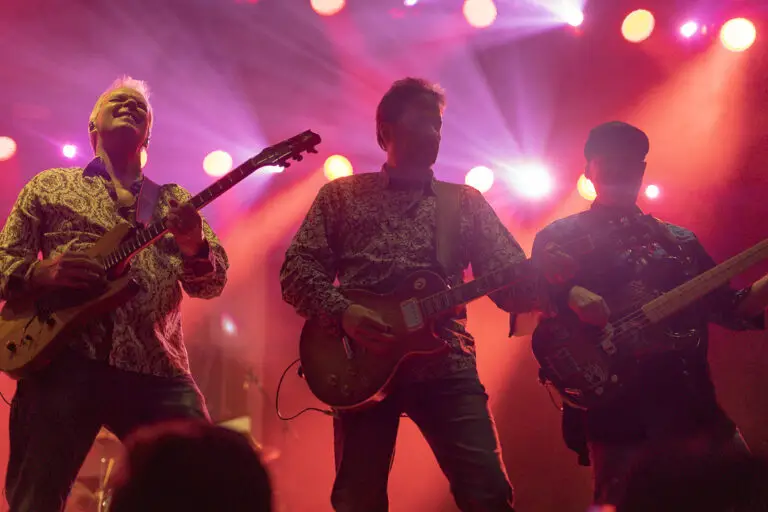
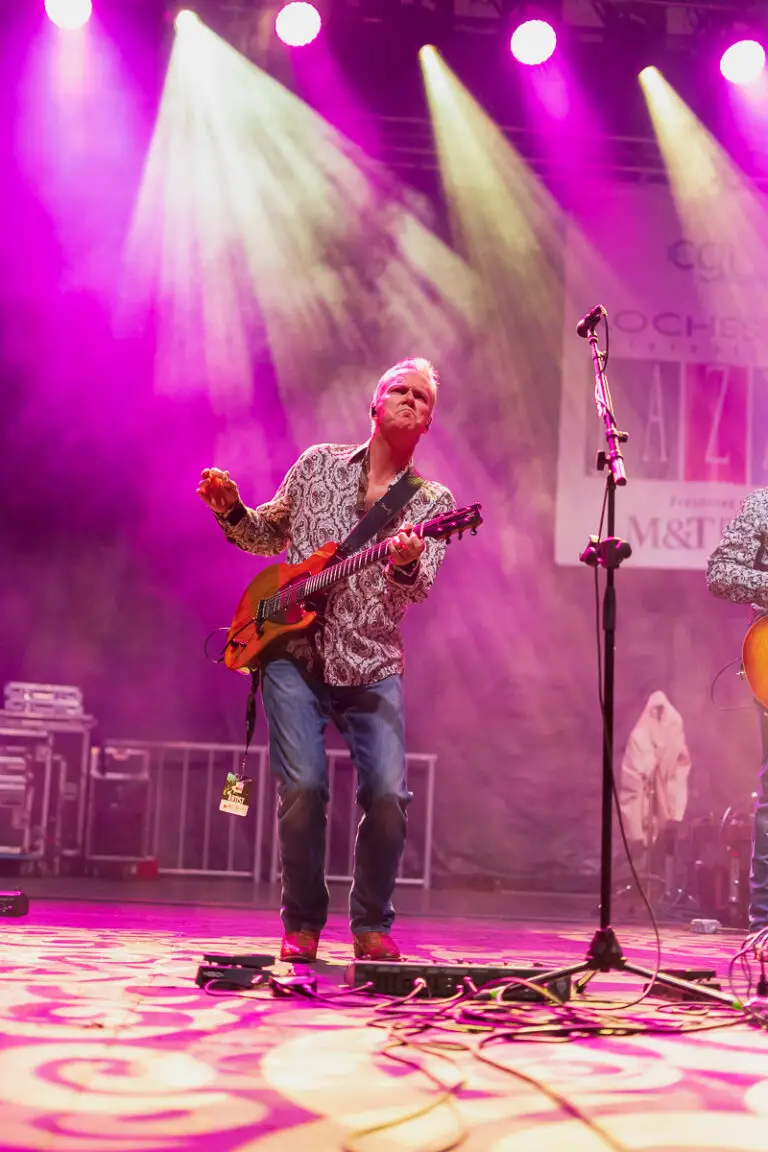
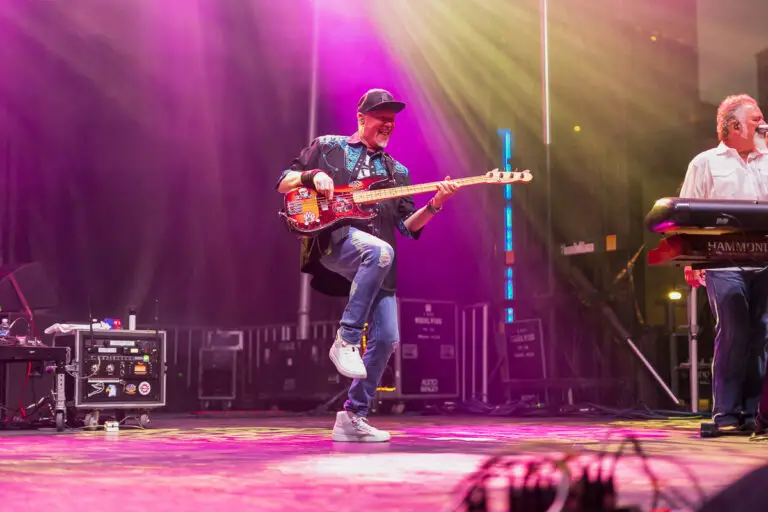
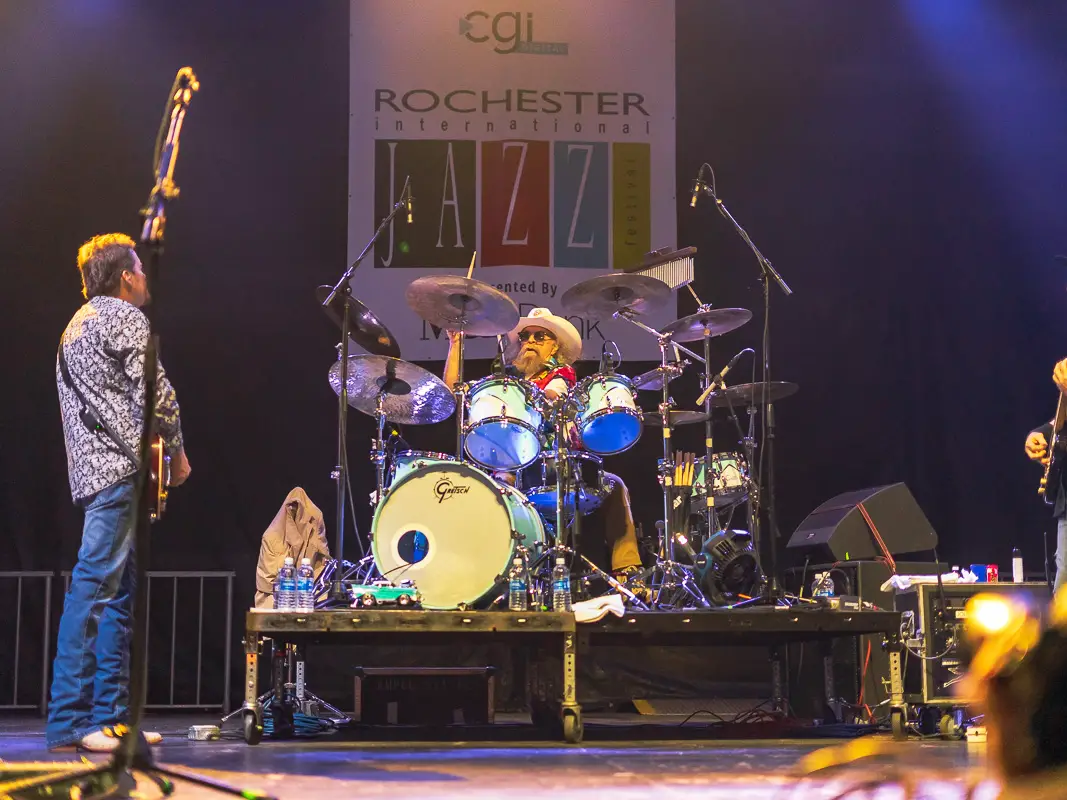
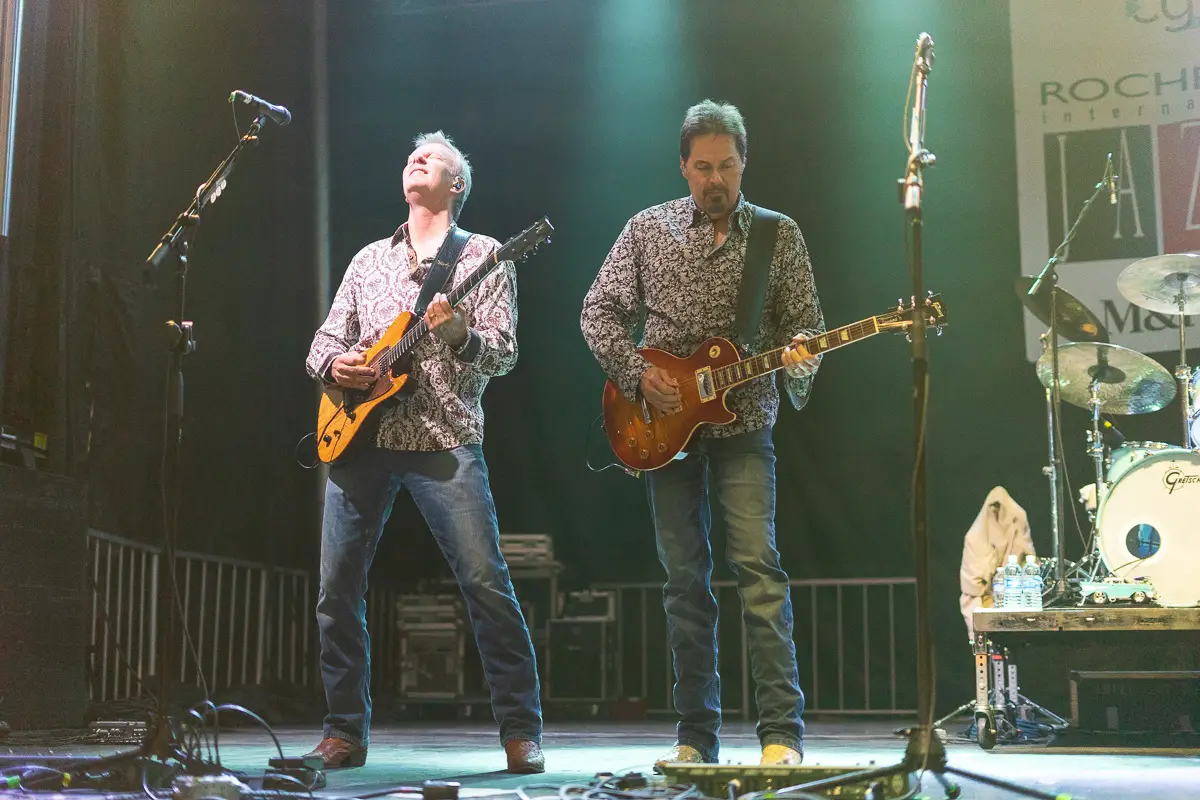
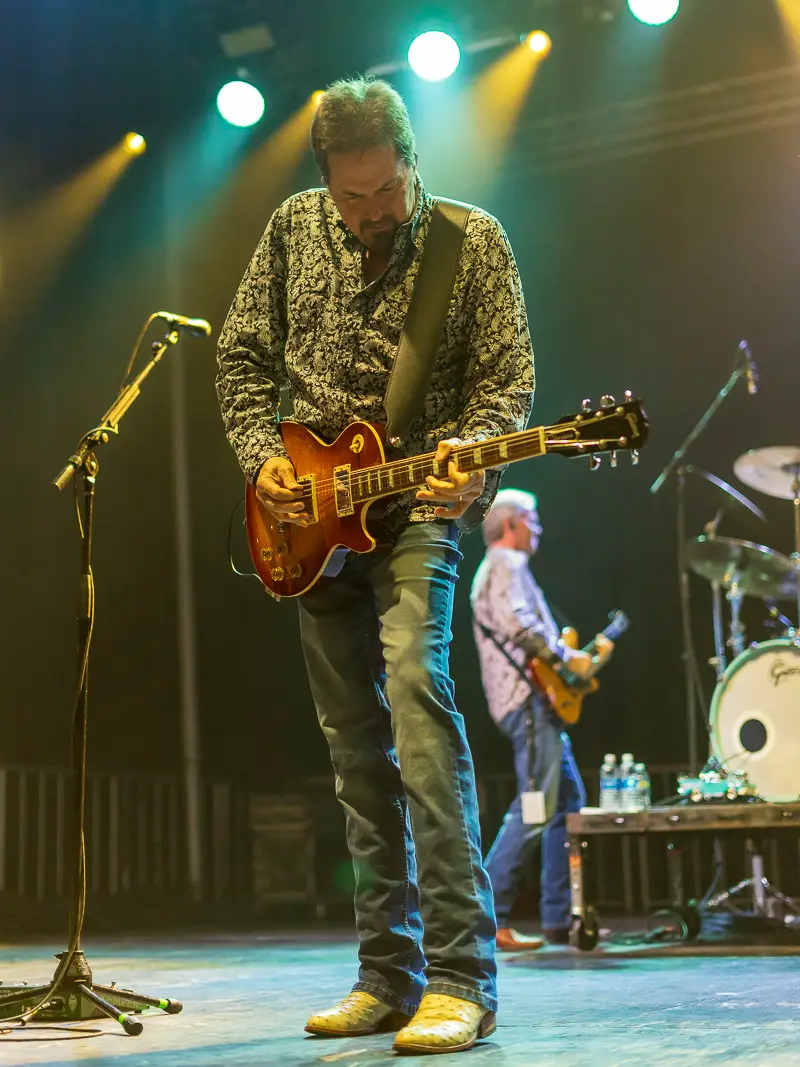
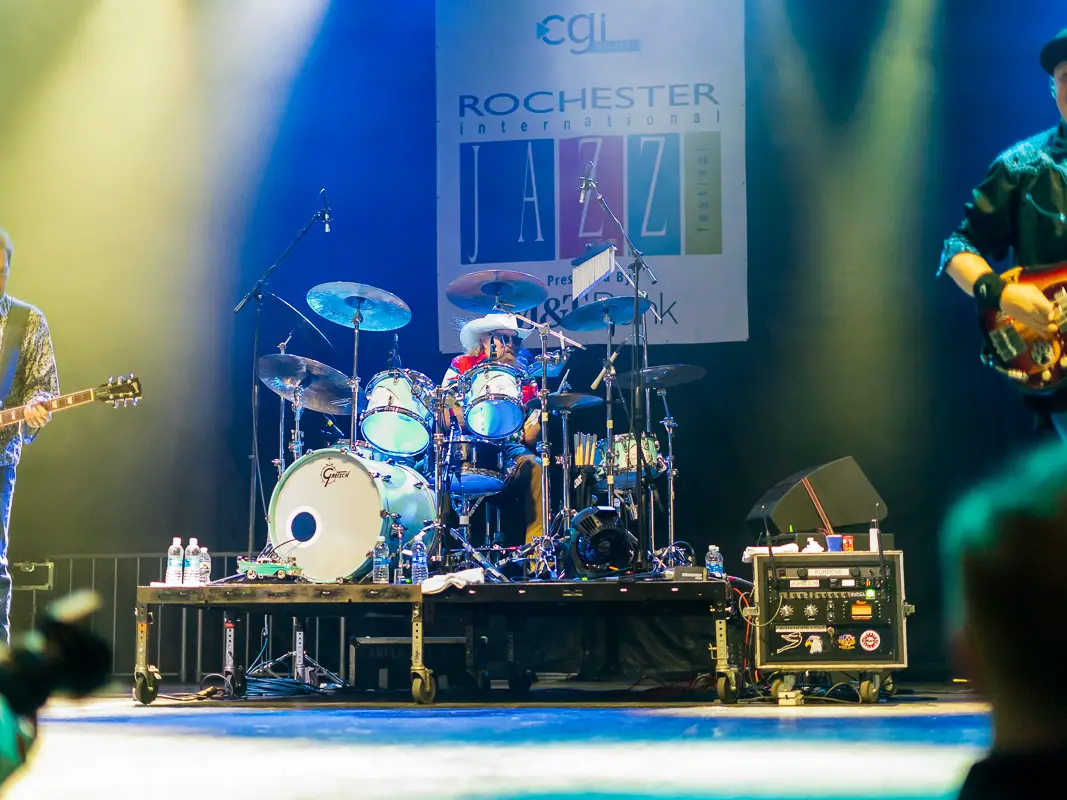
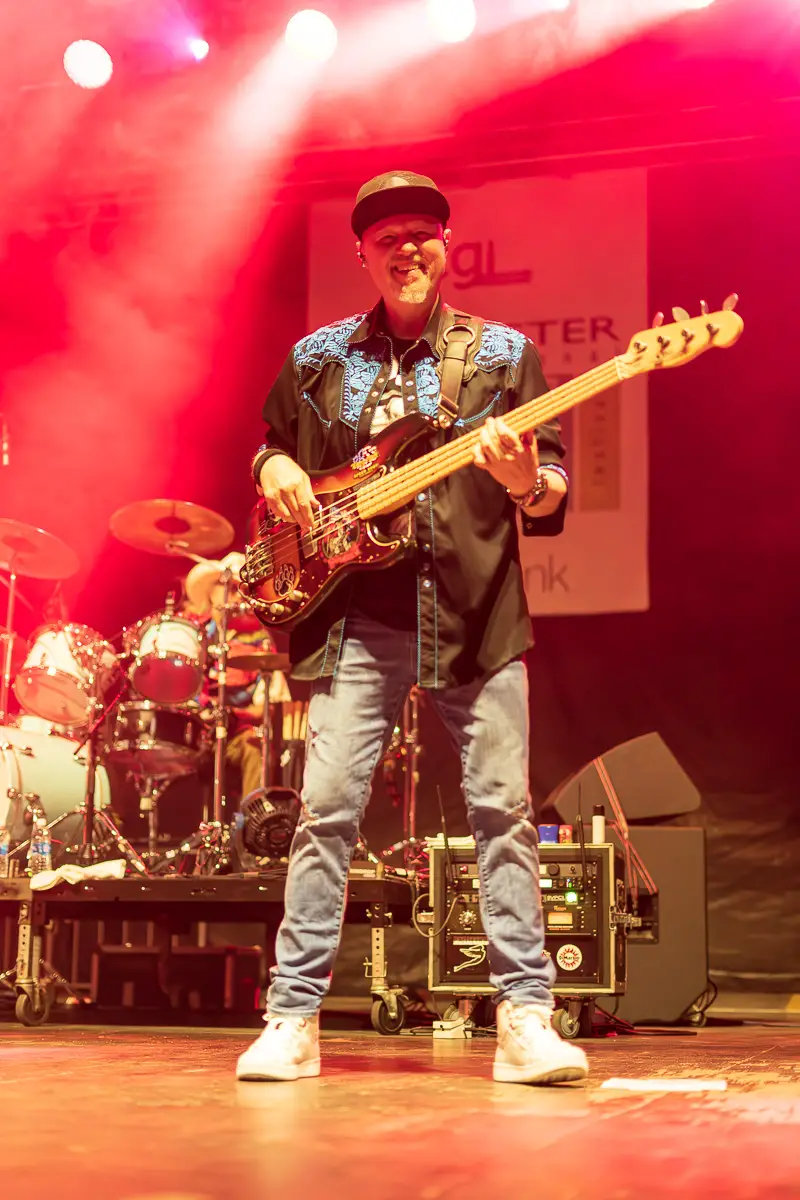

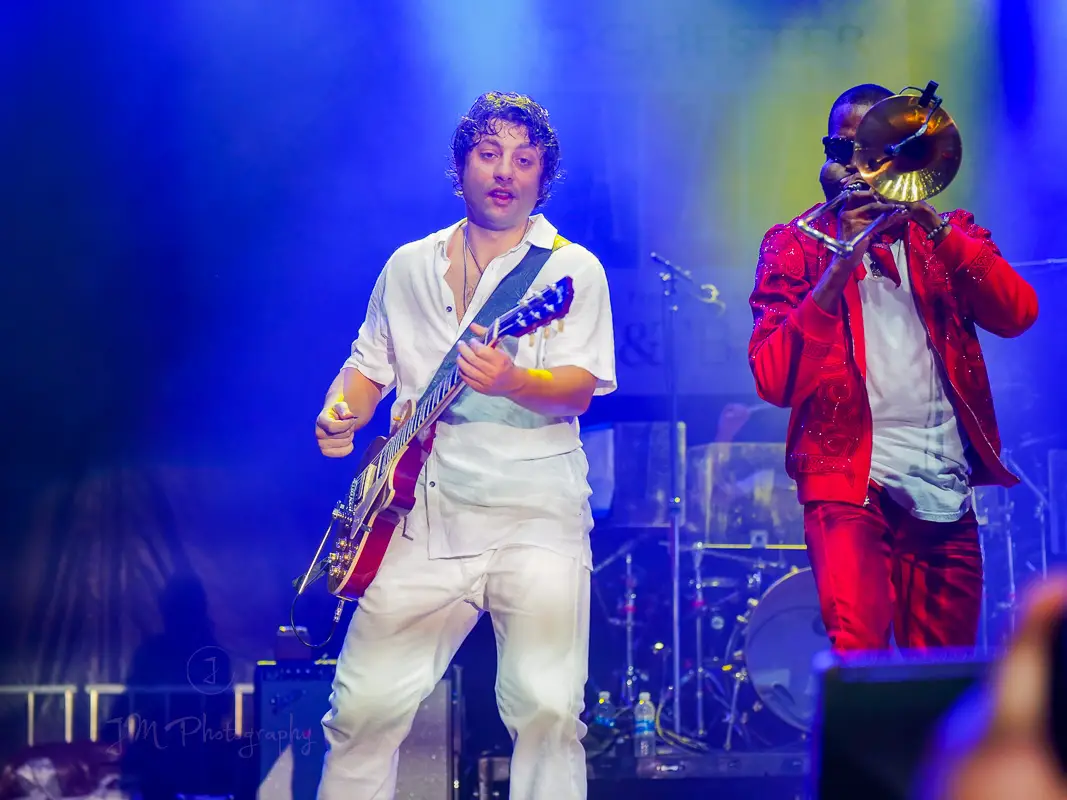
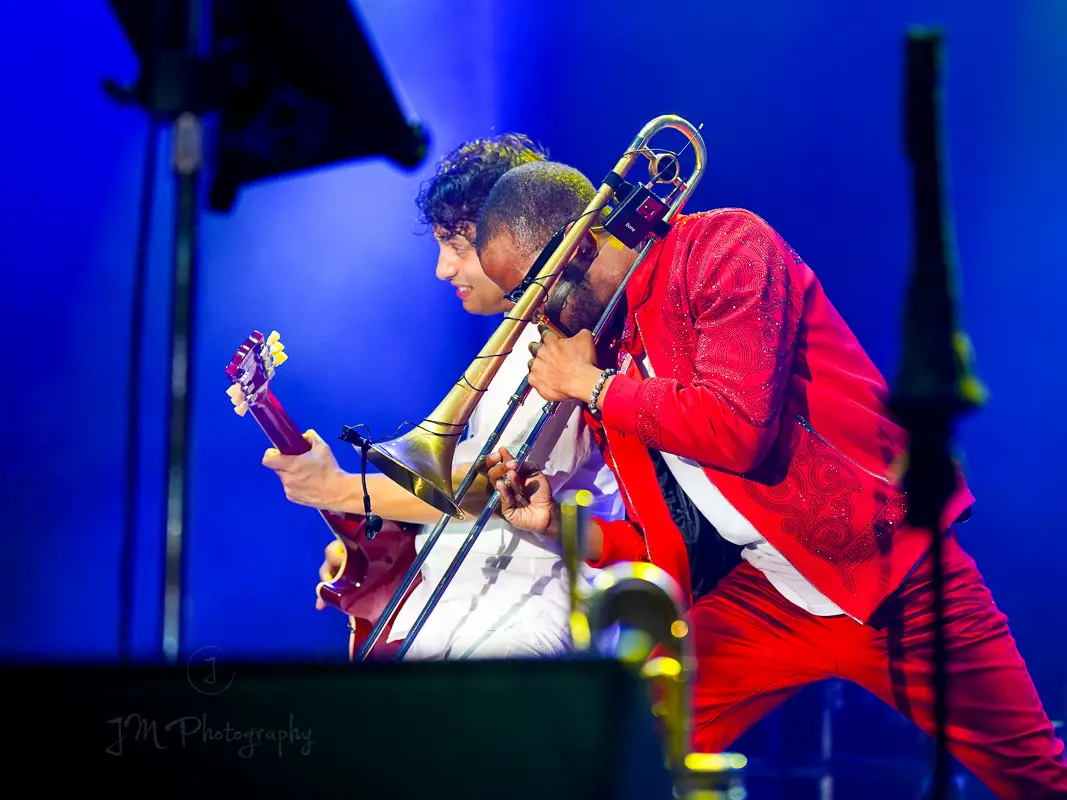
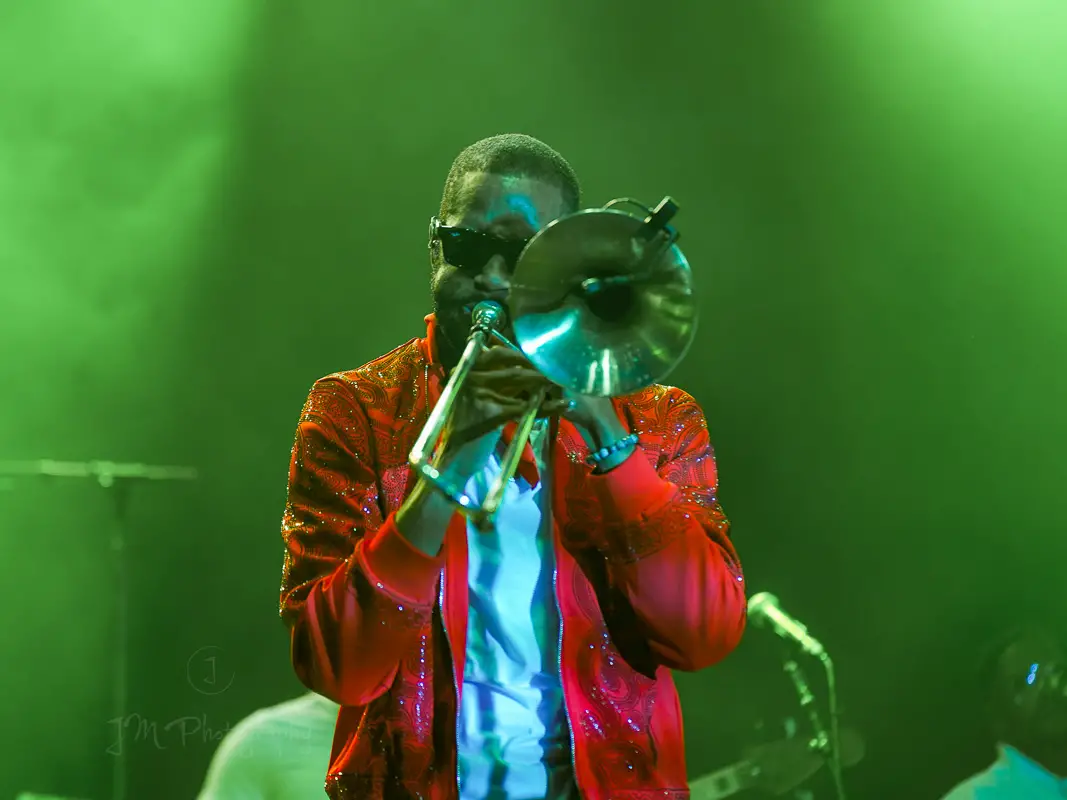
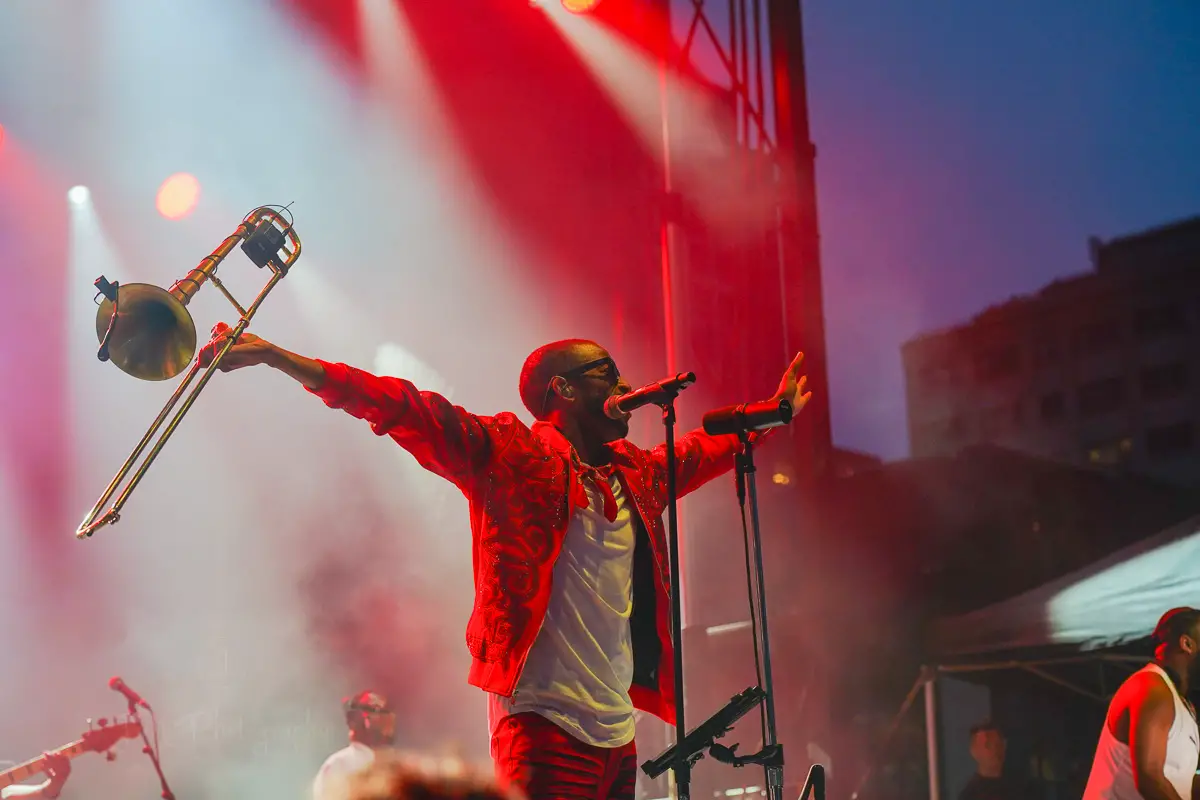
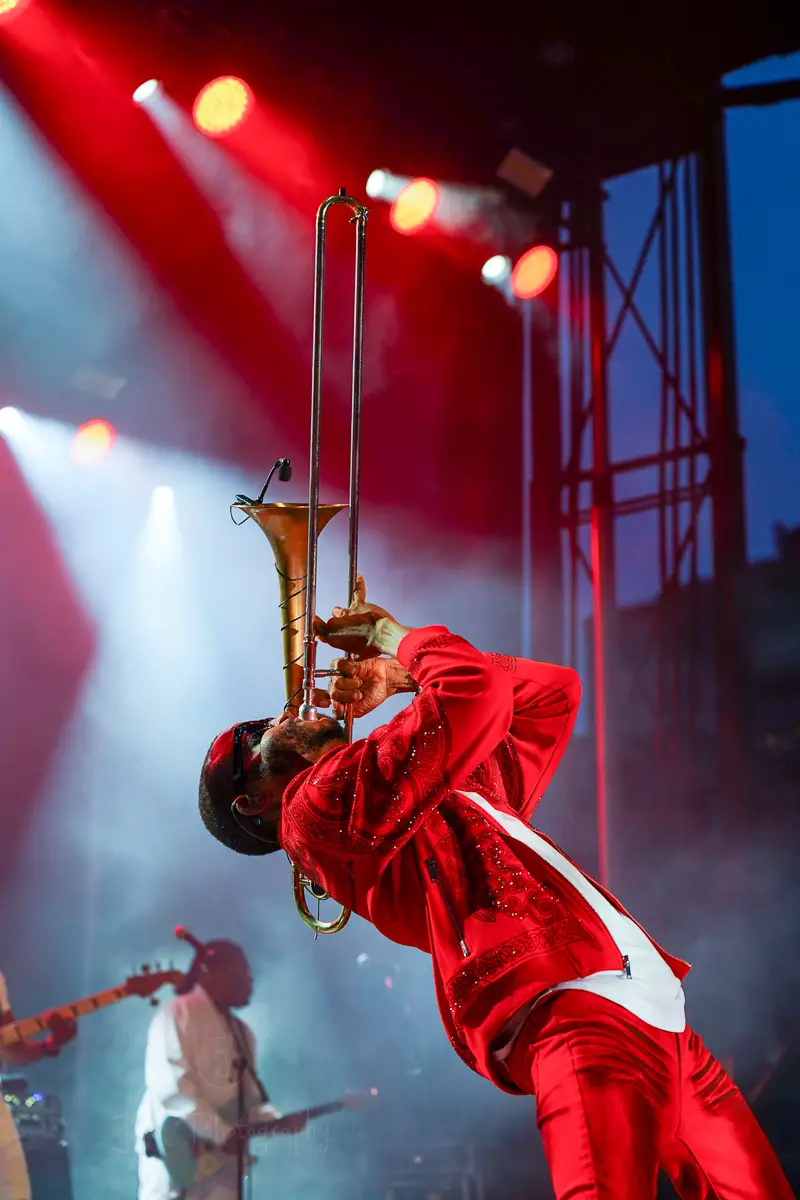
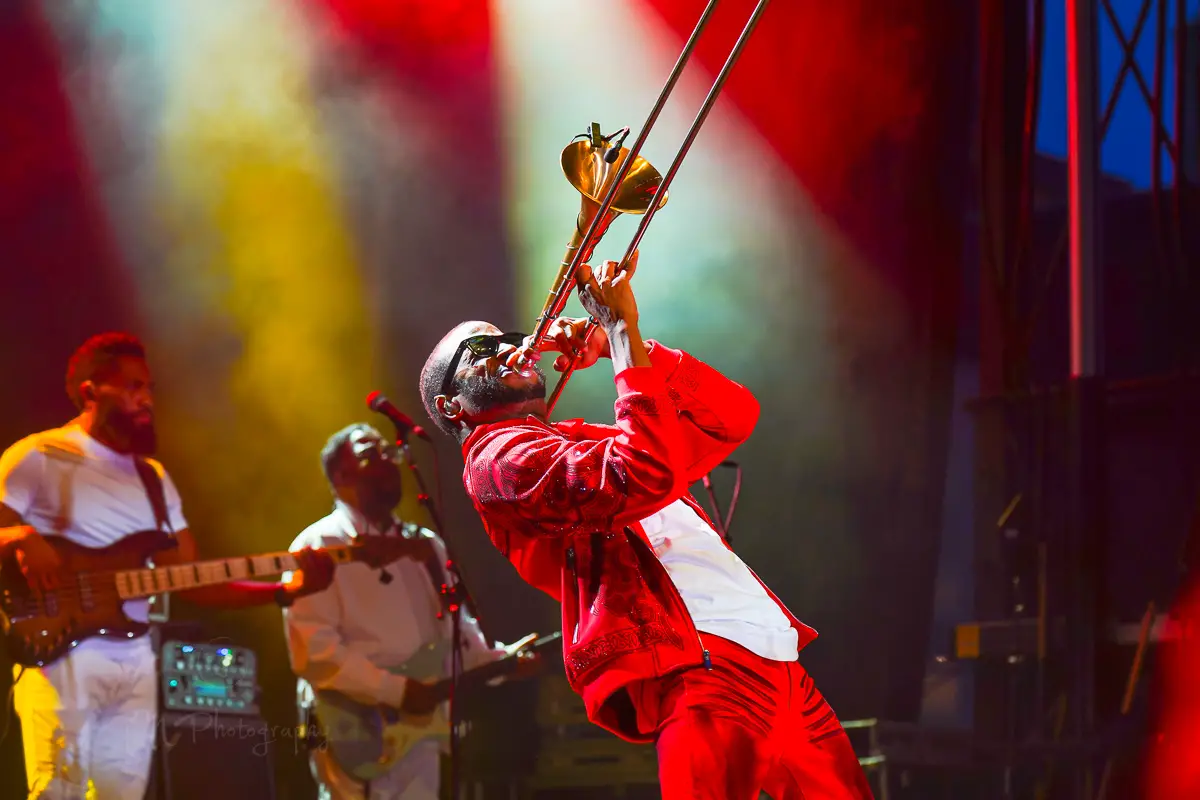
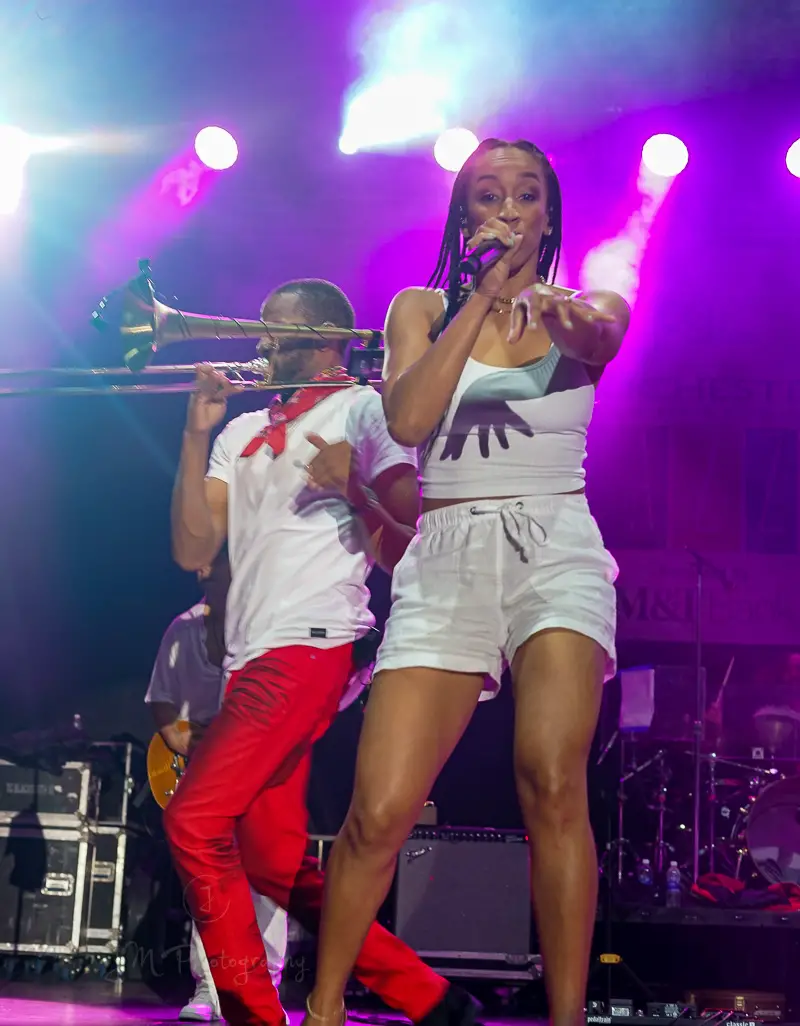

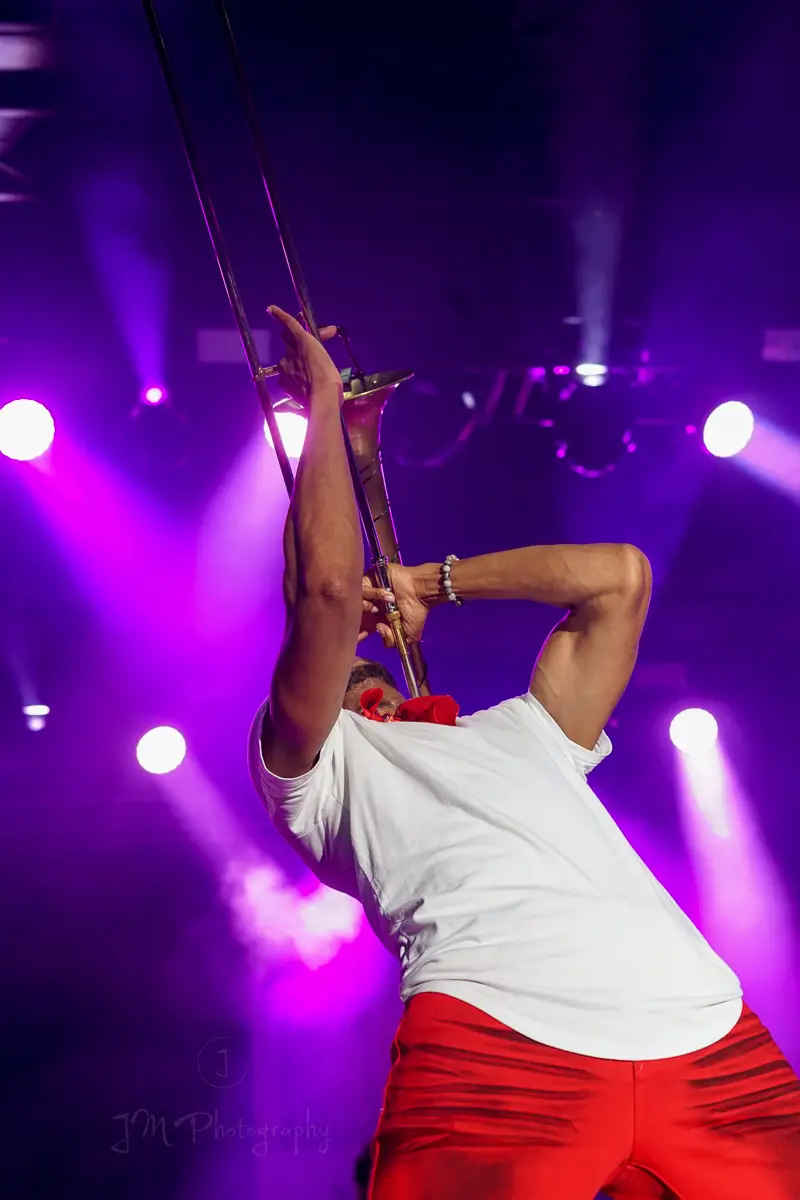
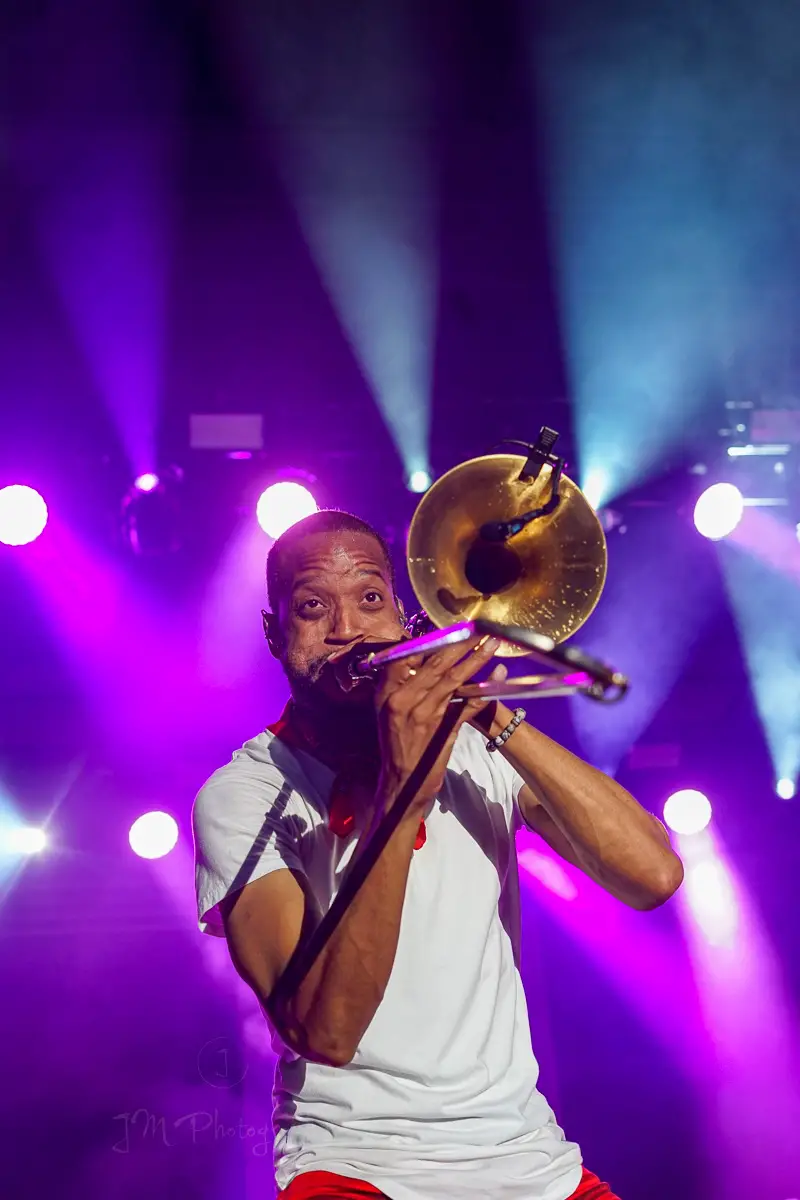


Comments are closed.